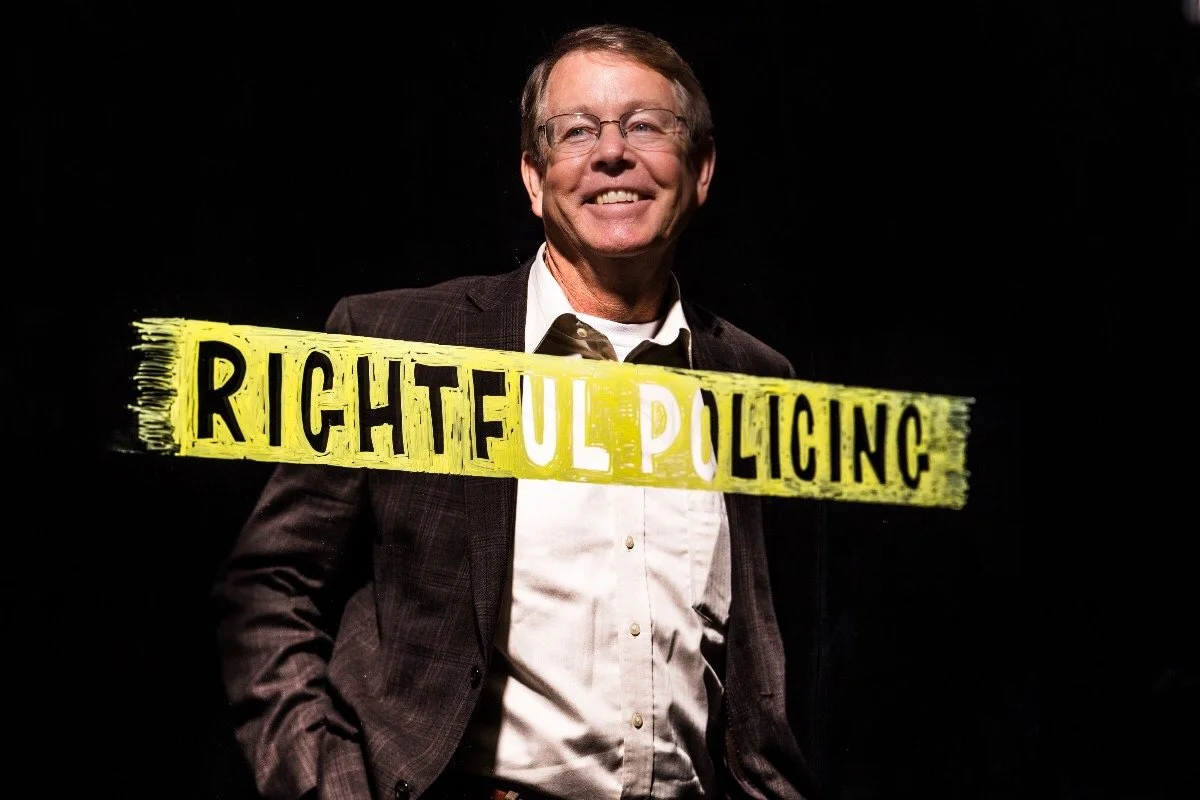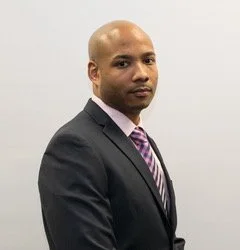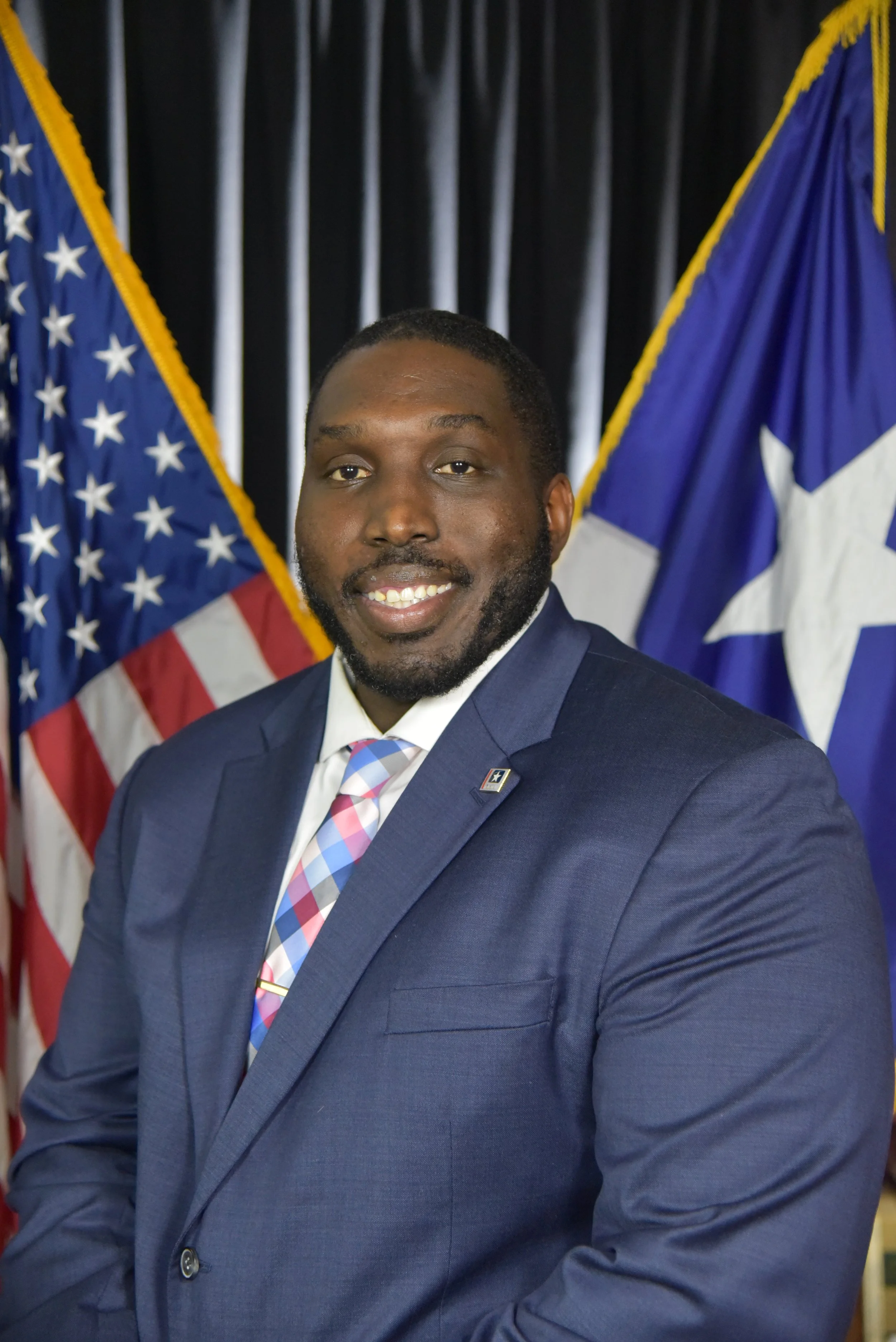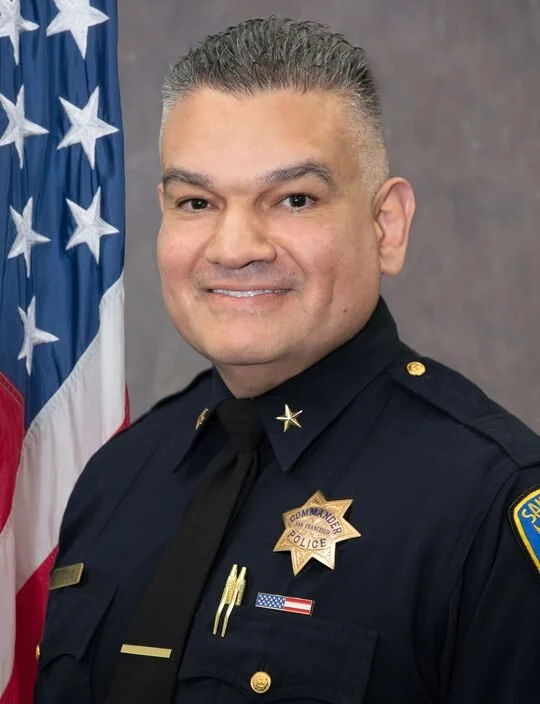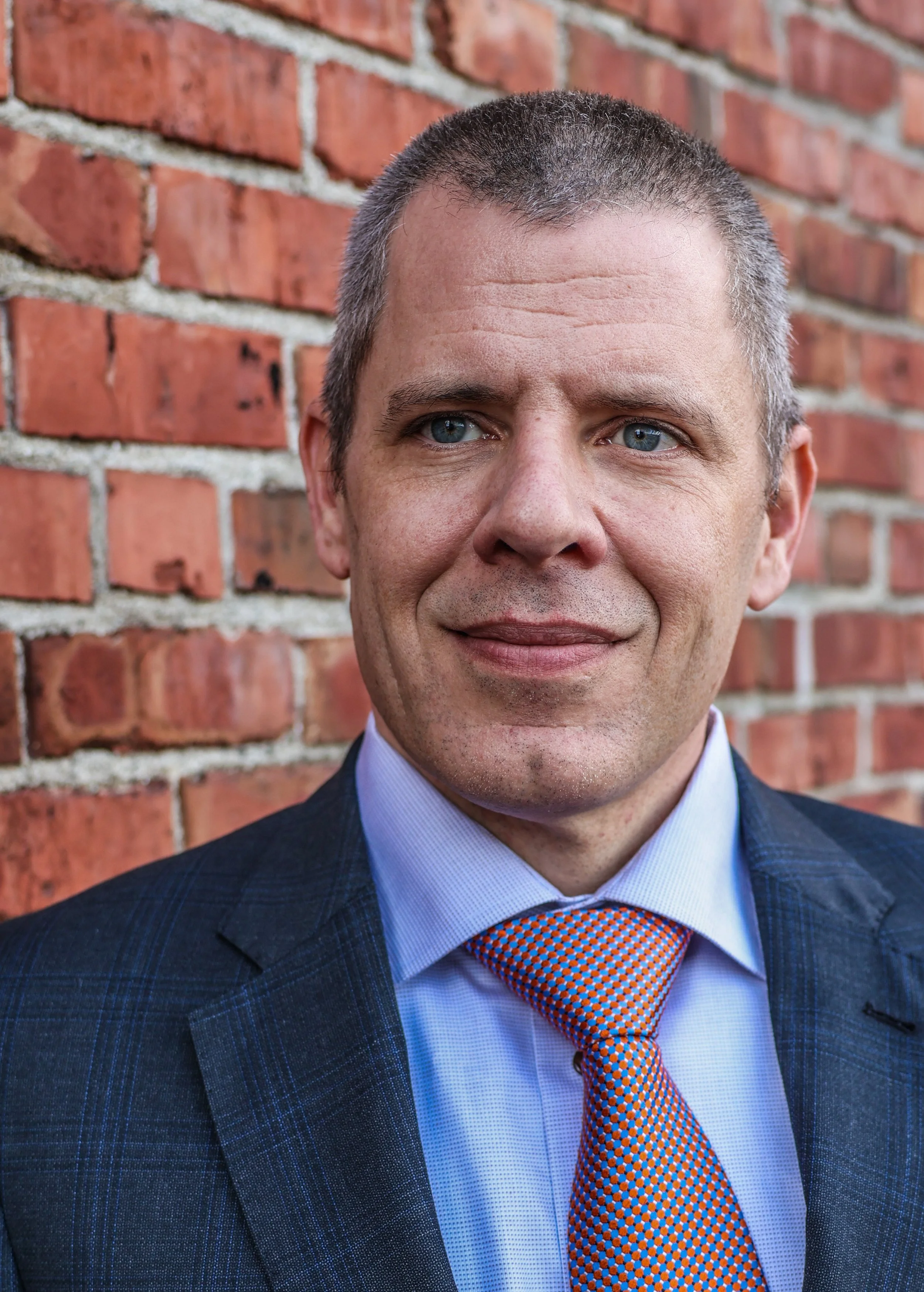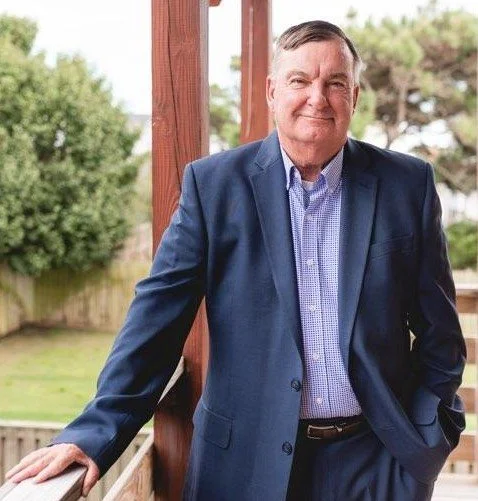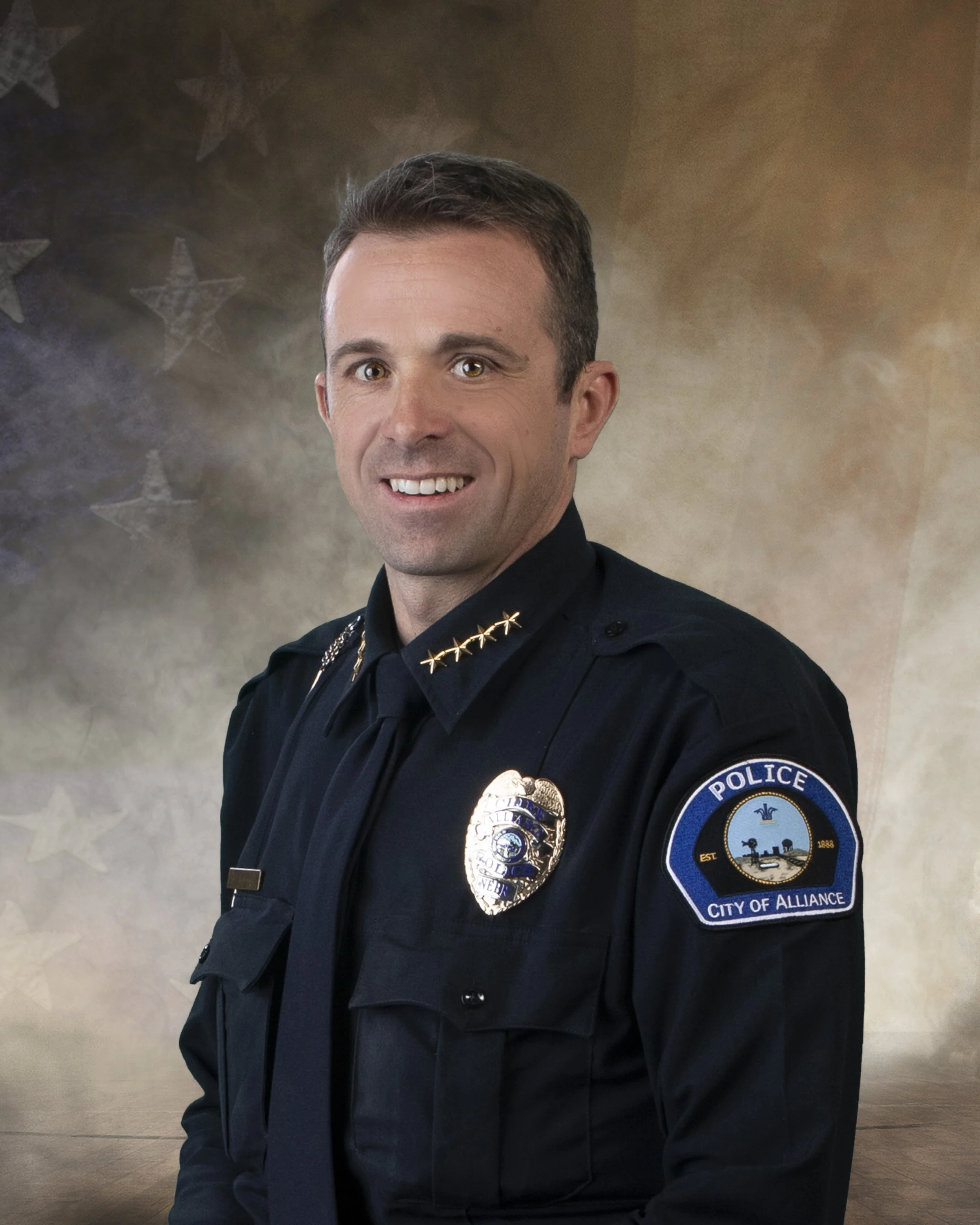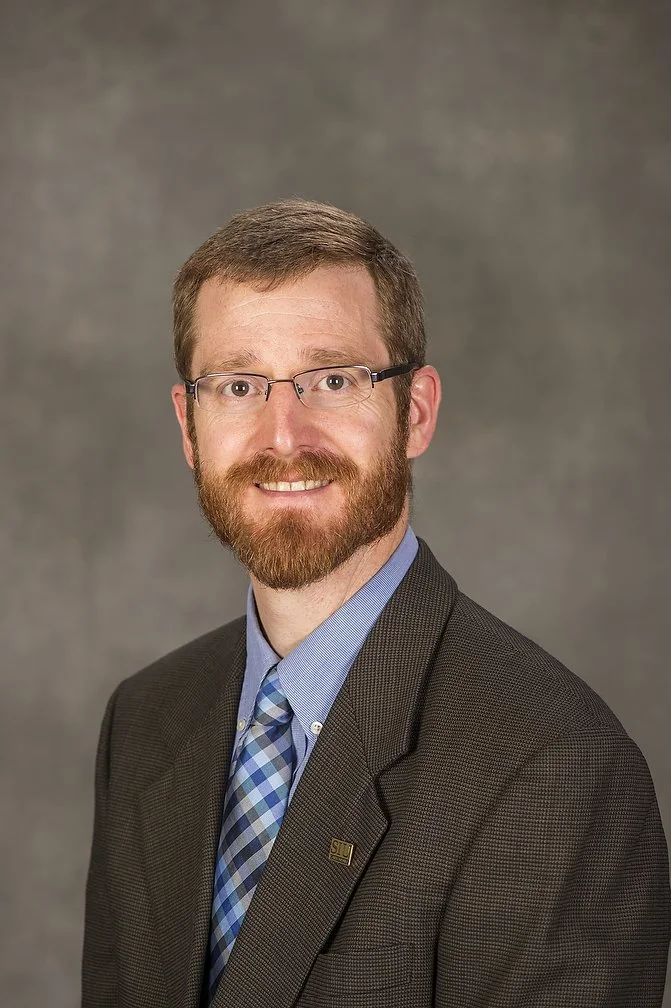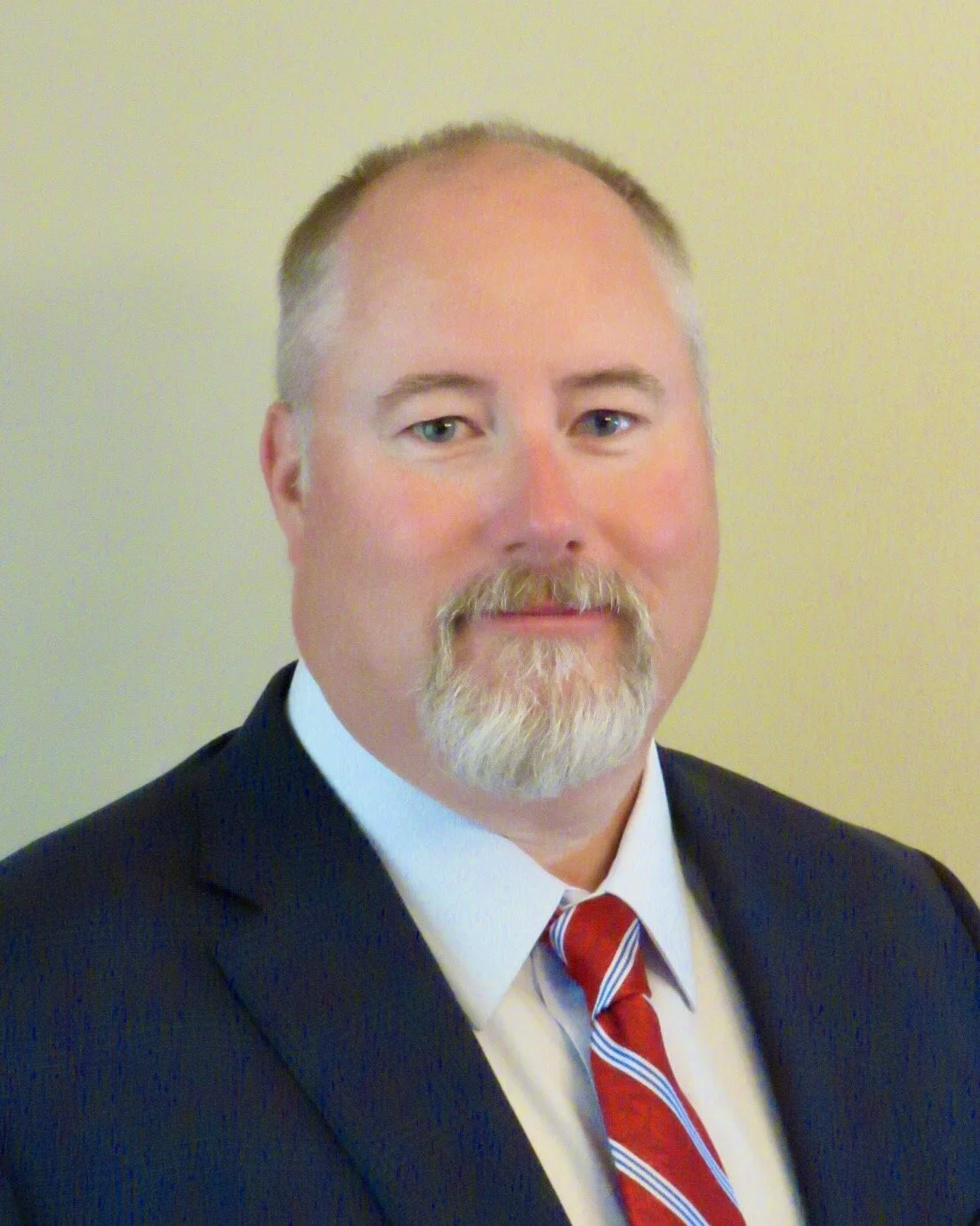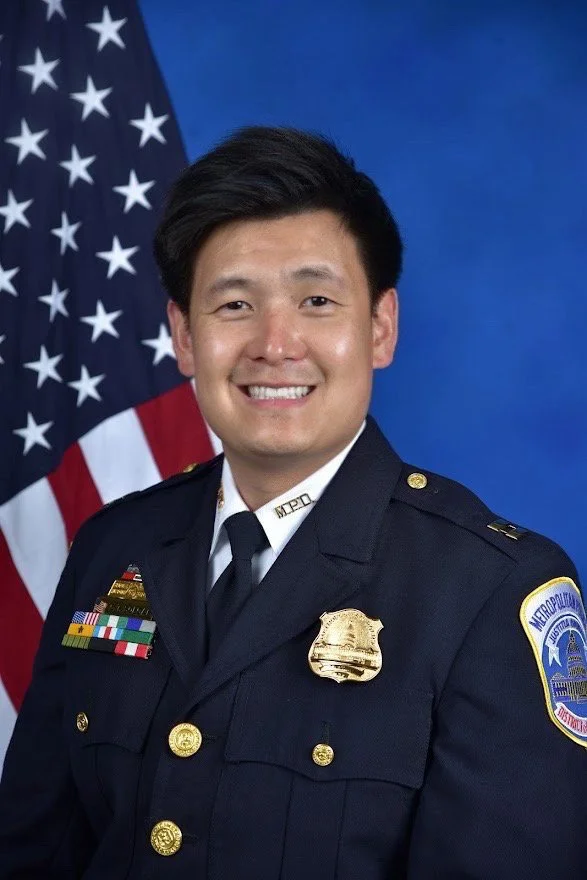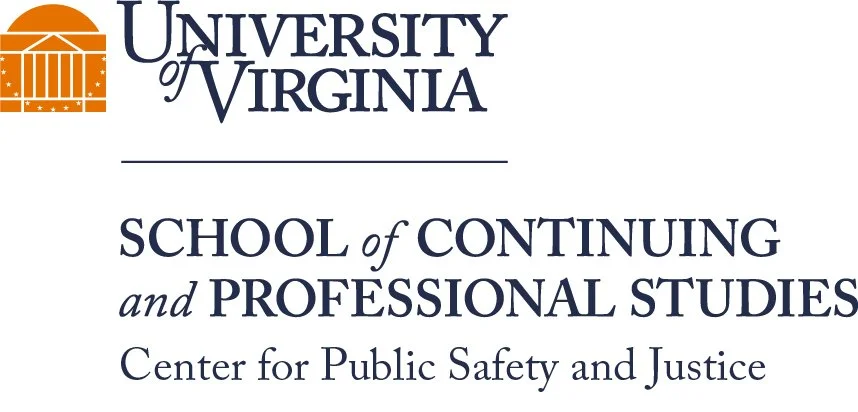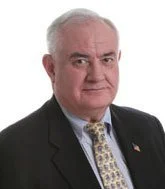About The Institute
The Future Policing Institute (FPI) was established in 2019 as a vehicle for anchoring foresight and innovation to the culture of policing. This website launched in early 2024. It is a practitioner, policymaker and community-focused knowledge organization. It examines issues and technologies that will affect policing in the future. It is predicated on the belief that the best way to predict the future of policing is to create it.
The FPI provides commentary – in the form of blog posts, articles and issue briefs – on those issues affecting the future of policing. It also provides resources for the police, elected officials and interested community members to advance a forward leading, rightful model of policing. In addition, the Institute’s Fellows provide consulting services, mentoring of policing leaders, media interviews on those issues affecting the future of policing. It is also a gateway to the discipline of futures studies for police personnel and laypeople interested in understanding and creating preferred futures.
The Institute blends multiple areas of interest its leadership believes are critical to creating, leading and interacting with a forward leaning, constitutionally correct and “rightful” model of policing. Some of these include futures studies, strategic foresight, political impacts on policing, societal trends and evolution, community policing, organizational culture, the re-engineering of policing, evidence based policing, harm reduction, officer safety and wellness, organizational development, systems thinking, preventable error, learning organizations, community building, climate change impacts on policing, and technology.
The Institute places an emphasis on the impacts of technology on policing – now and in the future. While policing is a consumer of technology, it has focused little attention on the consequences of adopting certain technologies. Few police organizations, for instance, have “police technologists” whose responsibility it is not only to seek out new technologies beneficial to the organization, but also to help leaders understand the ramifications of the technology.
This is especially true for artificial intelligence (AI). Many believe that it may, at once, be the greatest of all human creations and the most harmful. This may very well be true for policing. How police leaders view and use AI in the future will have a direct impact on policing’s rightful nature. Balancing the benefits with the inherent risk in such a powerful technological advance will be as challenging to future policing leaders as any they, or their predecessors, have faced. As such, The Institute places high value on helping police leaders, policymakers and community members understand what AI is and what it is currently capable of, and most importantly, what it will be, and do, in the future.
Other disruptive technologies that impact policing the Institute is tracking include, but are not limited to, mobile devices, social media, body worn cameras, drones, facial recognition, self-driving vehicles, robotics, virtual and augmented reality, the Internet of Things (IoT), the Dark Web, deepfake videos, sentiment analysis, open data, geographic information systems (GIS),
The Future Policing Institute articulates perspectives on these, and other issues, to stimulate thought and discussion about how policing can be thoughtfully directed toward a preferred future policing.
Our Mission
“To advance future policing that is effective, empathetic and just.”
The four core principles of the Institute’s mission - future-oriented, effectiveness, empathy and just policing - form a critical mass of deep concepts that hold the promise of meaningful and sustainable cultural change in policing.
Future oriented policing goes beyond reactive measures, using futures concepts and a anticipatory posture to understand crime and social issues and the phenomenon that will affect policing in the near future. Effectiveness goes beyond traditional measures like arrests to encompass community engagement, human rights protection and issue resolution in an open and accountable manner. Empathy and justice - two components traditionally less prioritized in traditional policing models - now take center stage as key aspects. Empathetic policing treats every public interaction as an opportunity to enhance someone's life while just policing requires impartiality and fairness in every action and policy implemented by law enforcement officers.
This move towards a new policing model isn't simply aspirational; the Institute considers it essential in meeting the complex challenges of contemporary society. Rethinking policing at a deeper level means true community collaboration and legislative reform as well as culture shift within police departments. By integrating four elements - a future-leaning, anticipatory orientation, effectiveness at controlling crime and disorder, empathy toward the people the police are paid to protect and a just framework for policing - the Institute seeks to influence policing practices by becoming a thought leader and advocacy center that transforms these principles into actionable policies while advancing a form of policing that communities can trust and actively collaborate with.
Finally, a central tenet of the Institute’s operating philosophy is the desire to help police leaders and their organizations develop a high tolerance for ambiguity and change. The only thing absolutely consistent in our world is change. As you read this, the world is changing in a myriad of ways - some beneficial, some bordering on catastrophic. Successful police leaders of the future will be anticipatory and nimble in their orientation to protecting their communities and leading their people. It will be incumbent on them to help their agencies learn to adapt to an increasingly unstable policing environment and ensure that the policing they can influence is effective, empathetic and just, no matter what changes the future brings.
What We Believe - Our Guiding Principles
The things we believe about future policing are memorialized as our Guiding Principles. These help frame our organizational purpose, vision and direction. They reflect the values of our organization’s leadership. And they serve to attract like-minded individuals to whom these guideposts are crucial to their own journey to the future.
These are the Guiding Principles of the Future Policing Institute.
Only people count. Each of the people the police are sworn to protect - even those they arrest - deserve to be treated with dignity and respect.
Every community deserves ”rightful policing” that is effective, empathetic and just.
The best way to predict policing’s future is to create it.
Every police organization’s success ultimately depends on the level of trust and confidence placed in it by the public because it is effective and responsive, transparent and accountable, protective and collaborative, and respectful and just.
Building trust and confidence in policing should be a primary emphasis of every police organization – now and in the future.
Leaders of the future must develop a high tolerance for ambiguity and help their agencies develop their own set of skills to police in an increasingly uncertain future.
Innovation and “outside the box thinking” must be part of future policing.
Effective future policing strategies will represent a mash up of multiple disciplines and perspectives.
Knowledge is not the sole province of experts. Practitioners, policymakers and community members also know a great deal about policing and its future. Every stakeholder has something to contribute to the future of policing.
Meet our Founder
Chief Jim Bueermann (ret.) has been involved in various aspects of policing since 1978. He retired from the Redlands Police Department (CA) after 33 yrs of service, the last 13 of those as Chief of Police and Director of Housing, Recreation and Senior Services. In 2012, he was appointed president of the National Police Foundation (now the National Policing Institute). He retired at the end of 2018 and began consulting for a variety of governmental, community and private organizations. In early 2019 he founded the Future Policing Institute as a way of helping prepare policing for an increasingly uncertain future - but also one in which policing is effective, empathetic and just.
Click here to see his full bio.
Our Fellows
-
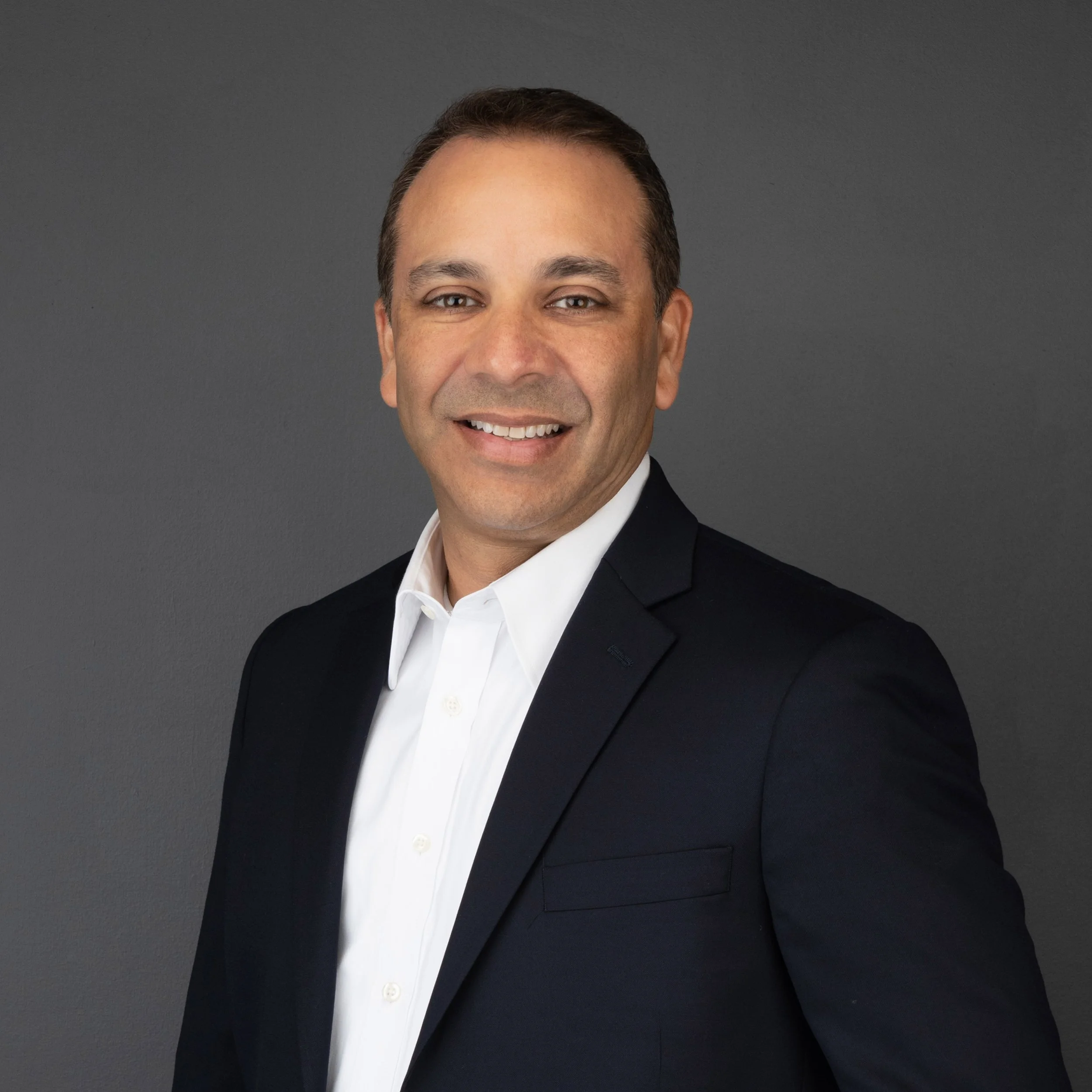
Arif Alikhan, JD
President, Chief Counsel & Co-Founder, Taclogix, LAPD Reserve Officer, policy expert (security and policing), former Deputy Mayor for Homeland Security and Public Safety for Los Angeles, former Director of Homeland Security at Los Angeles World Airports, former Assistant Secretary for Policy Development at the U.S. Department of Homeland Security.
-
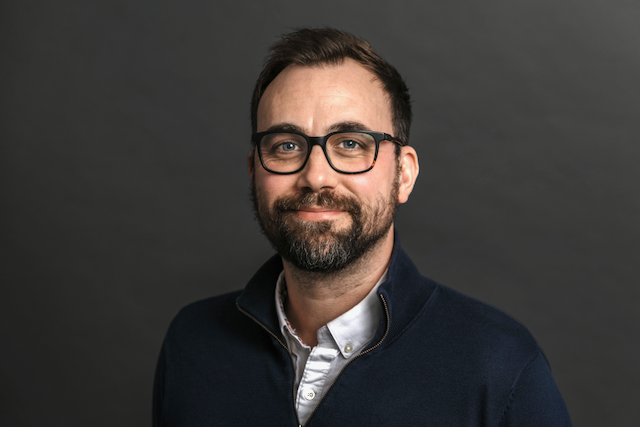
Dylan Alldridge
Head of Innovation and Strategic Lead for Artificial Intelligence, United Kingdom Office of the Police Chief Scientific Adviser
-
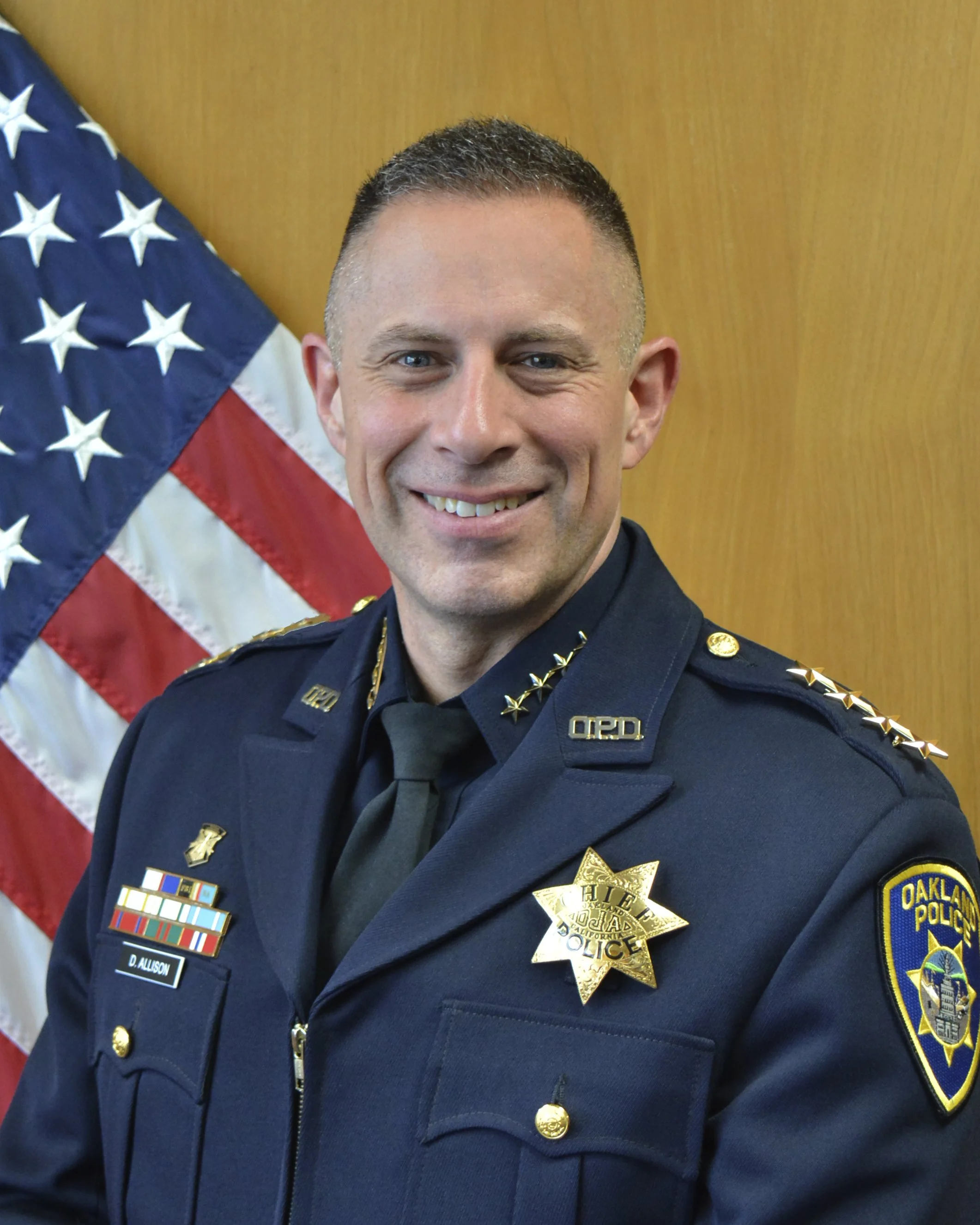
Chief Darren Allison (ret.)
Consultant, retired Chief of Police, Oakland (CA)
-
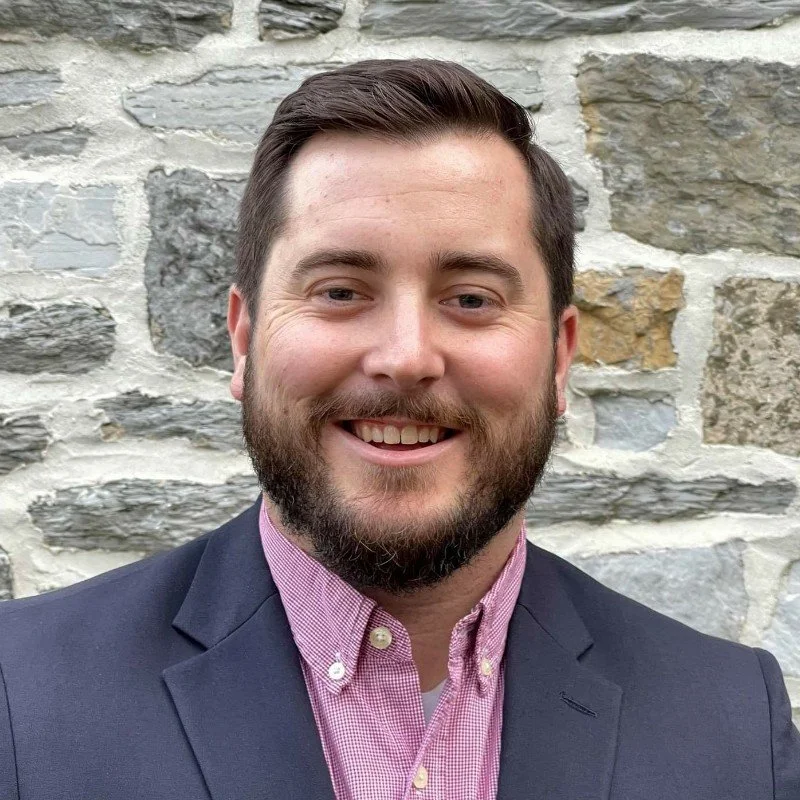
Philip Berry
Senior Consultant, Matrix Consulting Group, Applied Criminologist
-
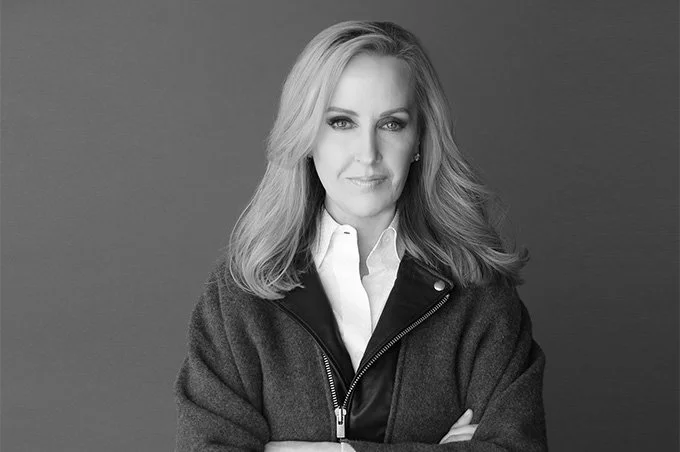
Teri Black
President and Founder/Owner, Teri Black & Co., LLC (Executive Recruiting)
-
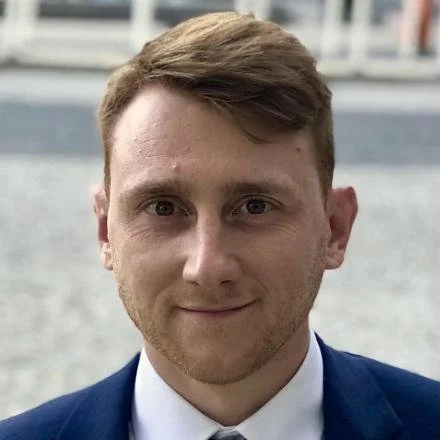
Jarrett Blaustein, PhD
Associate Professor and Director of Education, School of Regulation and Global Governance (RegNet), The Australian National University, Associate Editor, Policing & Society, Research Fellow, Global Risk Governance Programme, University of Cape Town
-

Alexa Boylan
Chief Communications Officer at Indianapolis Metropolitan Police Department (IN) and a former TV News Reporter.
-
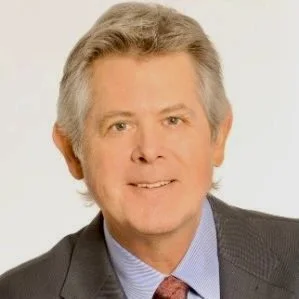
Chief Joe Brann (ret.)
President/CEO, Joseph Brann & Associates, former Director, USDOJ COPS Office, Washington, DC, retired Chief, Hayward PD (CA), former Santa Ana PD (CA)
-
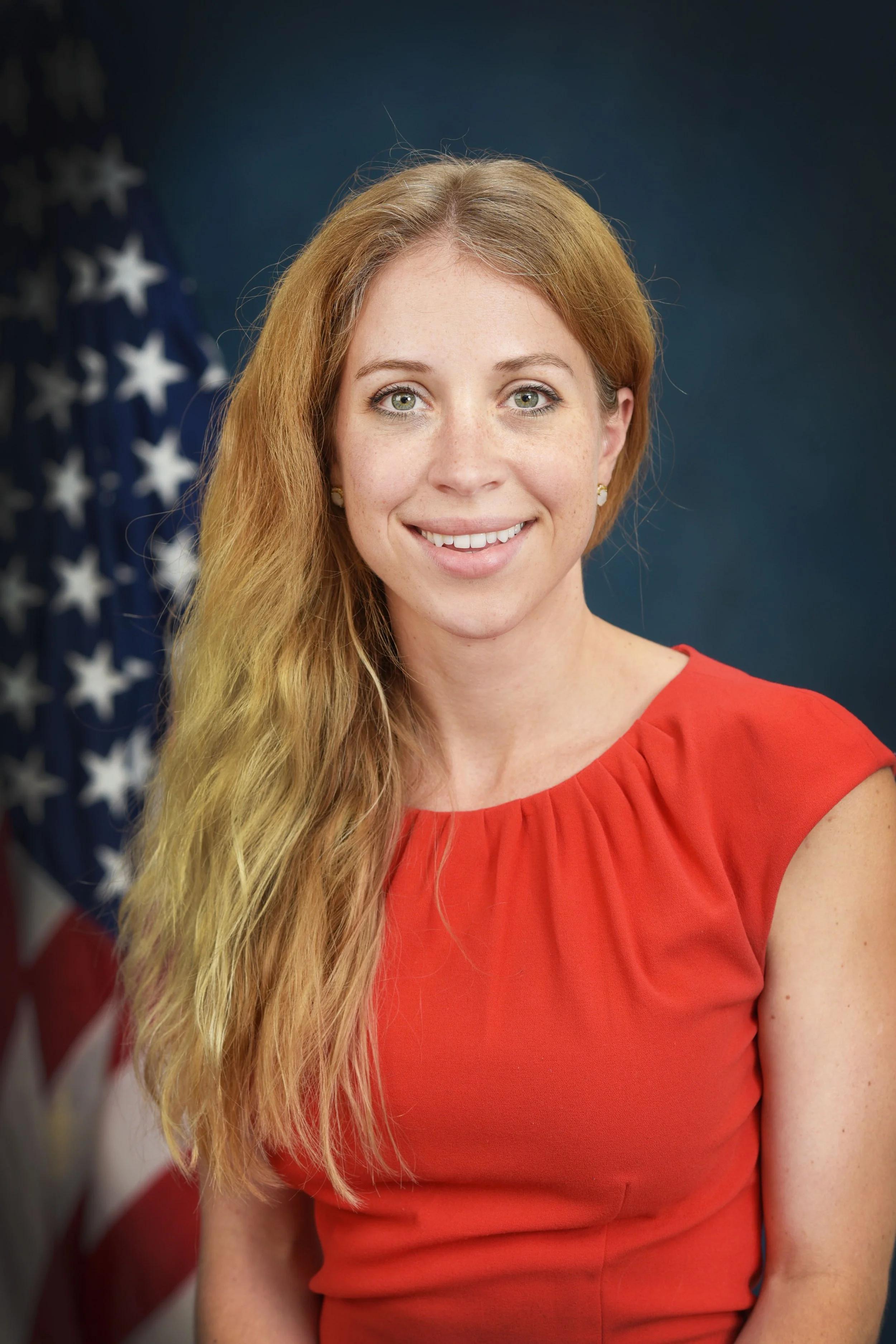
Jessica Bress
Director, Strategic Projects Office, and Director of the DC Police Leadership Academy, Metropolitan PD (Washington, DC)
-

Marjolijn Bruggeling
Executive Director, The Policing Lab at the Partnership for Policing Innovation and Reform, Fellow, University of Chicago Crime Lab, former Inspector, Amsterdam Police, The Netherlands.
-
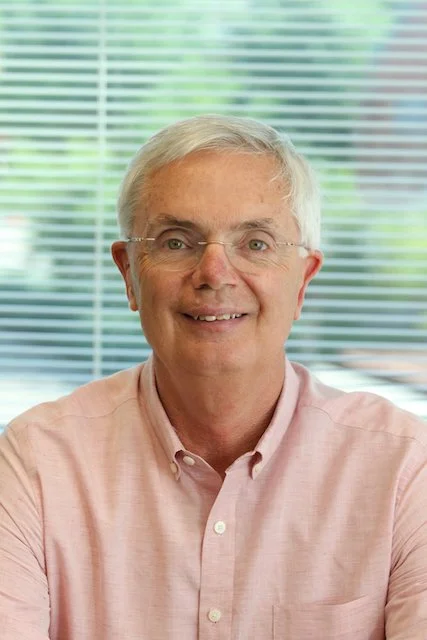
Chief Mike Butler (ret.)
Vice President and Co-founder, School of Statesmanship, Stewardship, and Service (SOSSAS), retired Chief, Longmont PD (CO), former commander, Boulder PD (CO)
-
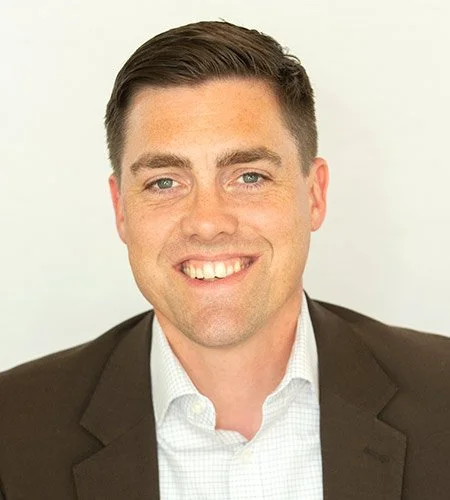
Thomas Canavan
Chief Operating Officer of the National Law Enforcement Officers Memorial Fund and Executive Director of the National Law Enforcement Museum, Reserve Officer with the Maryland Natural Resources Police
-
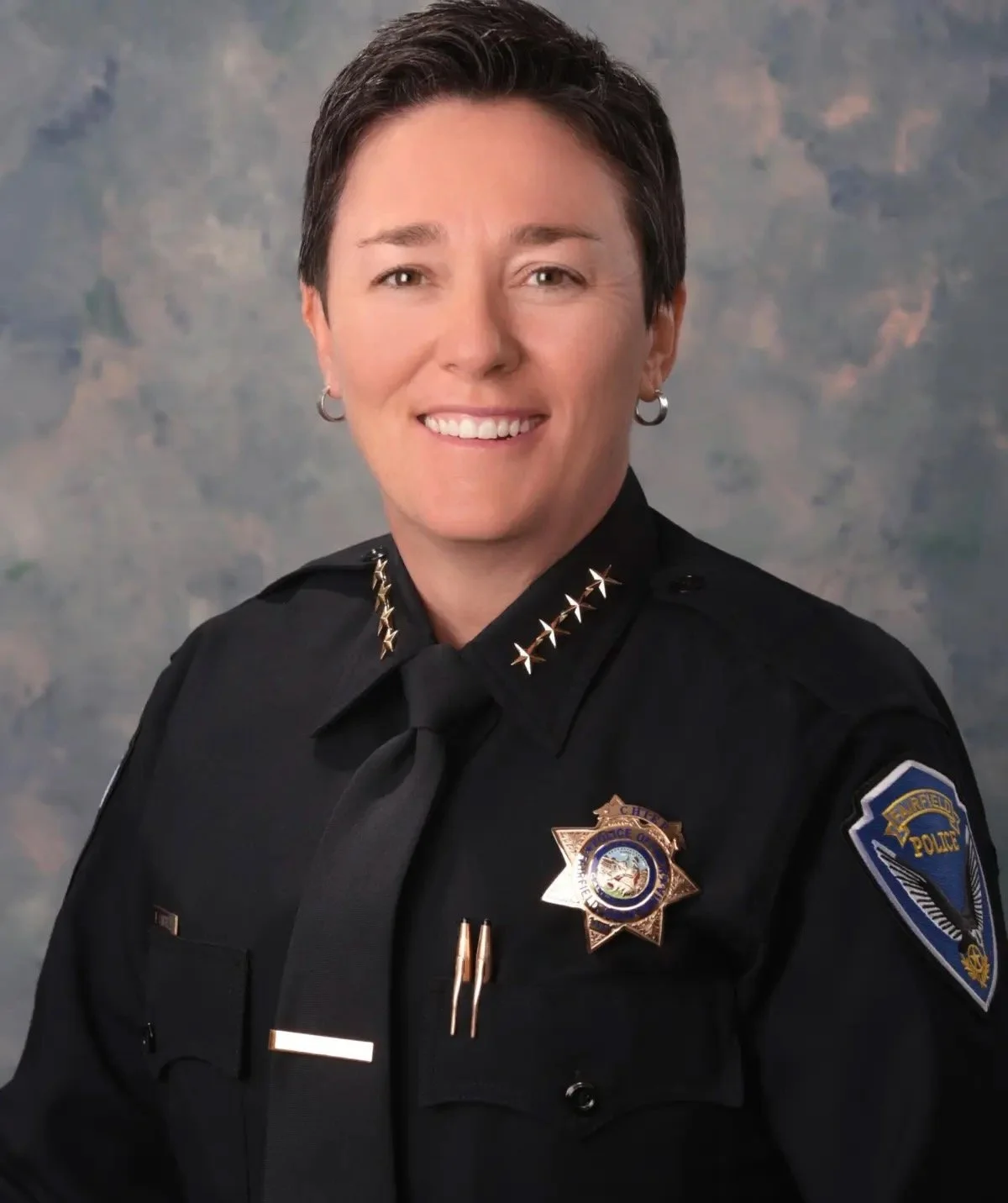
Chief Deanna Cantrell (ret.)
Director of Law Enforcement Partnerships, Axon, retired Chief, Fairfield PD (CA), former Chief San Luis Obispo (CA) , former Deputy Chief, Redlands (CA).
-
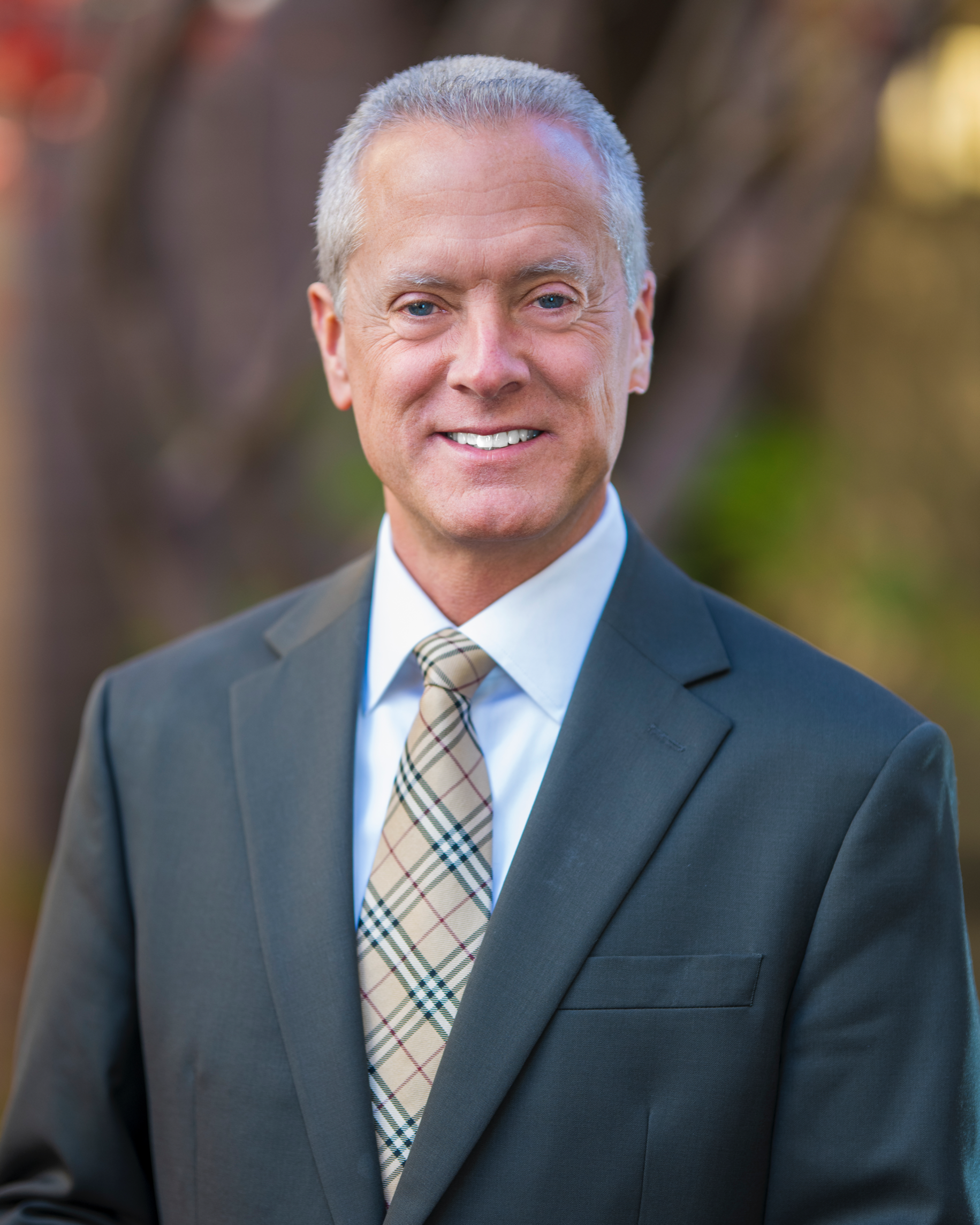
Mayor John Carli
Mayor, City of Vacaville (CA), retired Police Chief, Vacaville (CA), organizational consultant.
-
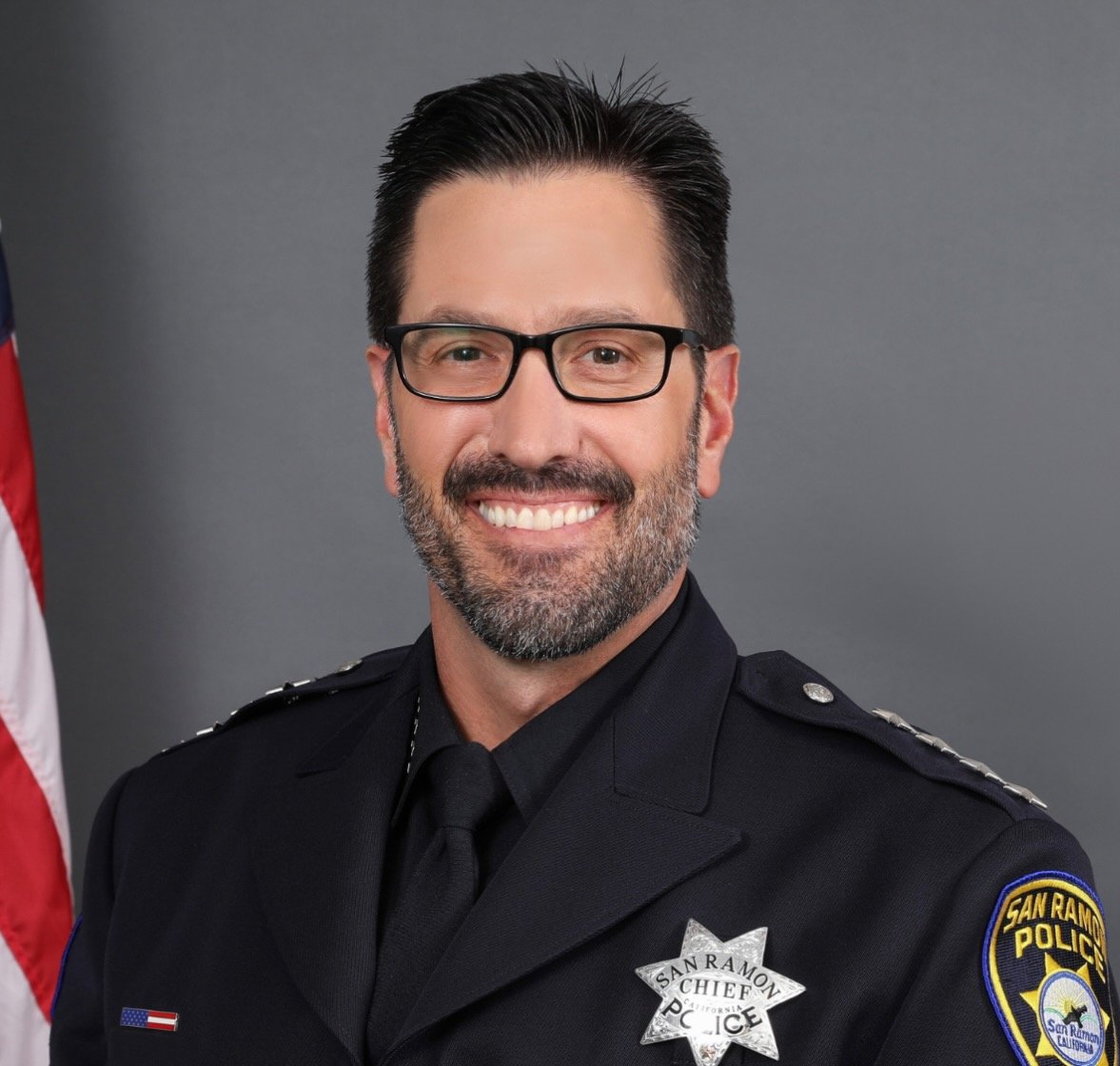
Chief Denton Carlson (ret.)
Program Advisor, California Accreditation for Public Safety, Public Safety Ambassador, Longeye, Inc., Faculty, University of San Diego, retired Chief of Police, San Ramon PD (CA).
-
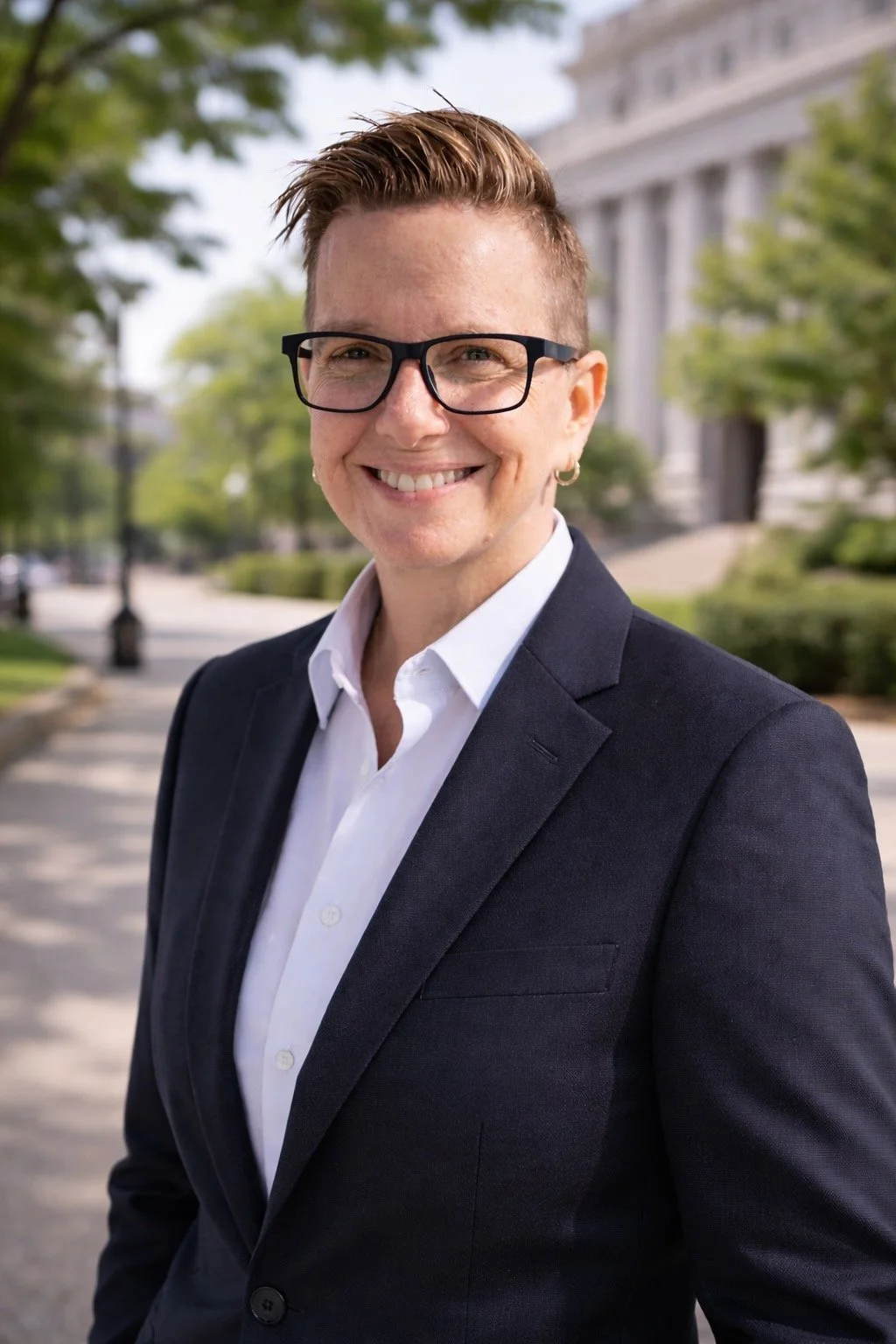
Inspector Michelle J. Caron (ret.)
Public safety and security advisor. Founder of LawSec Consultants. Retired Washington, DC Metropolitan PD Inspector specializing in use-of-force analysis and policy, leadership development, and organizational culture.
-
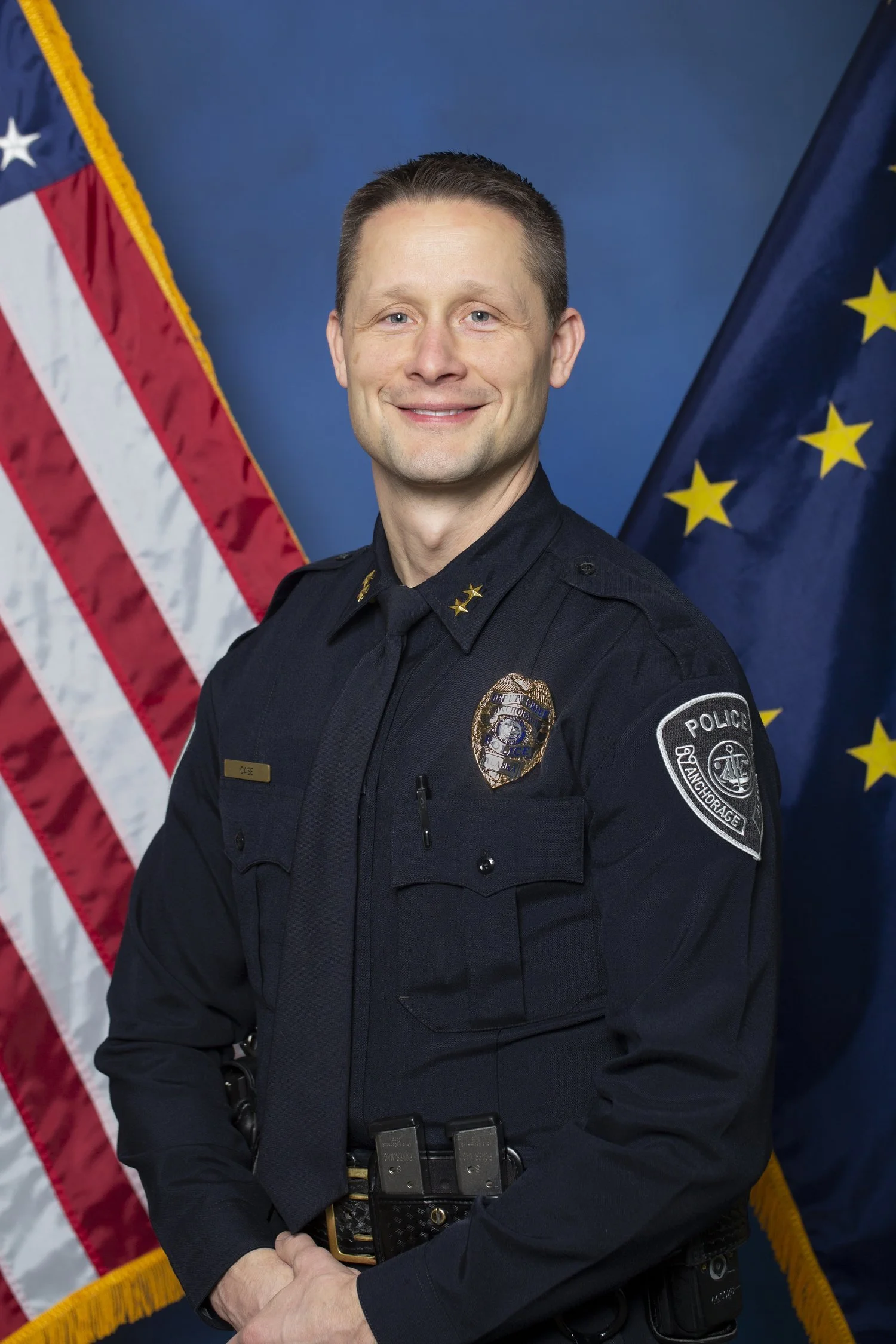
Chief Sean Case
Chief of Police, Anchorage PD (AK), policing consultant
-
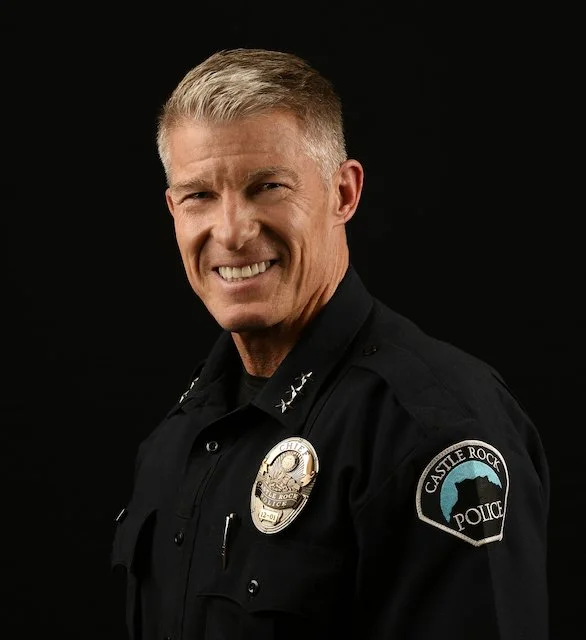
Chief Jack Cauley
Chief of Police, Castle Rock PD (CO), Member, IACP Board of Directors
-

Adam Conn
Founder, The Squad Group Ltd , former officer, The Metropolitan Police Service, London, England
-

Scott Cooper
Co-founder and Director of Business Development, All-Star Talent (police recruiting firm)
-
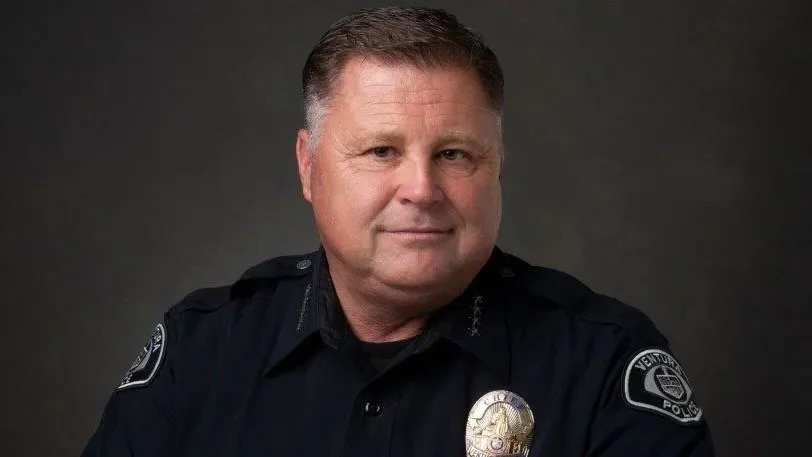
Chief Ken Corney (ret.)
Consultant, retired Chief, Ventura, CA
-
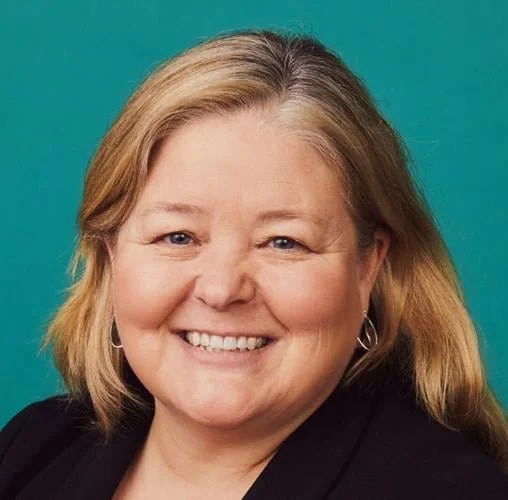
Kym Craven
Director, Public Safety Strategies Group, consultant, former Executive Director, National Association of Women Law Enforcement Executives, retired from Lowell PD, MA
-
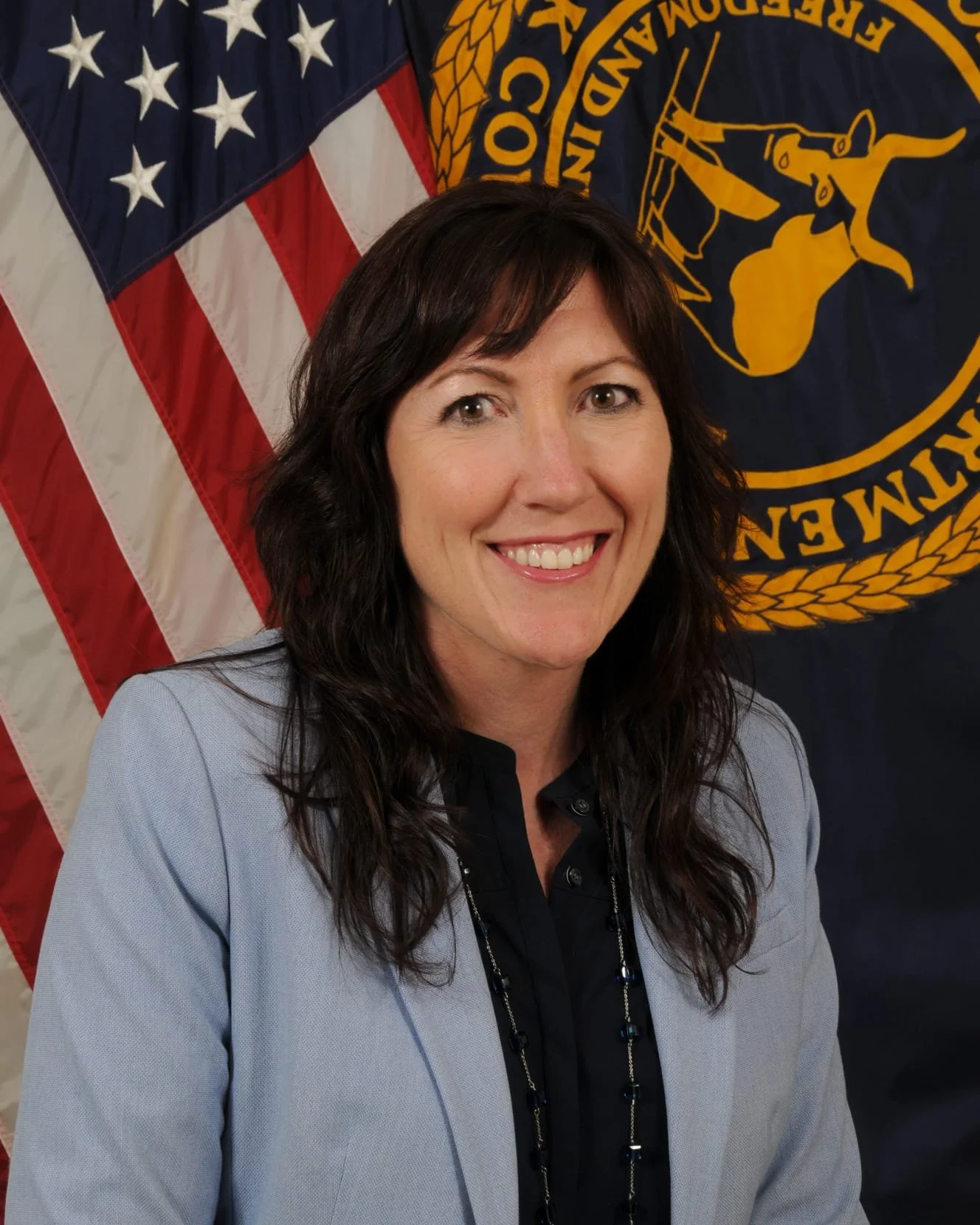
Elizabeth Daitz, JD
Assistant Commissioner of Police for the Suffolk County Police Department (NY). Former Executive Director, Civil Litigation and Executive Director, Strategic Initiatives for the New York PD (NYPD). White House Fellow, Office of the Chief of Staff to the President, 2019-2020.
-
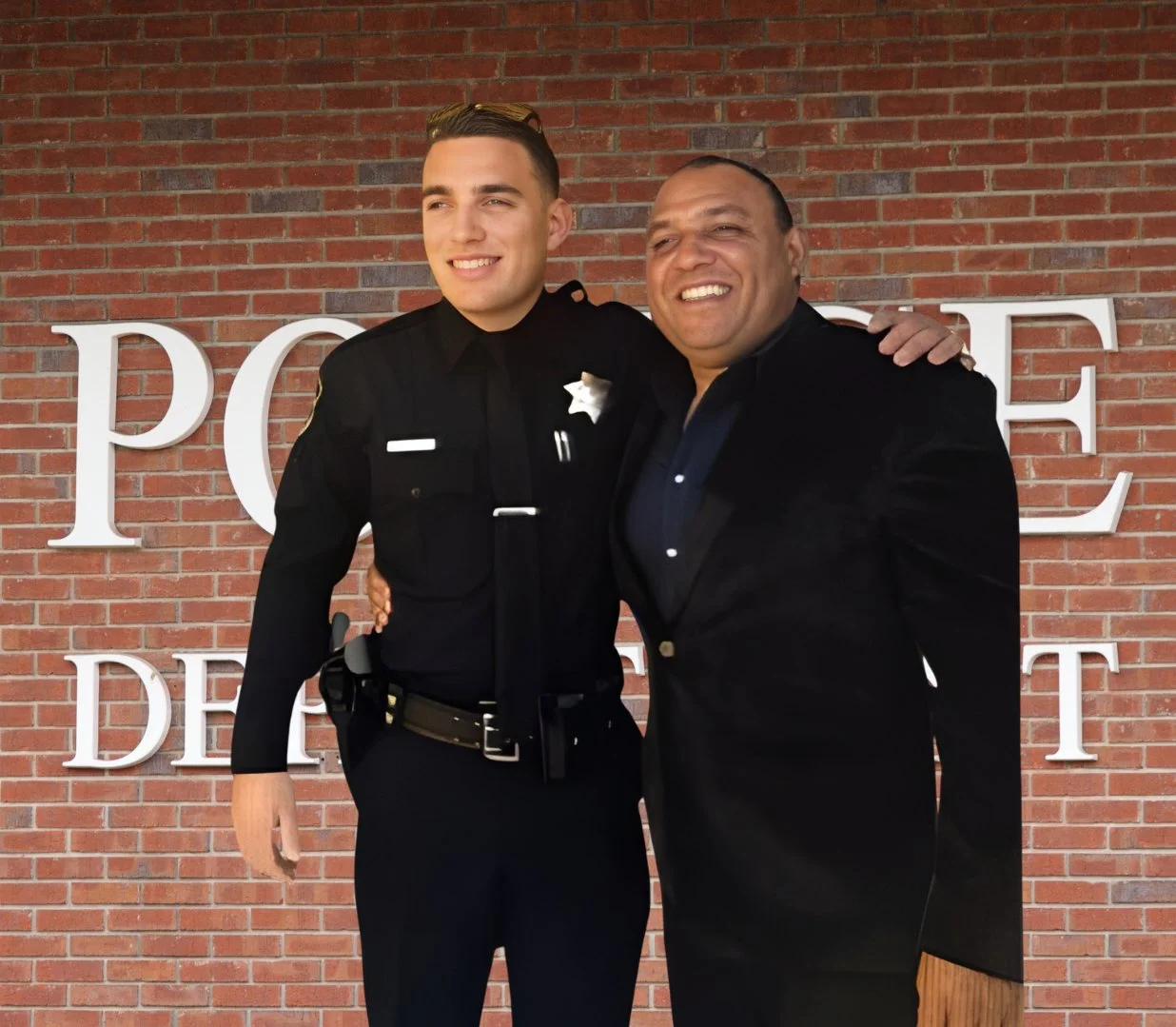
Mark Dearing, EdD
Consultant in education and at-risk youth interventions, former police officer, and educator.
-
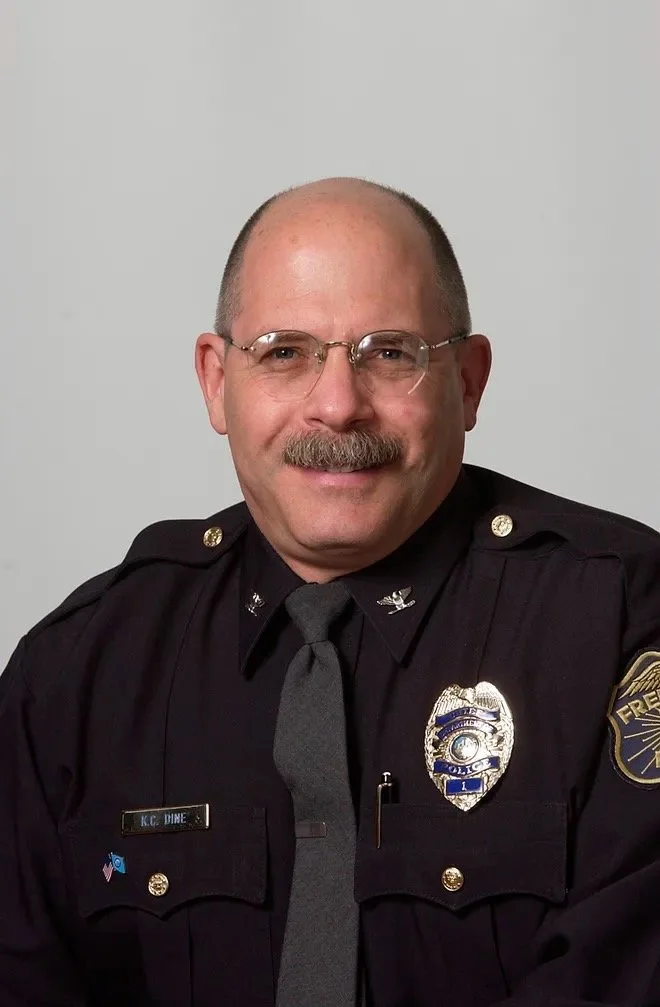
Chief Kim Dine (ret.)
Consultant, former Chief, Frederick, MD, US Capitol PD and Assistant Chief, Metropolitan PD, Washington, DC
-
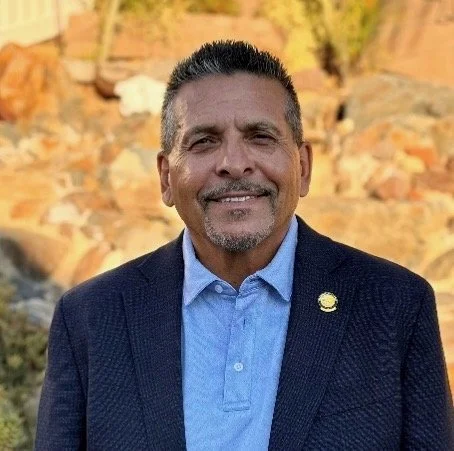
Chief Dave Dominguez (ret.)
Vice President of Leadership & Business Development, Blue Courage, LLC, retired Chief, Palm Springs, CA, Deputy Chief, Riverside, CA
-
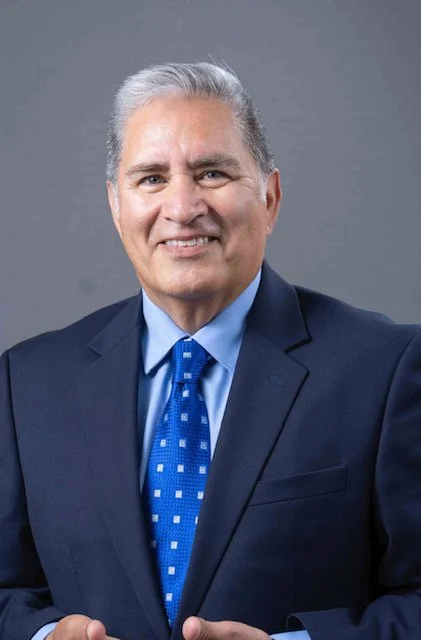
Deputy Chief Jim Dudley (ret.)
Consultant, Deputy Chief (ret.), San Francisco PD (CA)
-
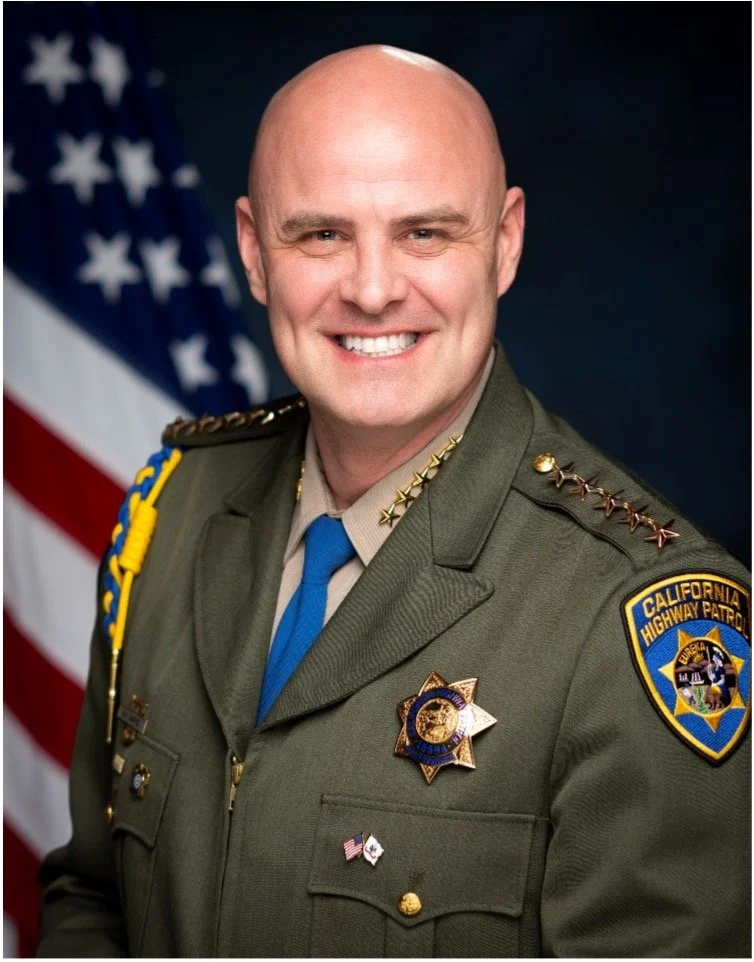
Commissioner Sean Duryee
Commissioner, California Highway Patrol
-
Sgt. Baron Dyer, Ed.D.
New Britain PD (CT), Consultant, Trainer, Adjunct Professor
-
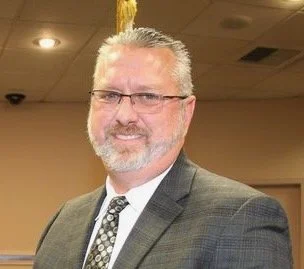
Det. Dan Elton (ret.)
Consultant, retired Detective, Redlands PD
-
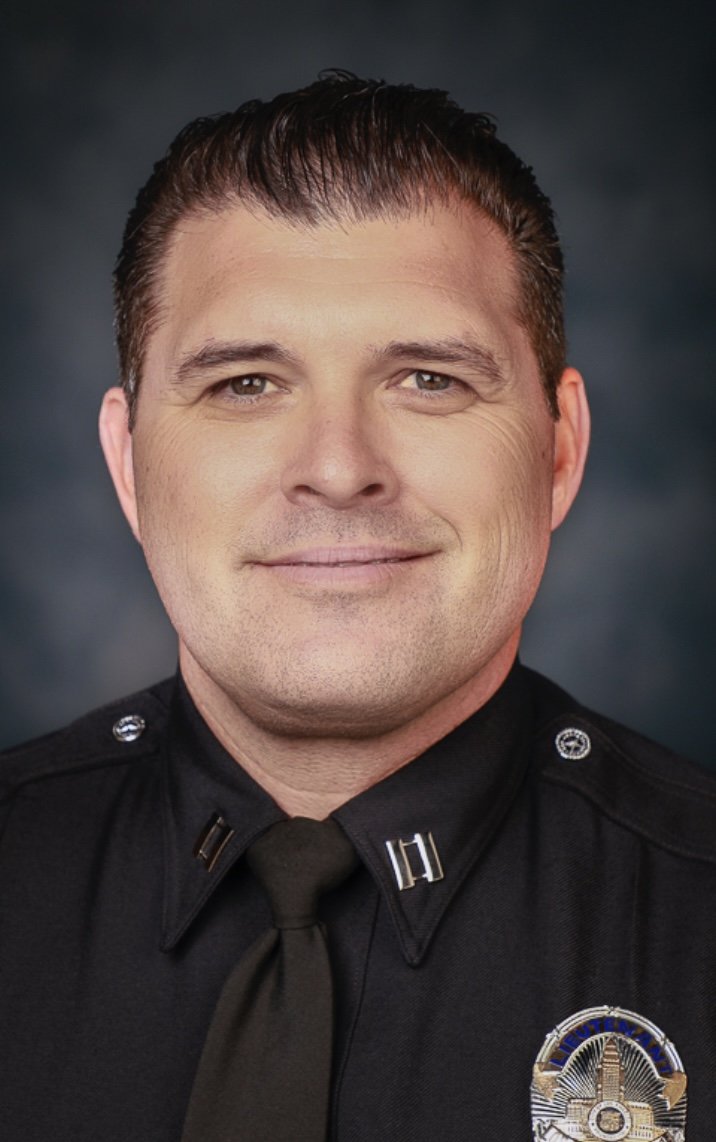
Captain Anthony Espinoza
Captain with the Los Angeles Police Department.
-
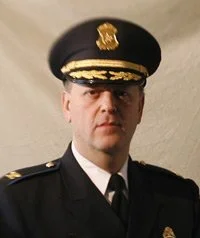
Chief Dean Esserman, JD (ret.)
Consultant, former Chief Providence, RI, New Haven, CT, Stamford, CT, executive, National Policing Institute
-
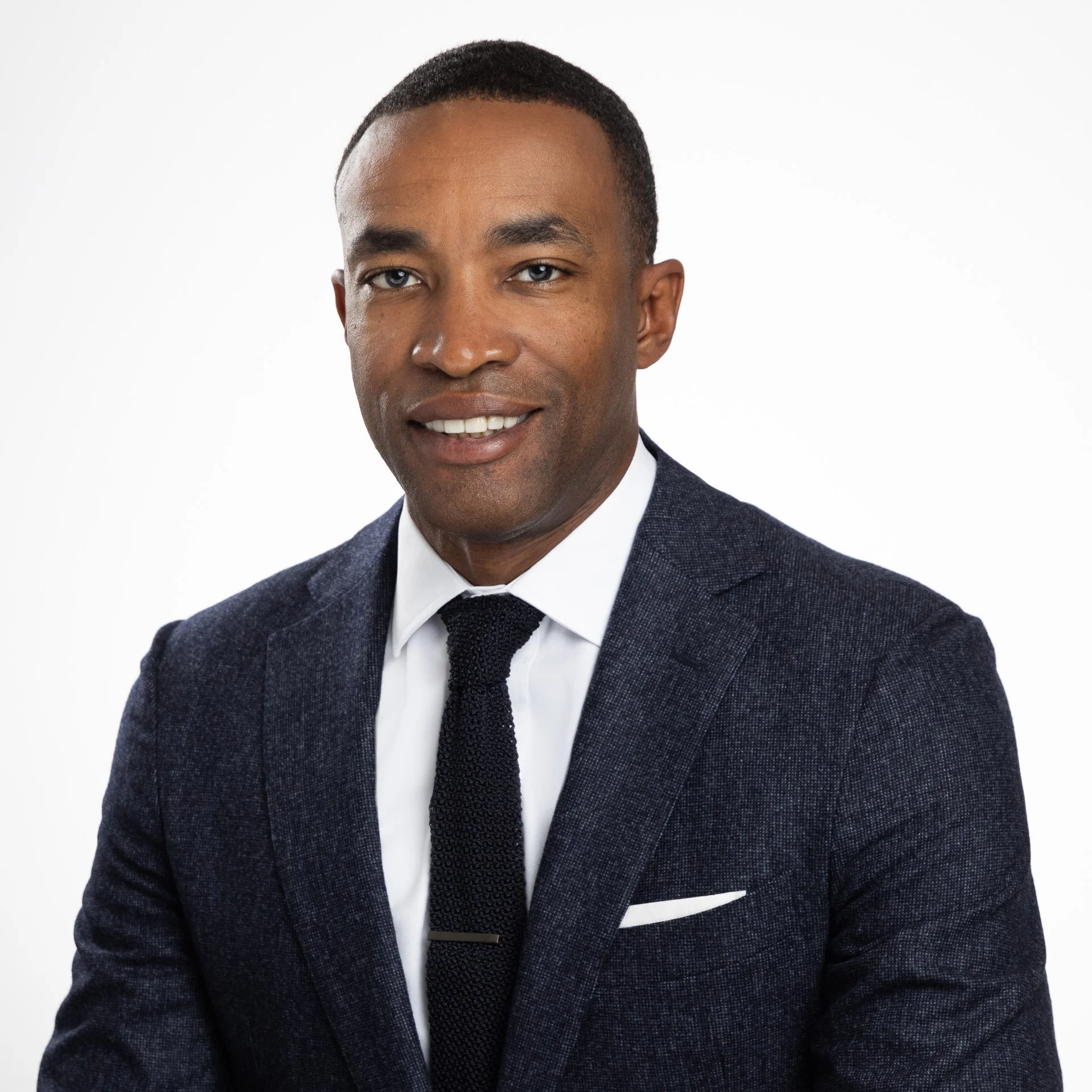
Captain Spencer Fomby (ret.)
Principal Consultant, Law Enforcement Tactical Consultants, Inc., retired Captain, Boise PD, (ID) Berkeley PD, (CA)
-
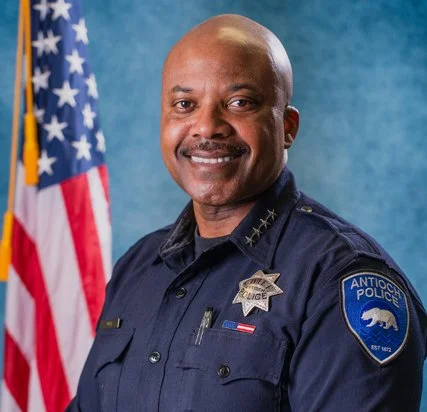
Chief Steve Ford, EdD (ret.)
Consultant, retired Chief of Police, Antioch, (CA), retired captain San Francisco PD
-
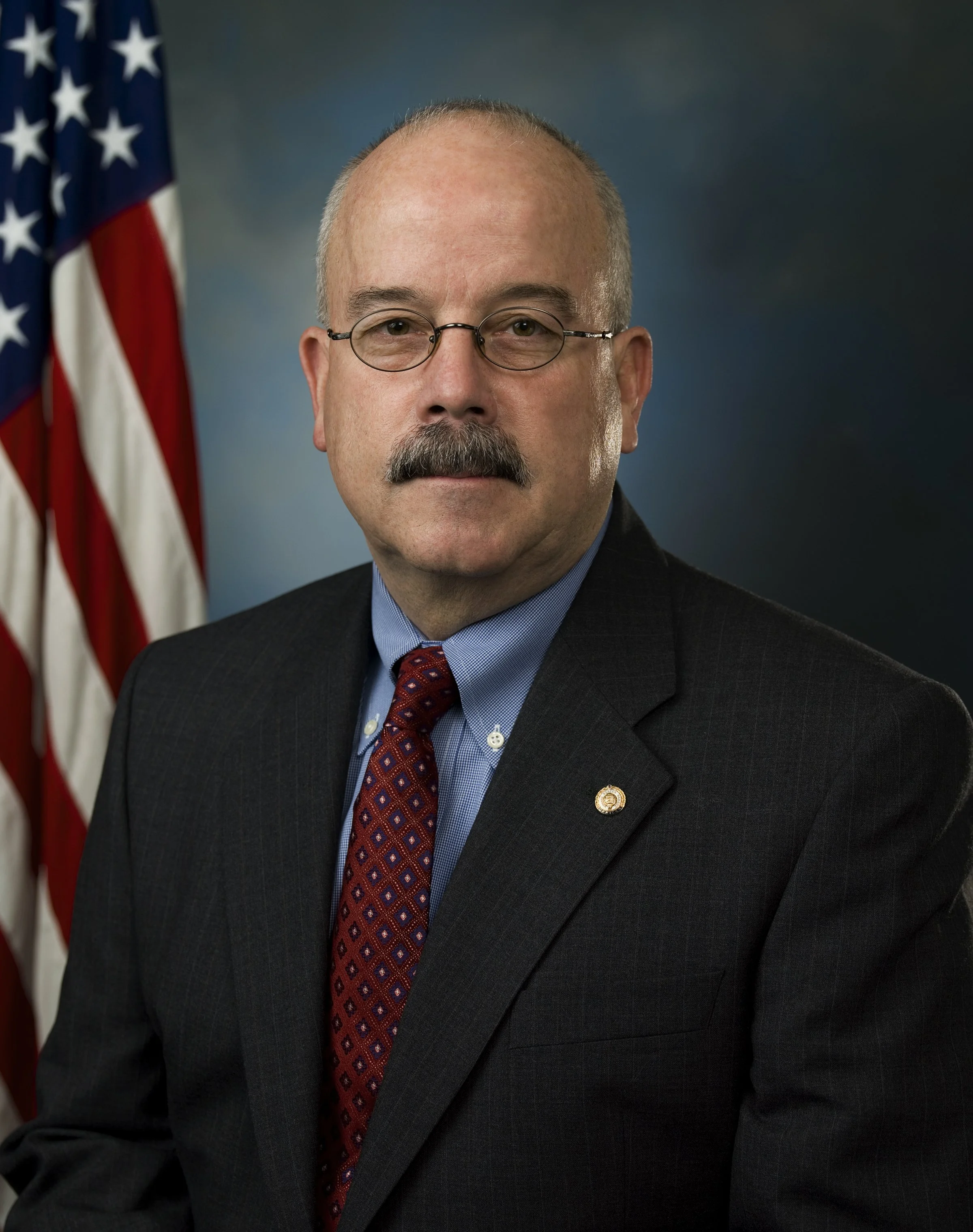
Chief Terry Gainer, JD (ret.)
Consultant with 21CP Solutions, former United States Senate Sergeant at Arms, Chief of the U.S. Capitol Police, Director of the Illinois State Police, and Executive Assistant Chief of Police for the Metropolitan Police Department (DC).
-
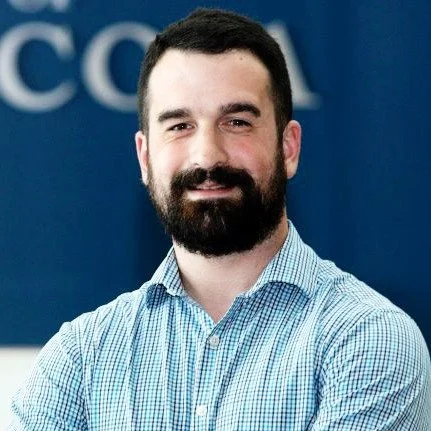
Micah Gaudet
Deputy City Manager, City of Maricopa, AZ. GenAI Expert
-
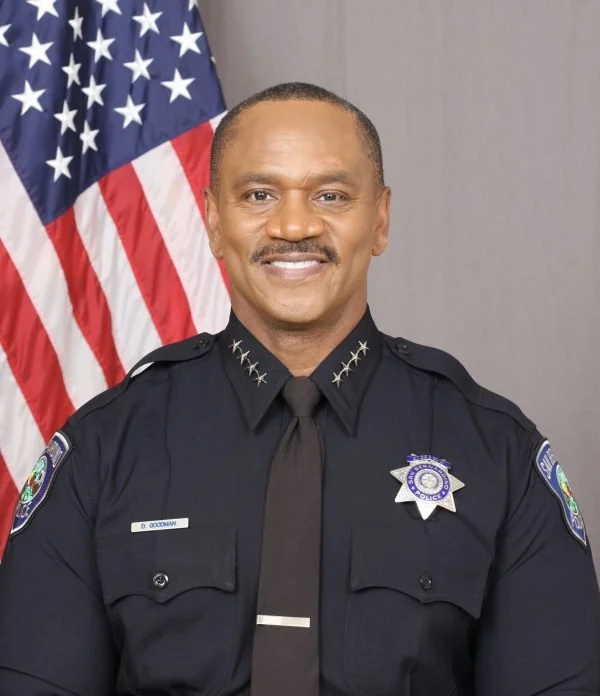
Chief Darren Goodman, EdD
Chief of Police, San Bernardino PD (CA), former chief Upland, CA, retired captain, San Bernardino County Sheriff’s Department (CA)
-
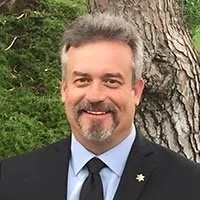
Brian Gray
Consultant, retired Crime and Intelligence Unit Manager, Riverside County SD, CA
-
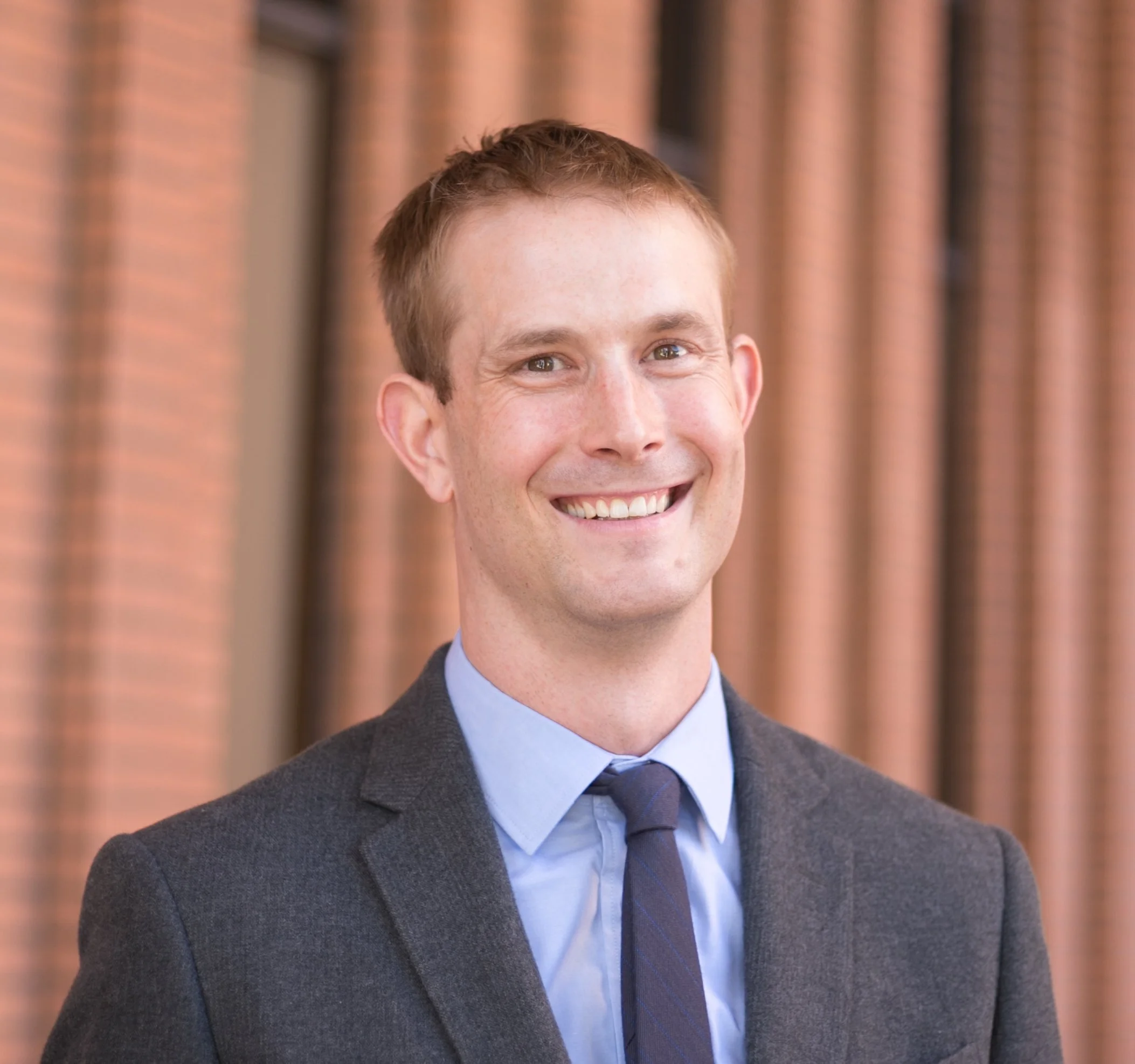
Benjamin Graham, PhD
Associate Professor of Political Science, University of Southern California
-
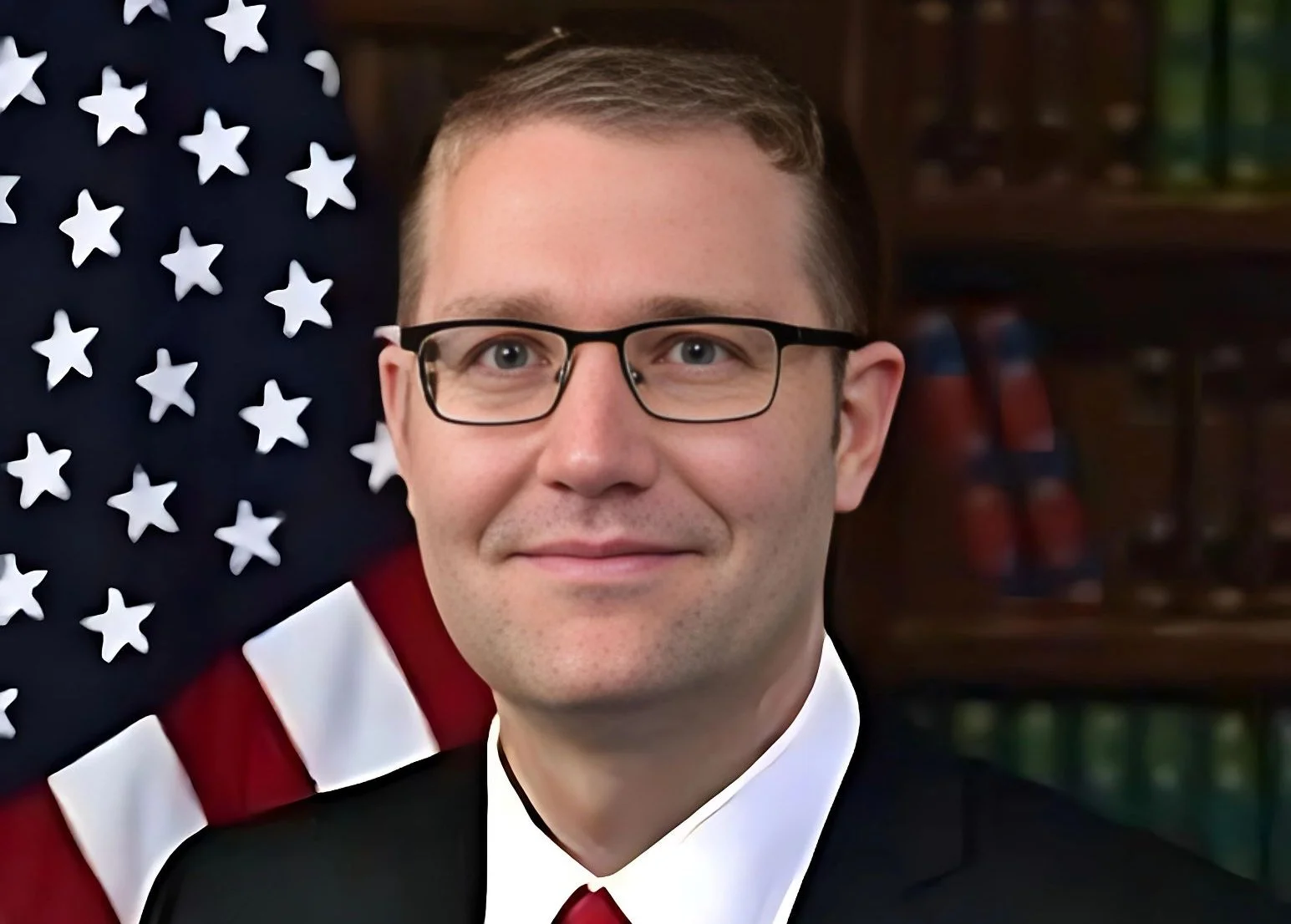
Marvin (Ben) Haiman
Executive Director and Assistant Professor, Center for Public Safety and Justice, University of Virginia (VA), former Fellow and Research Scholar, Rutger’s University, former Chief of Staff, Metropolitan Police Department, Washington, DC
-
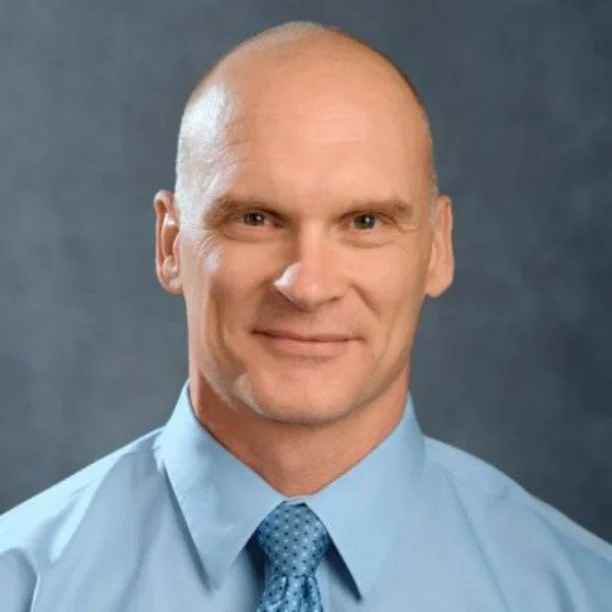
Sgt. Cole Heffren
Peel Regional Police, Ontario, Canada; former Captain, Canadian Army
-
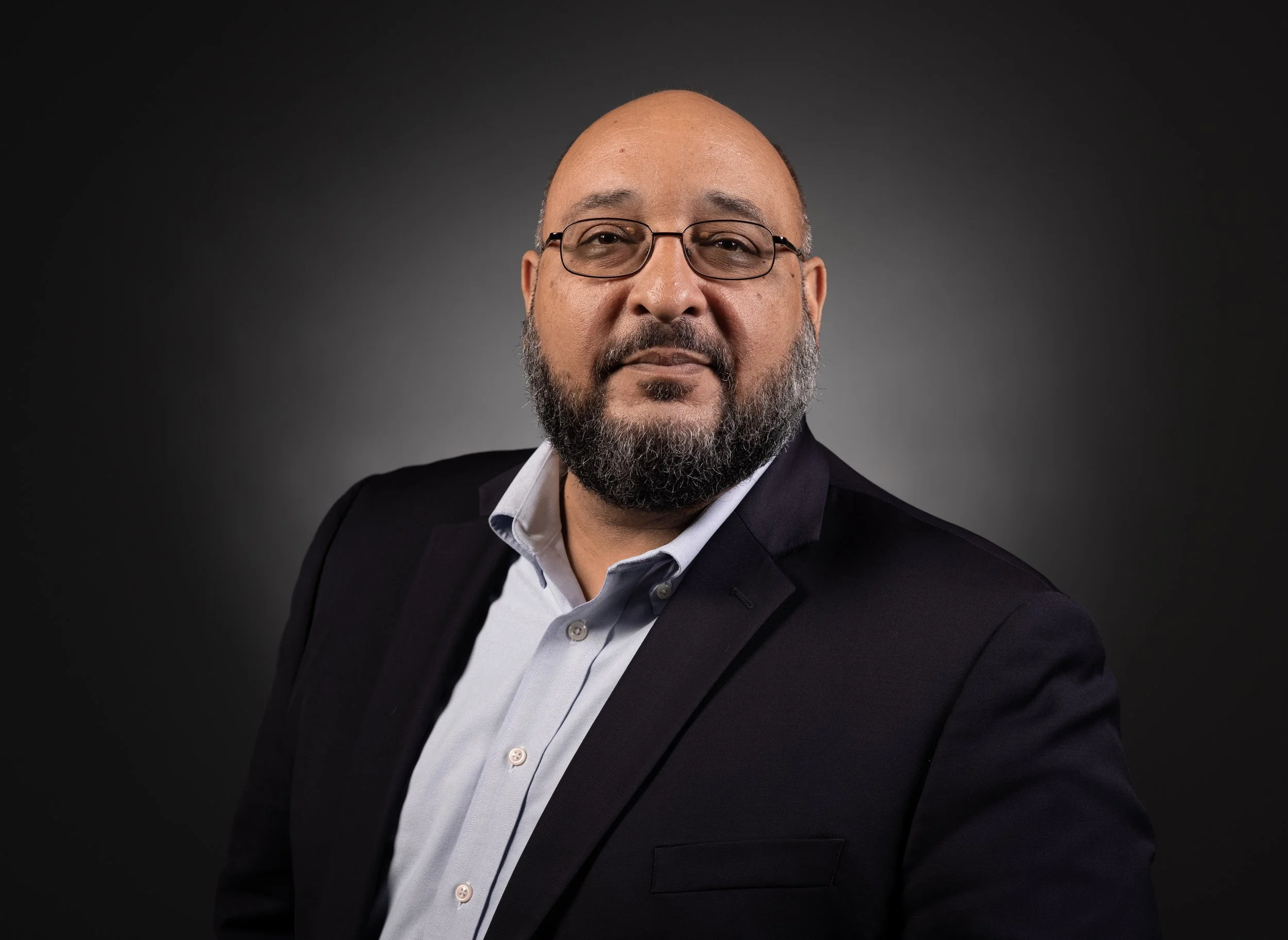
Capt. Ashley Heiberger, JD (ret.)
Consultant, Police Practices Advisor, retired Captain , Bethlehem, PA
-
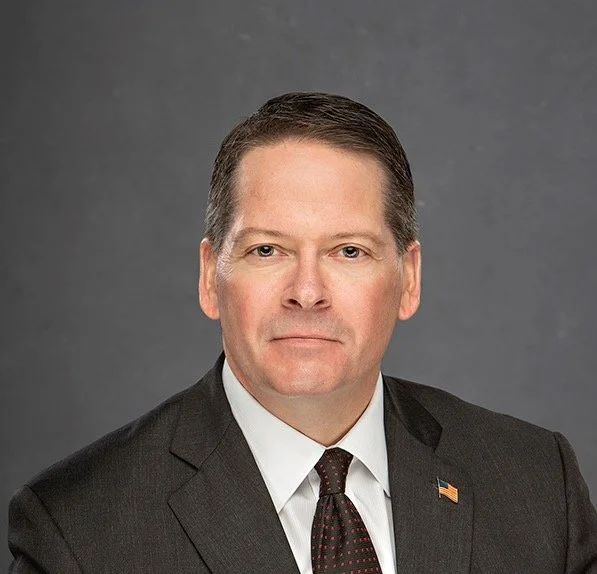
Capt. Tim Hegarty
Glynn County PD (GA), consultant, retired Captain Riley County PD, KS
-
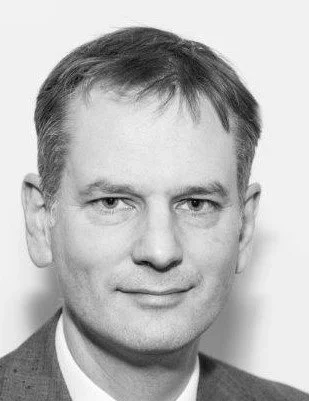
Giles Herdale
Director, Herdale Consulting, Member, UK Home Office, Biometrics and Forensic Ethics Group, UK Technology consultant.
-
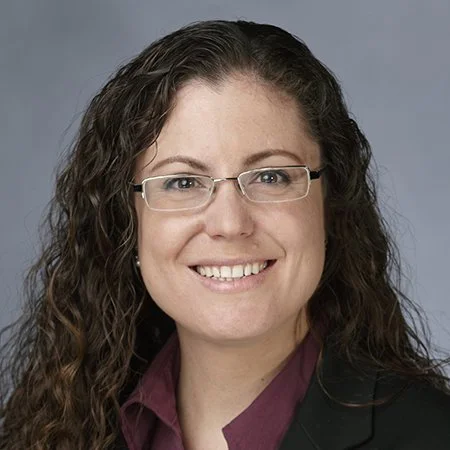
Tamara Herold, PhD
Senior Advisor, Office of the Director, USDOJ National Institute of Justice, Washington, DC, Associate Professor, University of Nevada Las Vegas, consultant
-

Commissioner Ronnell Higgins
Commissioner, Connecticut Department of Emergency Services and Public Protection, former VP for Public Safety, Yale University, former Chief, Yale University Police Department
-

Laura Huey, PhD
Criminologist at the University of Western Ontario, editor-in-chief of the international journal Police Practice & Research, former executive director of the Canadian Society of Evidence Based Policing.
-

Chief Chris Hsiung (ret.)
Executive Director and Founding Member, The Curve, former Undersheriff, San Mateo County Sheriff’s Office, (CA), retired Chief of Police, Mountain View, (CA)
-
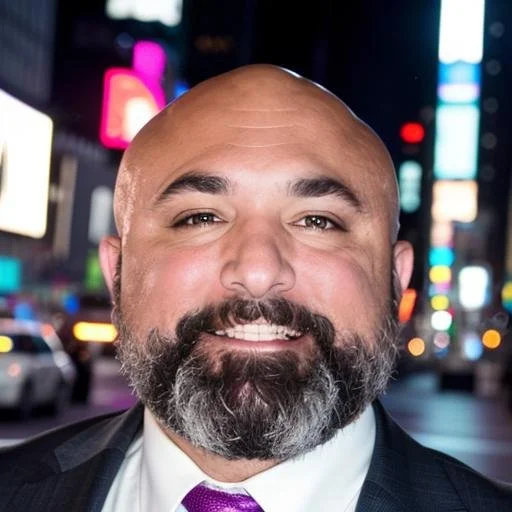
Justin Insalaco
Metis, Community safety and police technology consultant, retired New Jersey police officer
-

Carissa Jaquish
Emergency Manager, Boulder Valley School District-RE-2 Colorado Division of Homeland Security and Emergency Management, Information Analysis Center - Threat Liaison Officer
-
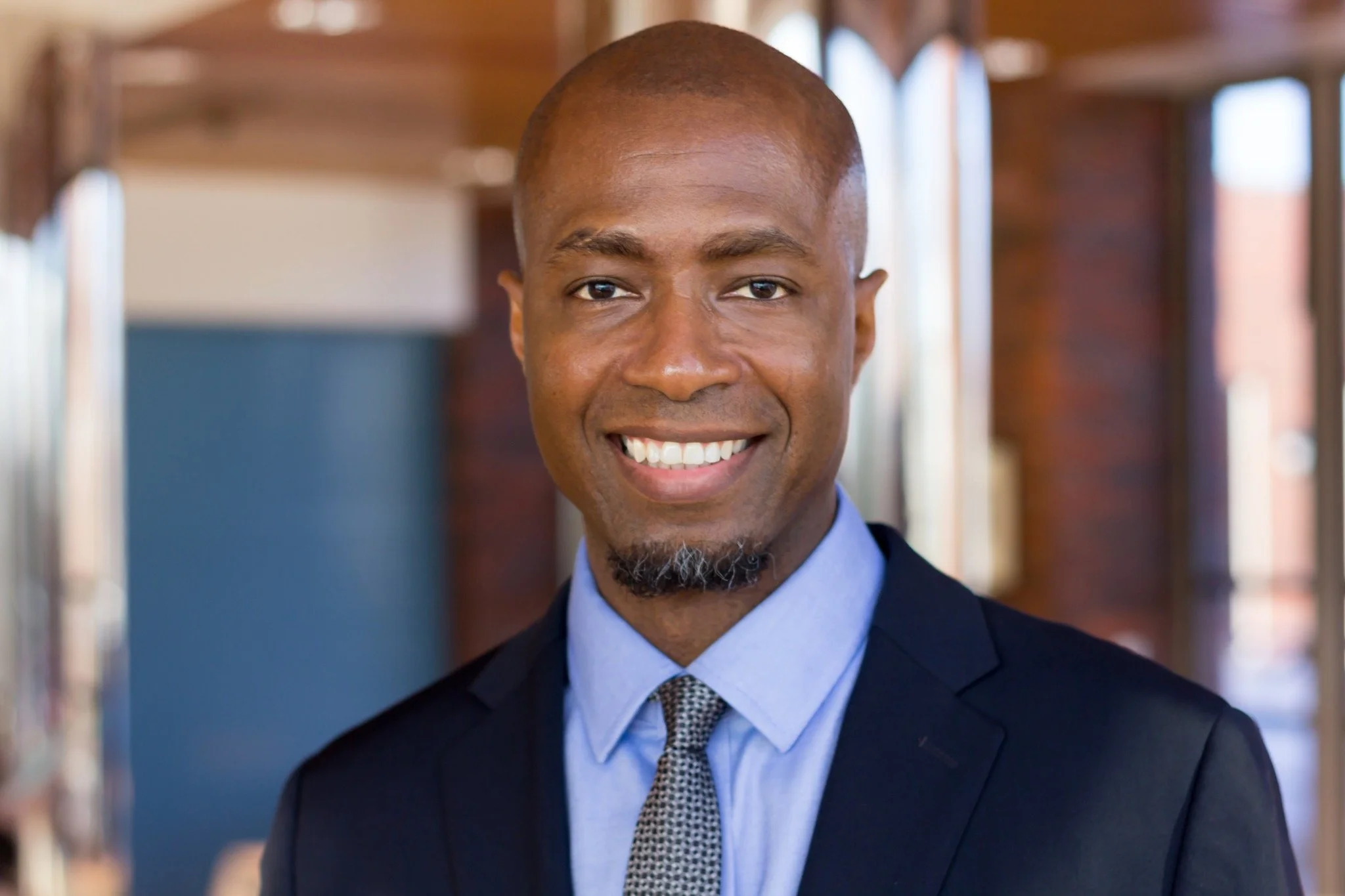
Patrick Johnson
Senior Manager, Salesforce, founder, OpenPolicing.com
-
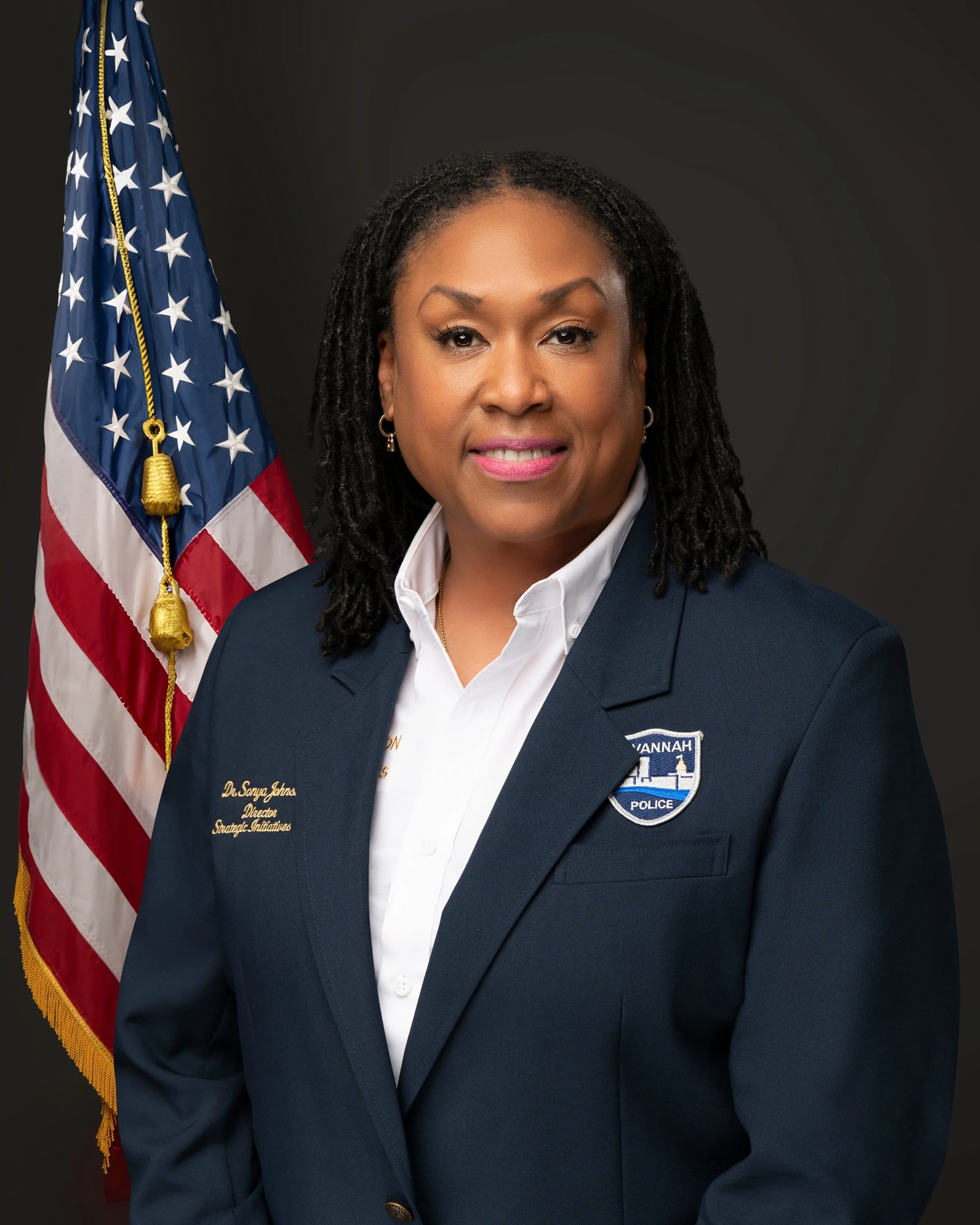
Sonya Johnson, PhD
Director of Strategic Initiatives Division,
Savannah PD (GA) CEO D.E.L.T.A Consulting & Management Professionals LLC, Retired Planning & Research Mgr. Albany Ga. Police, former Director of Education & Outreach, Kansas Attorney General’s Office -
Lt. Brian Jones
Lt., Arlington PD (TX) Traffic Commander, PhD candidate, youth coach and mentor.
-
Commander Hector Jusino, Jr., PhD
Commander, San Fransisco PD
-

Lt. John Kapinos (ret.)
Consultant, retired Lt. and Director of the Policy and Planning Division, Montgomery County PD, MD, retired Strategic Planner, Fairfax County PD, VA
-
Officer Travis Katzer
Technology and Innovation Officer, Police Technologist, SWAT Team Leader, Everett PD (WA)
-
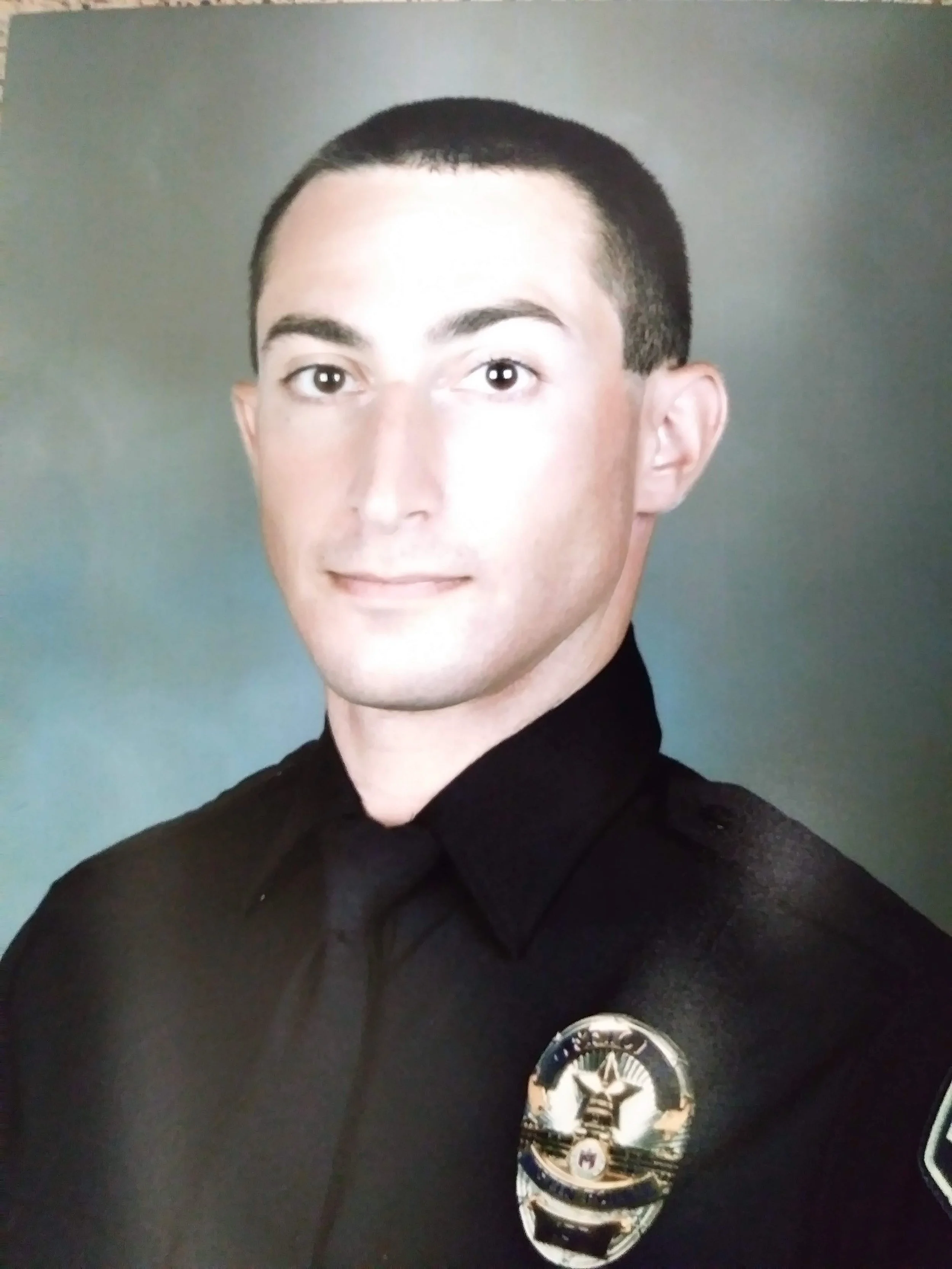
Senior Officer Adam Kaufman
Senior Police Officer, Defensive Tactics Instructor, Special Response Team Officer, member of the Pipes and Drum Unit, Austin PD (TX). Former Research Assistant, National Policing Institute
-
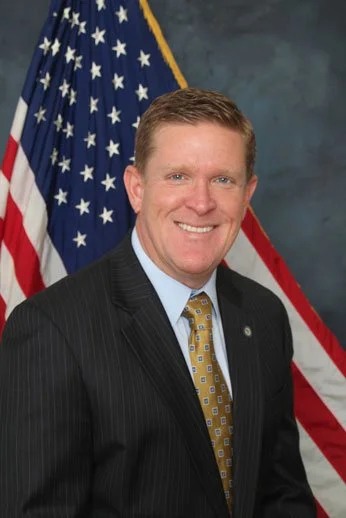
Director Brendan Kelly, JD
Director, Illinois State Police, former federal and local prosecutor, former 8-year elected States Attorney.
-
Bobby Kipper
Founder and Executive Director, National Center for Prevention of Community Violence, former Director of Gang Reduction Program, State of Virginia, retired from the Newport News PD (VA), author
-

Zlatan Krizan, PhD
Professor of Psychology, Iowa State University, Sleep-Fatigue Specialist and Consultant (IntelAwake, LLC)
-

Chief Ryan Lee
Chief of Detectives, Baltimore PD, MD, consultant, former Chief of Police, Boise (ID), Assistant Chief, Portland (OR)
-
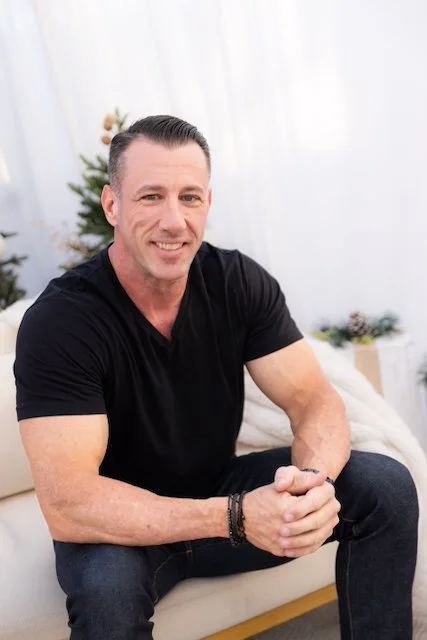
Lt. Cory Leeper
Lieutenant., La Verne PD (CA), business development manager for Intrepid Networks, instructor for the Joppa Training Group.
-
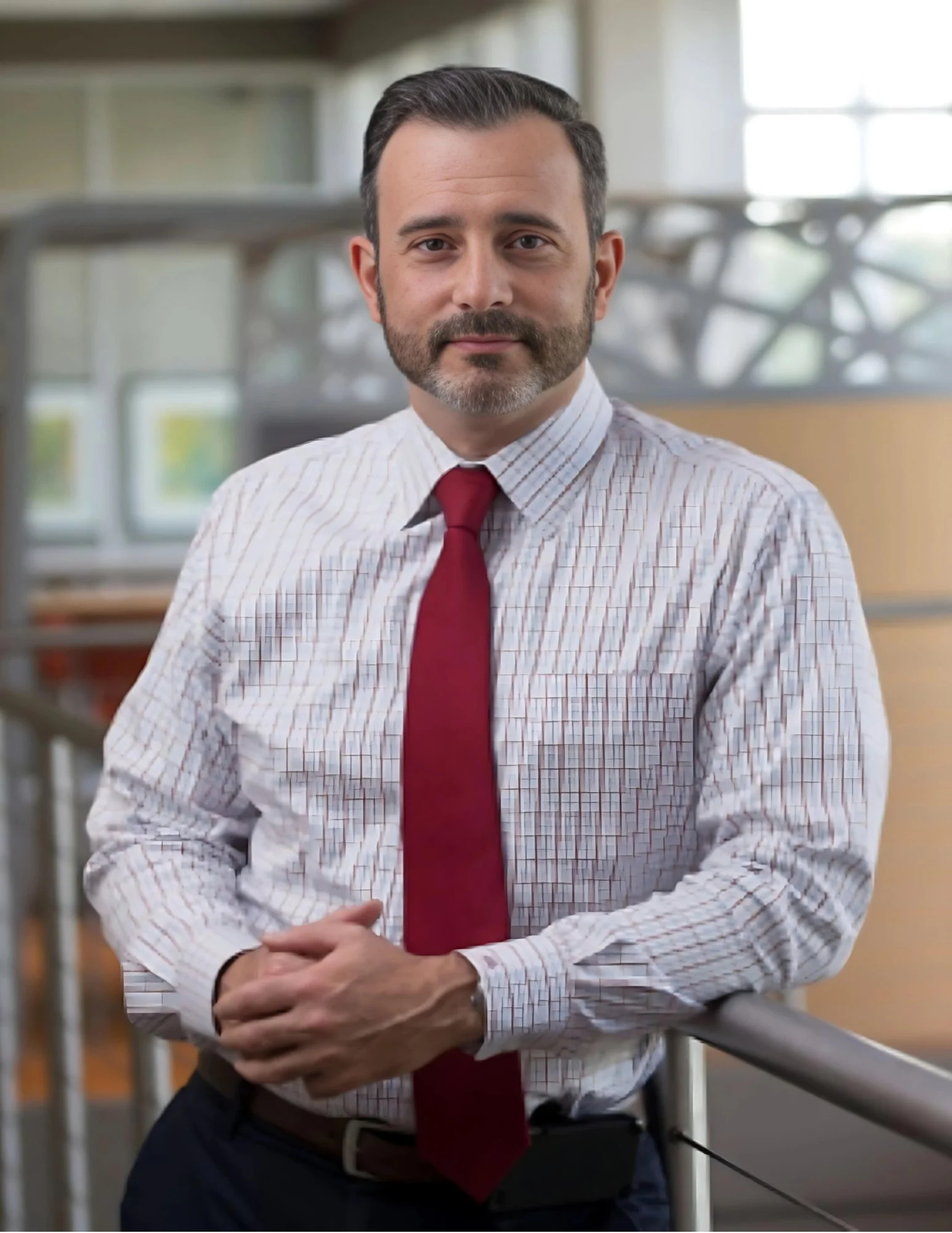
Chief Joseph Lestrange, PhD (ret.)
Executive Vice President, Chief Strategy and Innovation Manager (North America), Metis, Adjunct Professor, Tiffin University (OH), Retired Chief, Homeland Security Investigations (HSI) HQ, Public Safety & National Security Division
-
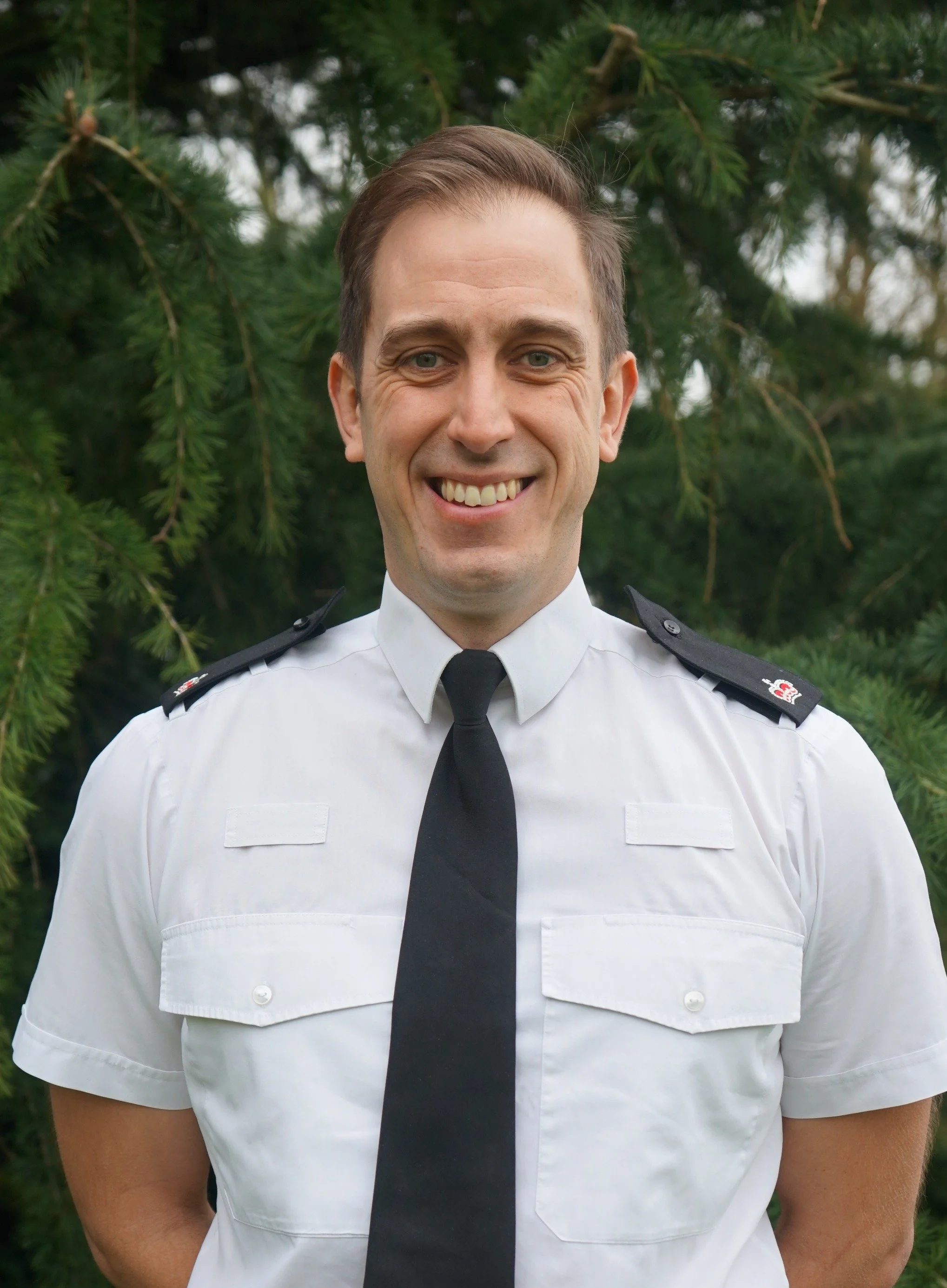
T/Superintendent Lewis Lincoln-Gordon
National Police Chiefs’ Council (UK), AI Portfolio Coordinator, former Inspector, Wes Mercia Police (UK)
-
Chief Philip Lukens (ret.)
Retired Chief, Alliance PD, NE, Consultant
-

Kristen Mahoney, JD
Director of Policy, Government and Partner Engagement, University of Chicago's Crime Lab and Education Labs. Former Principal Deputy Director, Bureau of Justice Assistace, US Department of Justice. Former Executive Director of the Maryland Governor’s Office of Crime Control & Prevention.
-
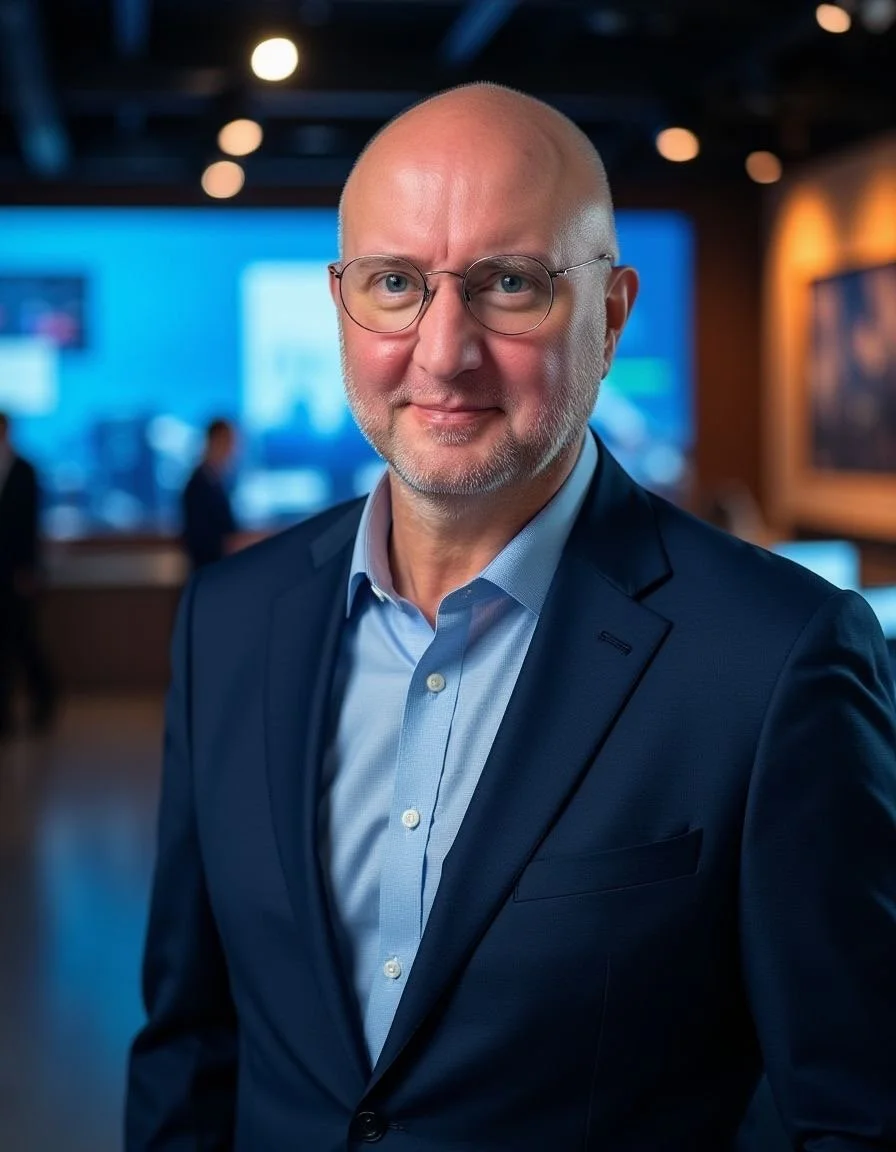
Sean Malinowski, PhD
Founder, Policing Lab, Managing Partner, Partnership for Policing Innovation and Reform, former Director of Policing Innovation and Reform, University of Chicago, retired Chief of Detectives, Los Angeles PD
-
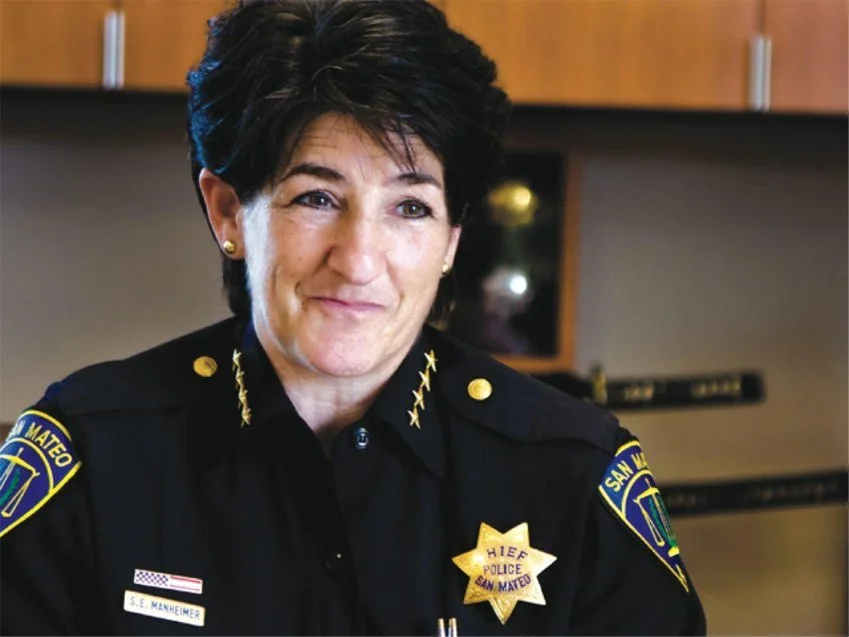
Chief Susan Manheimer (ret.)
Interim Chief, San Bruno, CA, consultant, retired Chief, San Mateo, CA, Interim Chief, Oakland, CA, Interim Chief San Leandro, CA. retired Captain, San Francisco PD
-

Chief Noel March (ret.)
Senior Lecturer in Justice Studies and the Director of the Maine Community Policing Institute at the University of Maine at Augusta (UMA), Advisor to Multitude Insights, former U.S. Marshal for the District of Maine, retired Chief of police, University of Maine
-
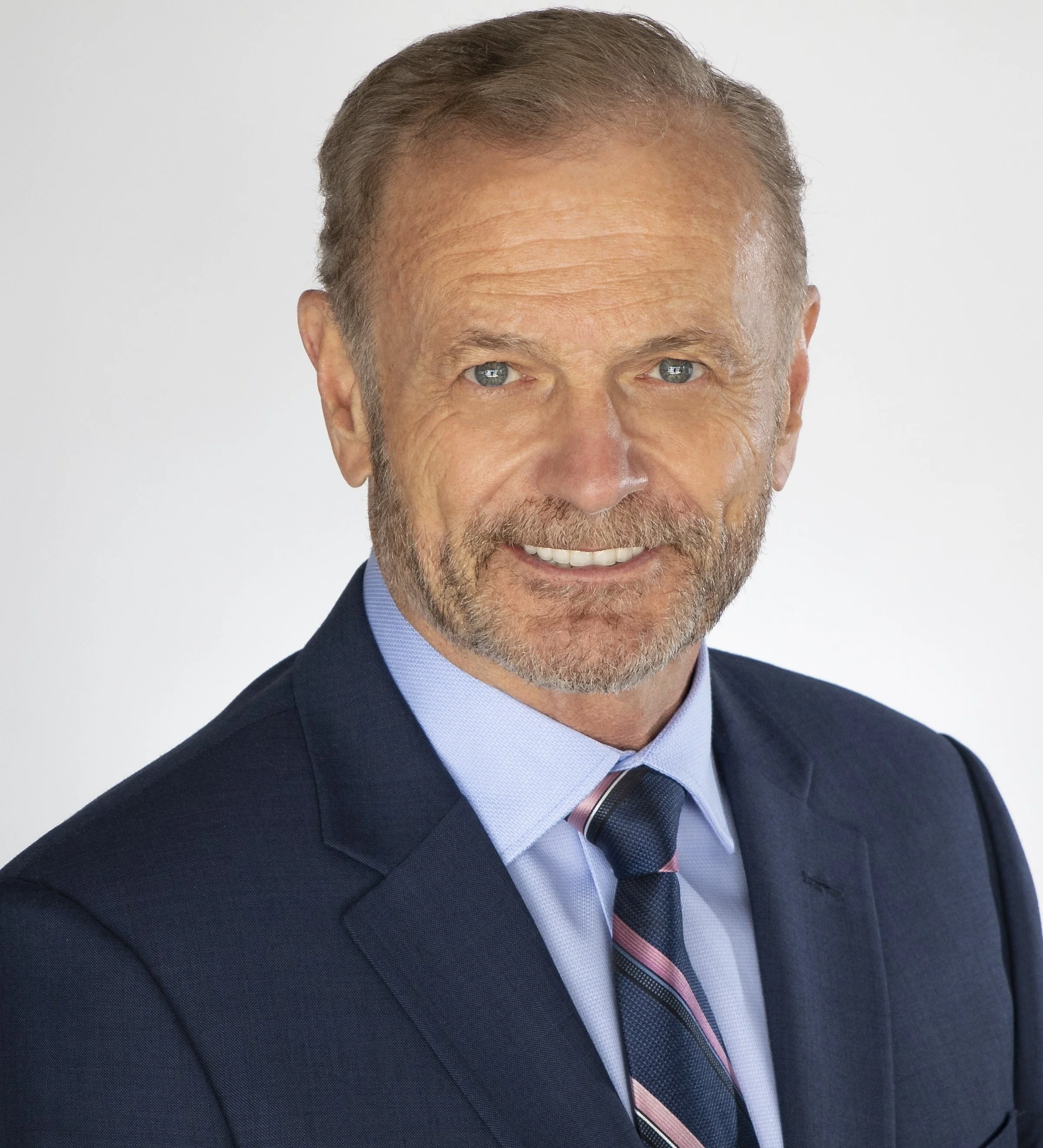
Lt. Stephan Margolis (ret.)
Founder, Margolis Solutions Inc., Retired Lt., Los Angeles PD, Adjunct Professor, Consultant
-

John Markovic
Consultant, retired Senior Policy Advisor, US Department of Justice, Bureau of Justice Assistance
-
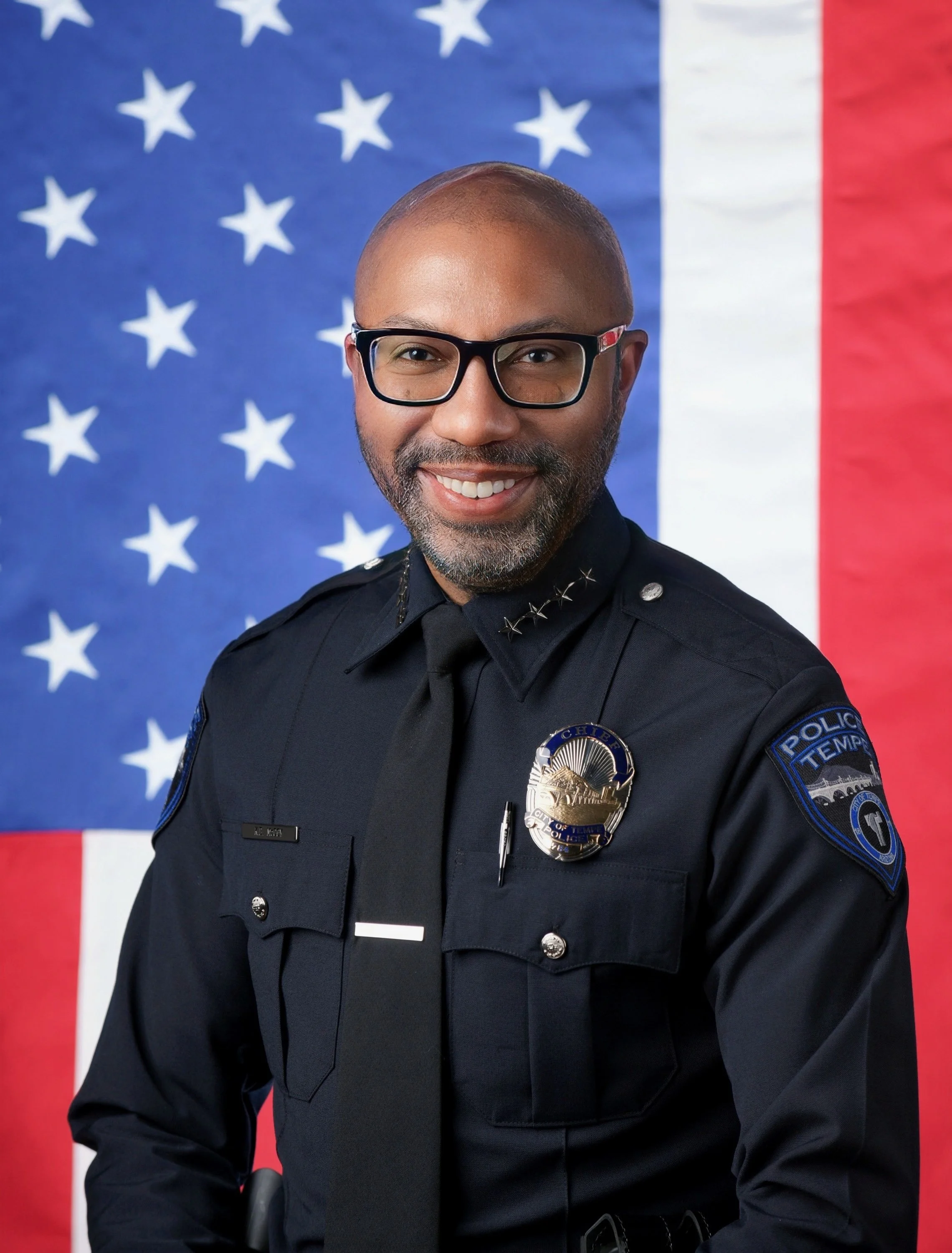
Chief Ken McCoy
Chief, Tempe PD, AZ, former Chief Anchorage PD
-

Tammy McCoy-Arballo, Psy.D
Clinical Director, Santa Clara County Trauma Recovery Center, CA, former journalist
-
Laura McElroy
Communication Strategist, Principal Consultant, McElroy Media Group, former Tampa (FL) Police Department Communications Director, former TV news reporter and anchor
-
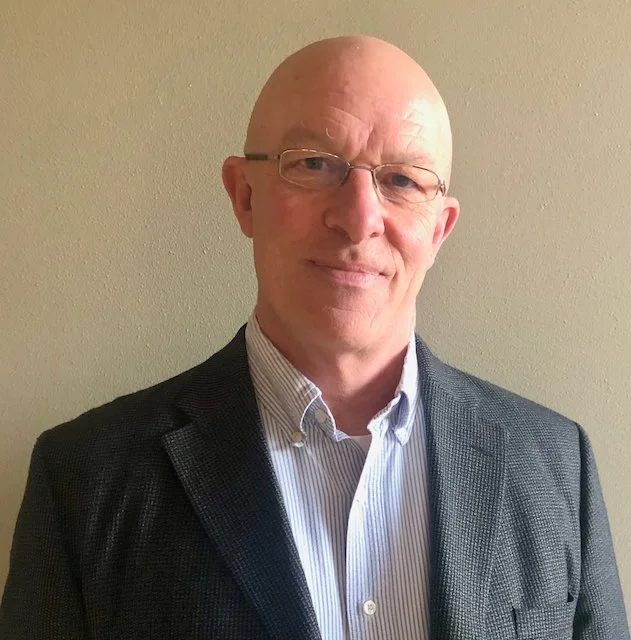
Chief Cameron McLay (ret.)
Principal Consultant, TPL Public Safety Consulting, former Senior Director for CompStat for Justice, Center for Policing Equity, organizational performance consultant. Retired Chief of Police, Pittsburgh (PA) Bureau of Police, former Deputy Mayor, City of Madison (WI), former police reform advisor to the mayor, City of Seattle (WA)
-
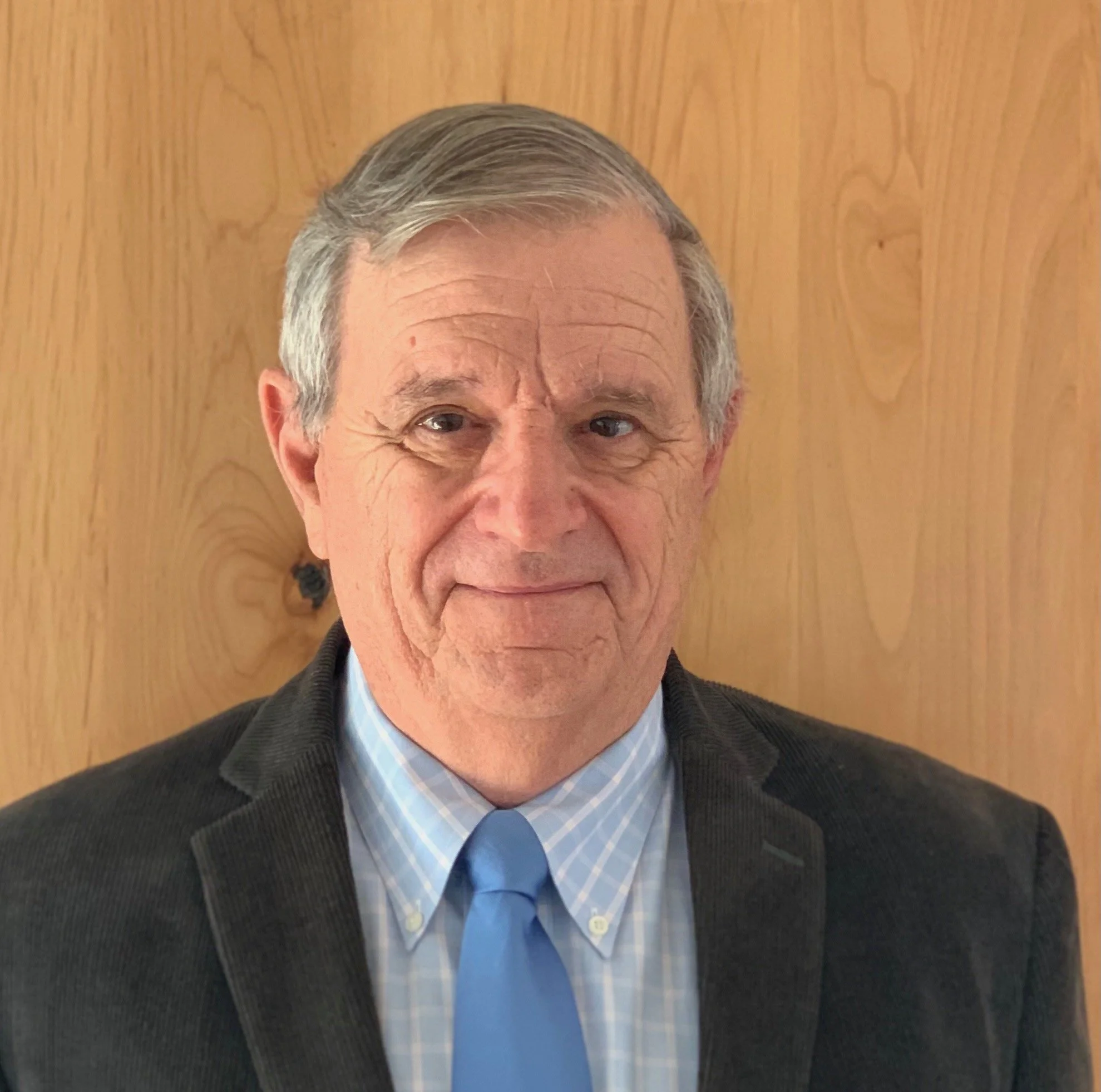
Chief Barney Melekian, EdD, (ret.)
Senior Executive Consultant, former Interim Chief Santa Barbara, CA, former Undersheriff, Santa Barbara County SO, CA, former Director, USDOJ COPS Office, Washington, DC, retired Chief, Pasadena, CA,, Capt., Santa Monica, CA
-
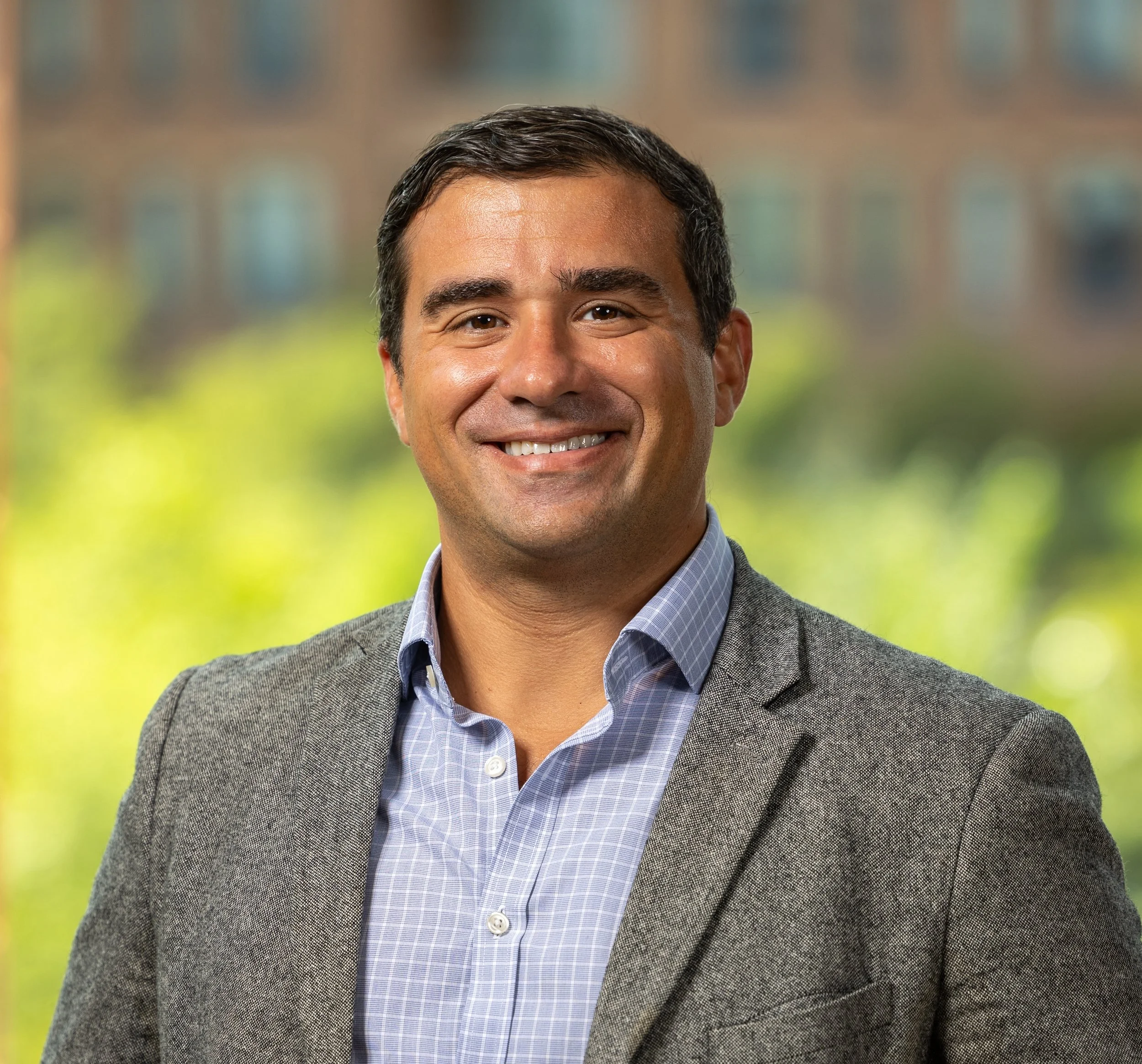
Matt Melton
Leads business development and partnerships at Peregrine. US Naval Academy graduate, former naval intelligence officer.
-
Renee Mitchell, JD, PhD.
Senior Researcher, RTI International, Co-founder and Past President, American Society of Evidence Based Policing, Retired Sergeant, Sacramento, CA
-
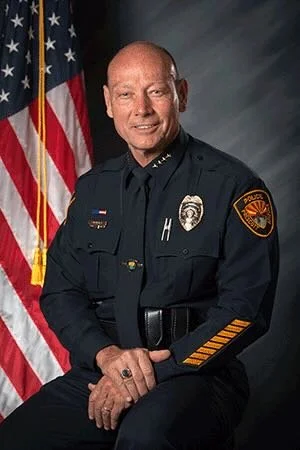
Chief Jerald Monahan (ret.)
Program Director, Administration of Justice Studies, Yavapai College, AZ., consultant, retired chief, Prescott, AZ, former Chief Deputy of the Pinal County Sheriff’s Office, former Chief, Apache Junction, AZ, former Chief, Yavapai Community College District, AZ.
-
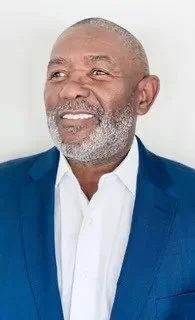
Chief Rodney Monroe (ret.)
Consultant, Deputy Monitor, Chicago PD Consent Decree, retired Chief, Charlotte, NC, former chief, Richmond, VA, former chief, Macon, GA, retired Assistant Chief, Metropolitan PD, Washington, DC.
-

Stephen Morreale, DPA
Professor, Worcester State University, host, the CopDoc Podcast, former Det., Dover PD, NH, Special Agent USDOJ DEA and IG’s Office, US HHS.
-
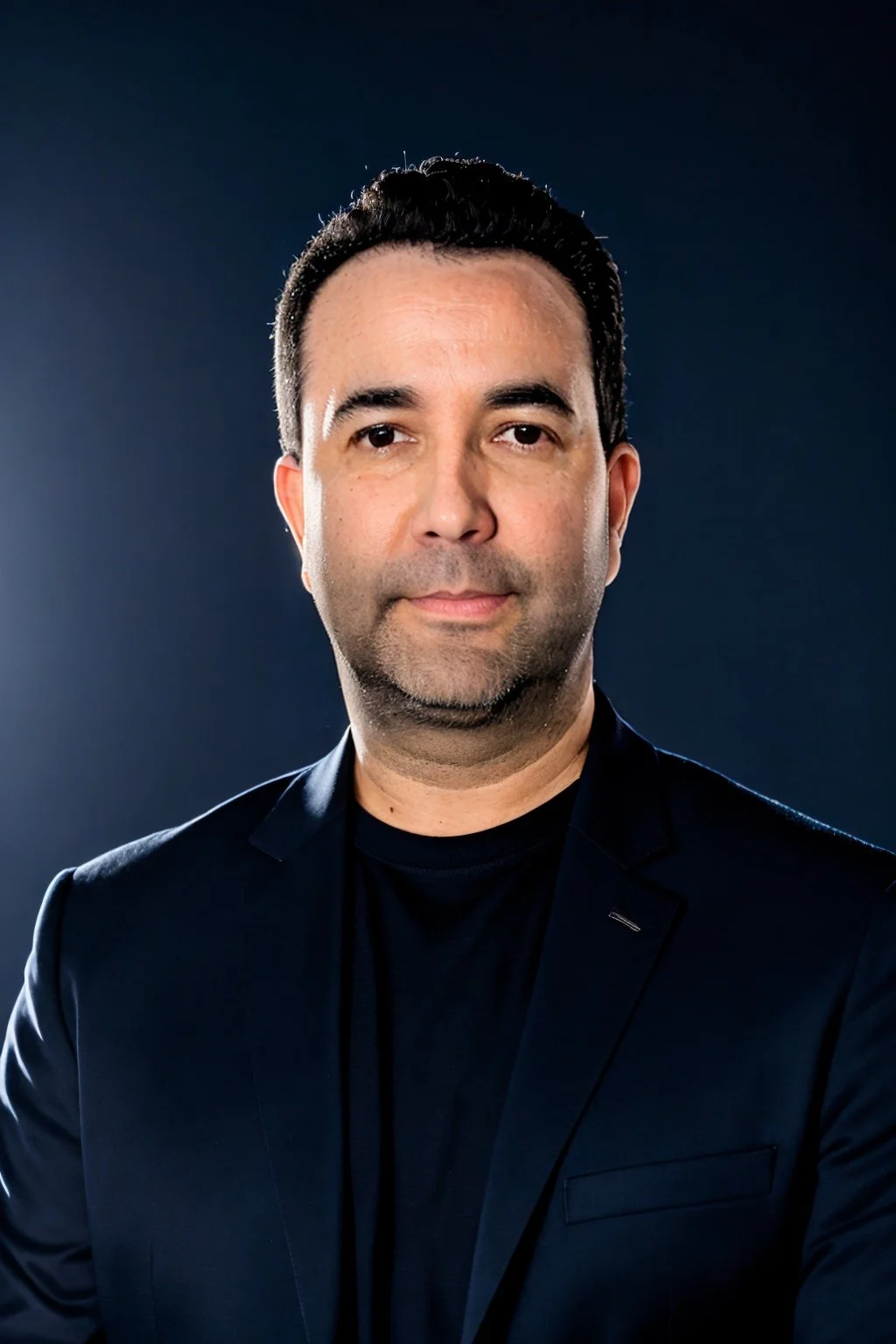
Dominic Morrocco
CEO of RecruitApp.ai, former officer, Metropolitan PD, Washington, DC
-
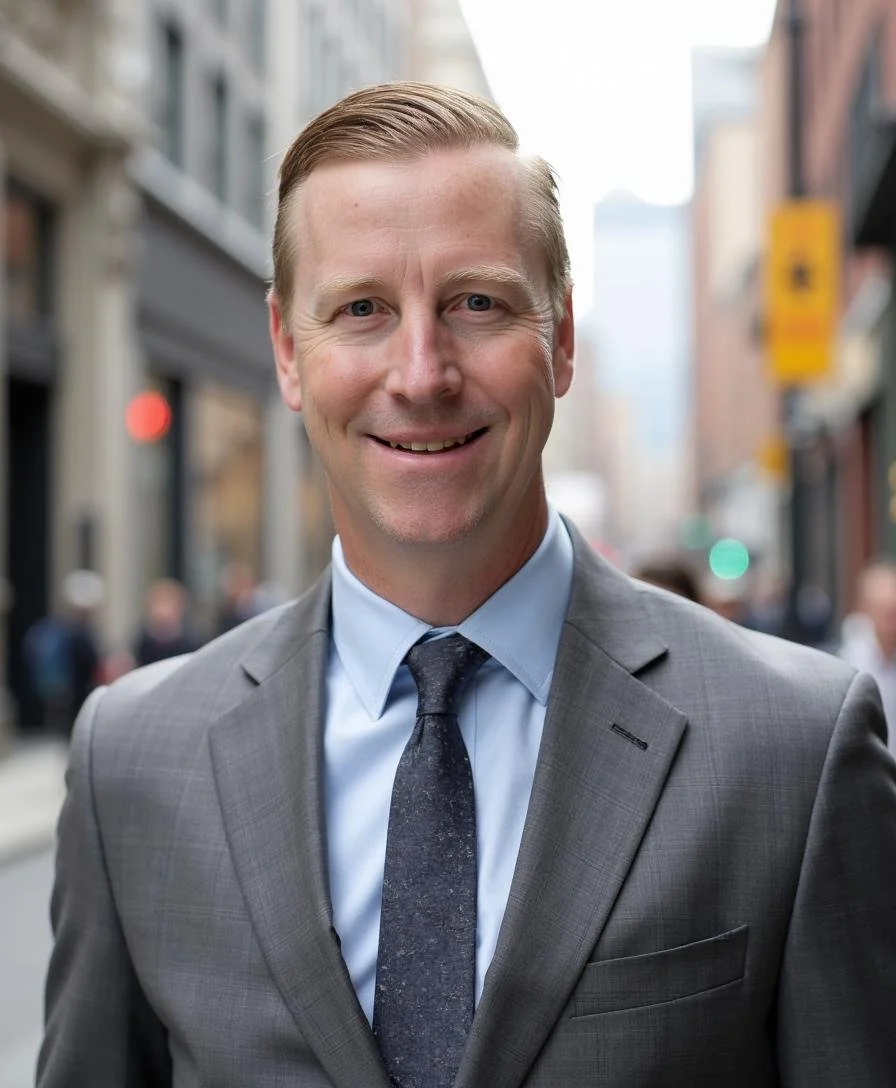
Chief Mike Moulton (ret.)
Retired Chief of Police, El Cajon, CA, Consultant.
-
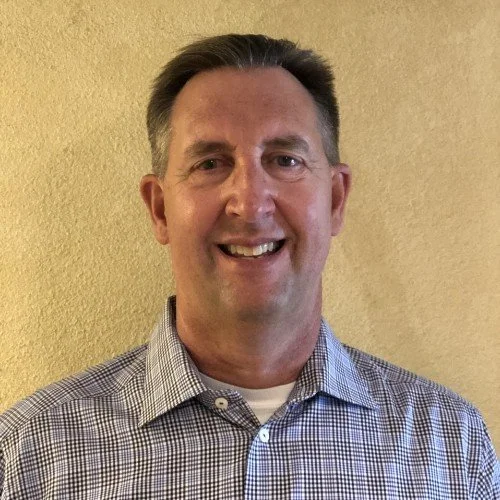
Milan Mueller
Chief Revenue Officer, Smart Response Technologies, Former founder and president The Omega Group
-

Chief Rick Myers (ret.)
Consultant, retired Chief, Colorado Springs, CO, Newport News, VA, Ex. Dir. Major Cities Chiefs Assoc., Interim Chief Sanford, Fl, Commerce City, CO
-

Sai Narain
Director, Industry Advisor, Public Safety and Justice - Worldwide Public Sector, Microsoft
-
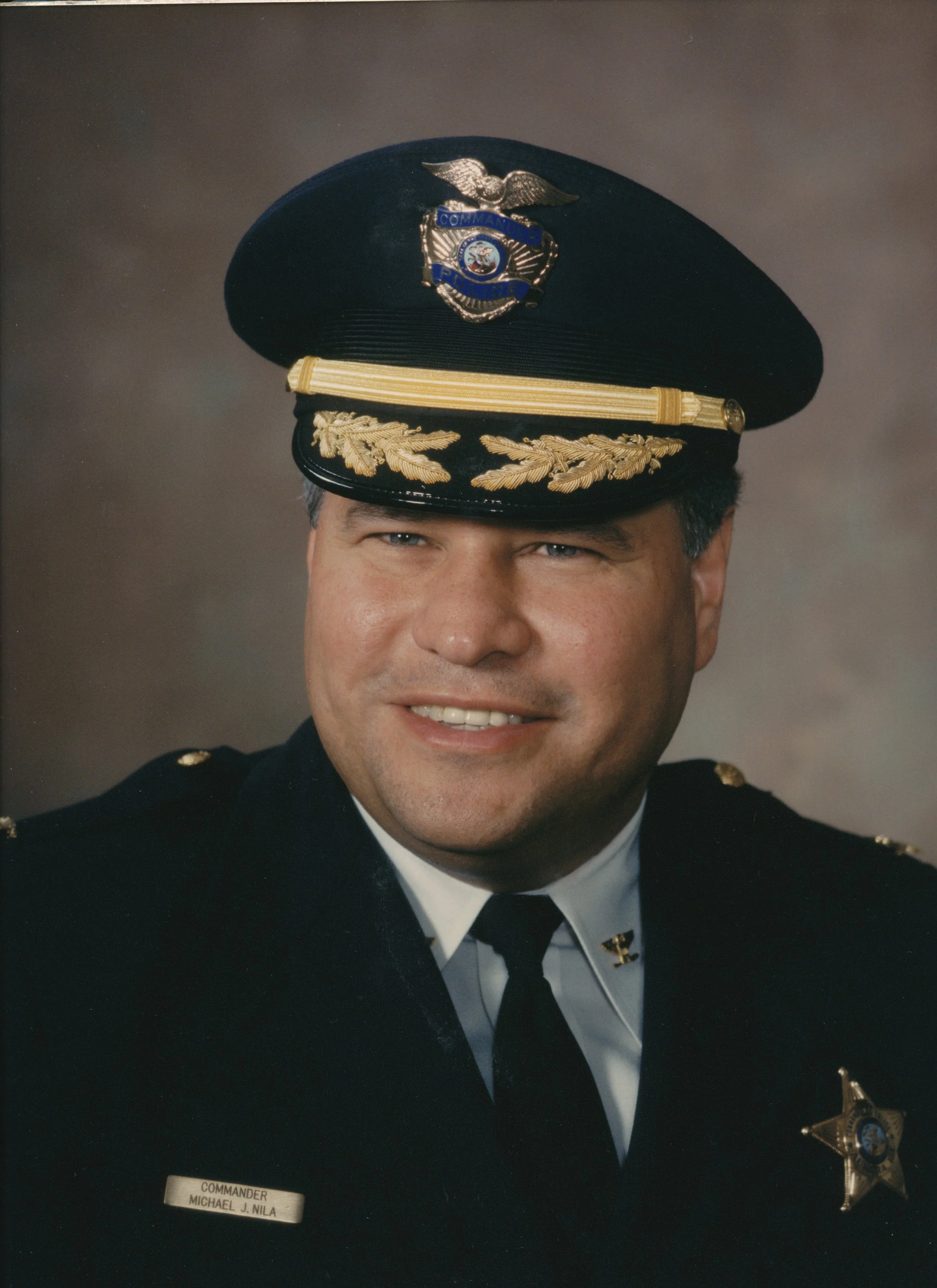
Commmander Michael Nila (ret.)
Retired police commander from Aurora PD (IL), founder and chairman of Blue Courage, LLC
-
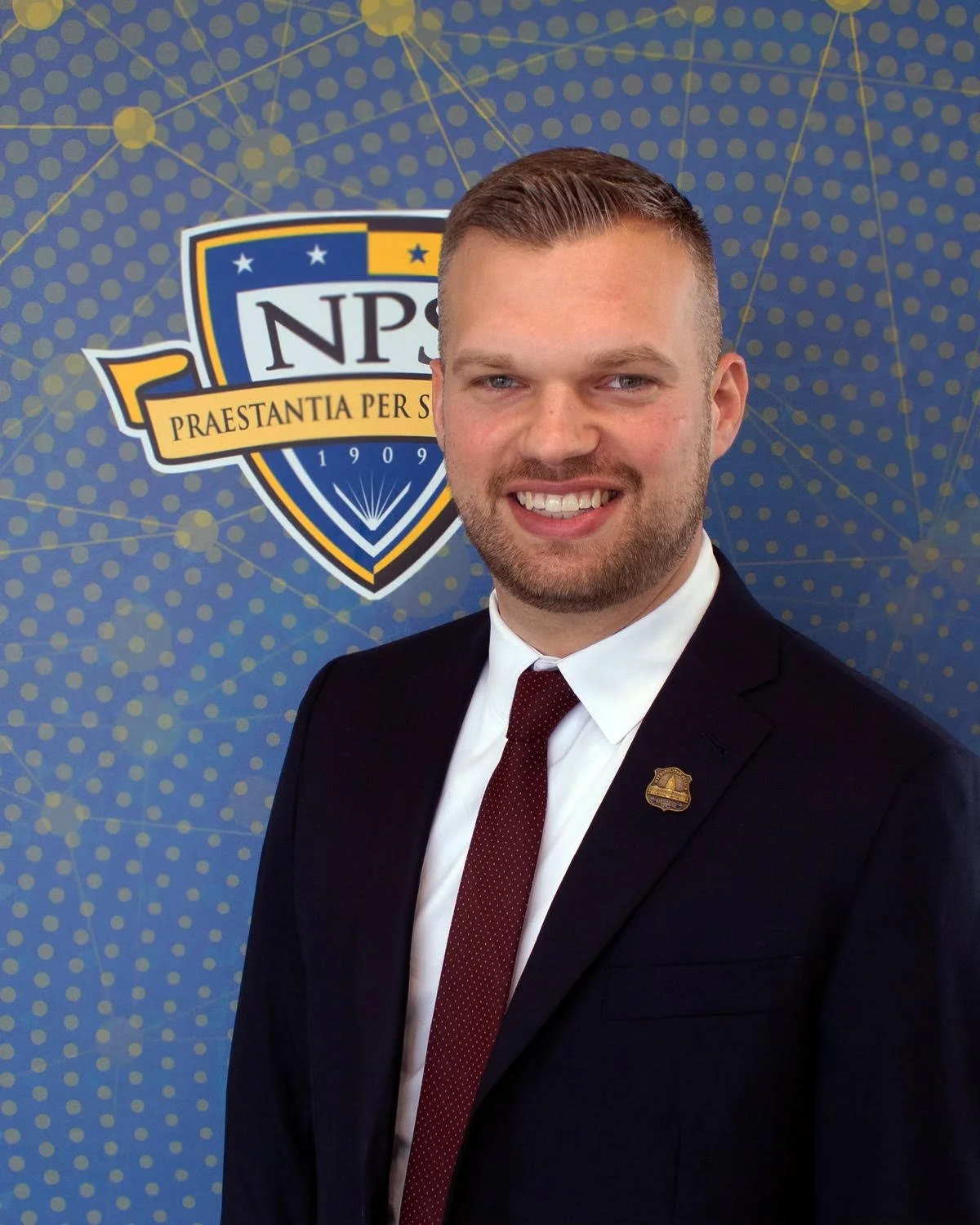
Lt. Gavin Nelson
Lieutenant, Washington, DC Metropolitan Police Department
-
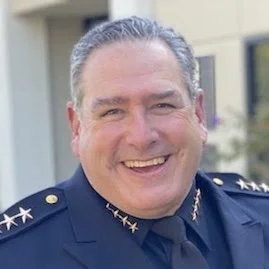
Chief Dave Norris
Police Chief, Menlo Park PD, CA, former Captain, San Mateo PD, CA.
-
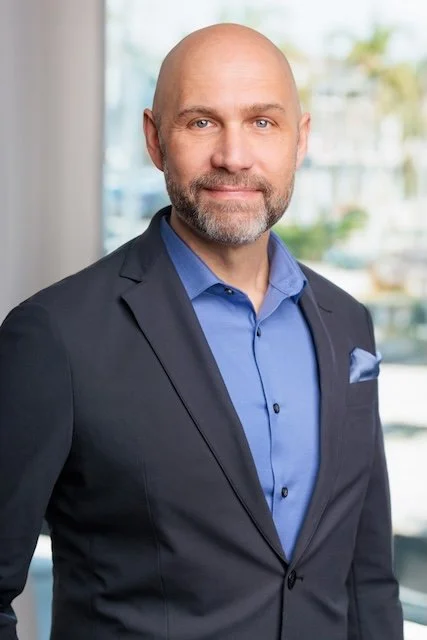
Lt. Travis Norton (ret.), DPPD
Founder, Norton Police Consulting, retired Lt., Oceanside PD, Doctor of Policy Planning and Development, USC, national police practices and use of force consultant.
-
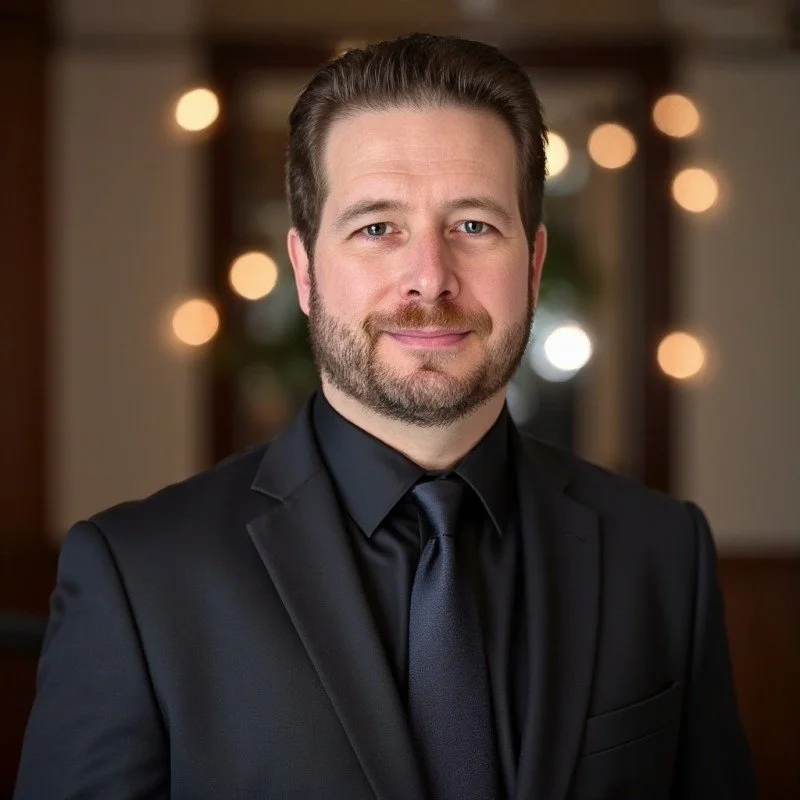
Charles "CJ" Oakley, PhD.
Consultant, retired captain from the Fairfax County Sheriff's Office and the Alexandria City Sheriff's Office (VA).
-
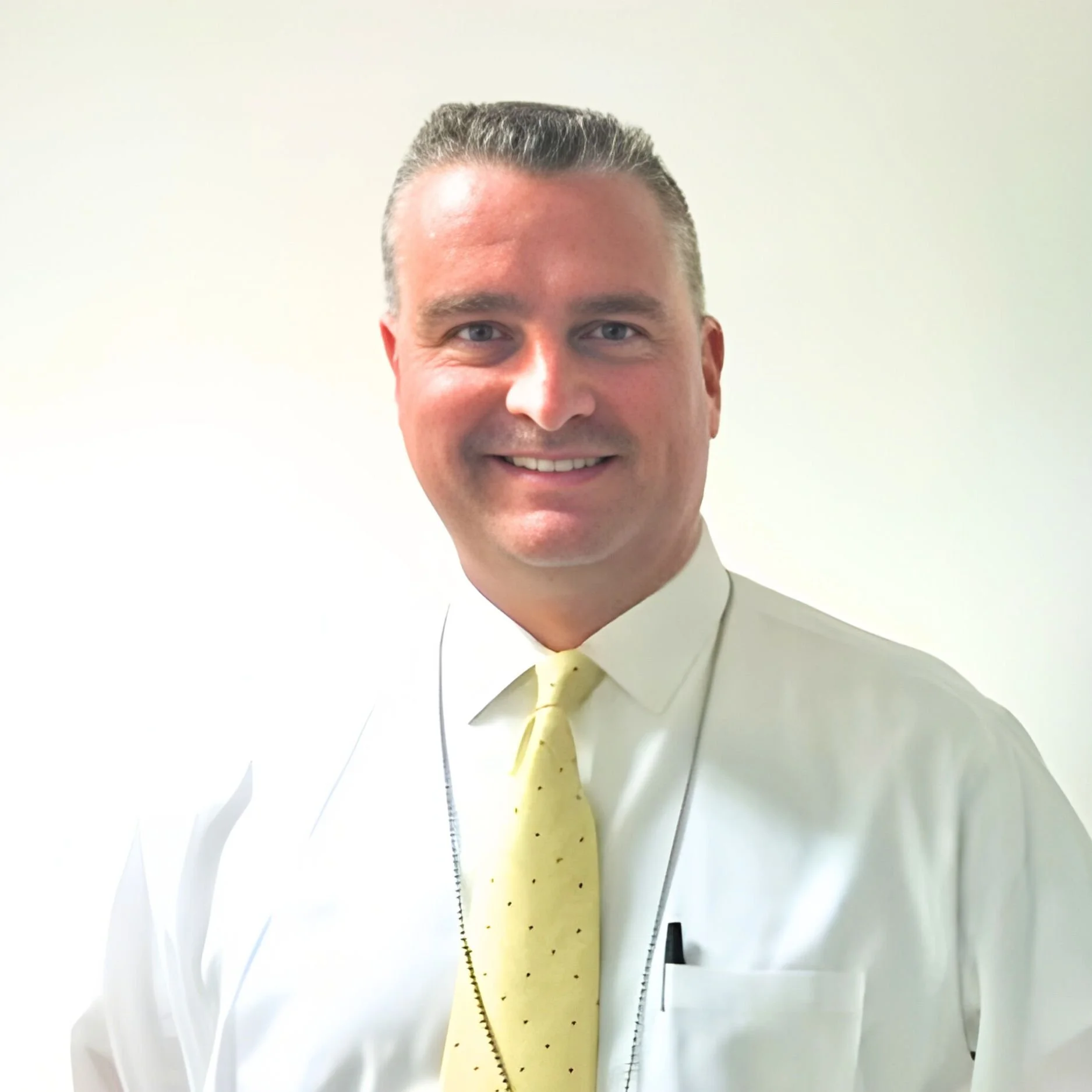
Matthew O'Deane, PhD
Senior Consultant, California Commission on Peace Officer Standards and Training, retired Commander, San Diego County District Attorney’s Office, Bureau of Investigation.
-
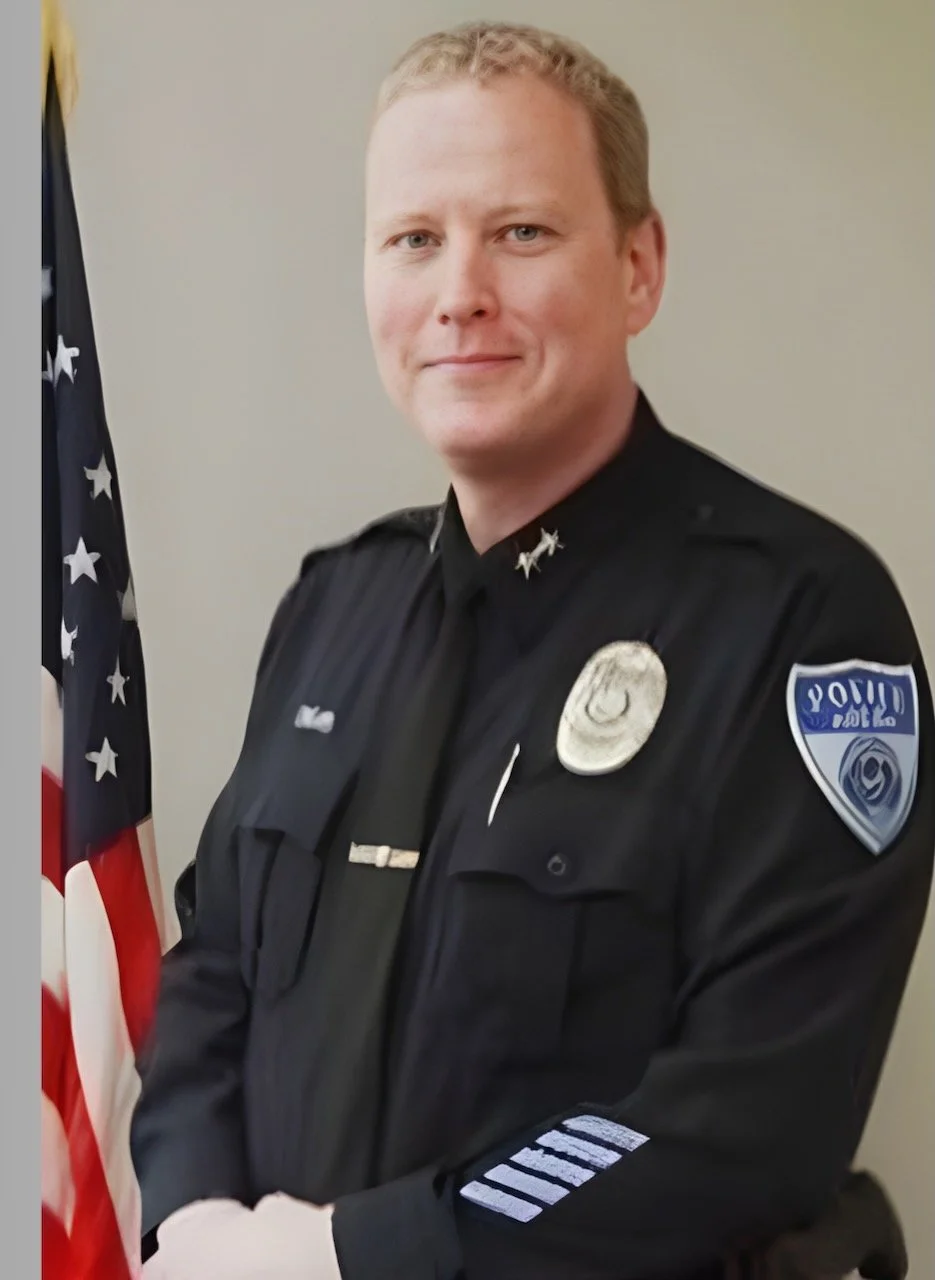
Chief Tighe O'Meara
Chief of Police, Ashland PD (OR). Retired Lieutenant, Wayne State University Police Department (MI).
-
Deborah Osborne
Investigative Analyst (ret.), US Secret Service, former crime analyst, Buffalo PD (NY), adjunct professor in crime analysis, author.
-

Kathleen Padilla, PhD
Assistant Professor, Texas State University, School of Criminal Justice and Criminology, Co-founder, Applied Justice Group.
-
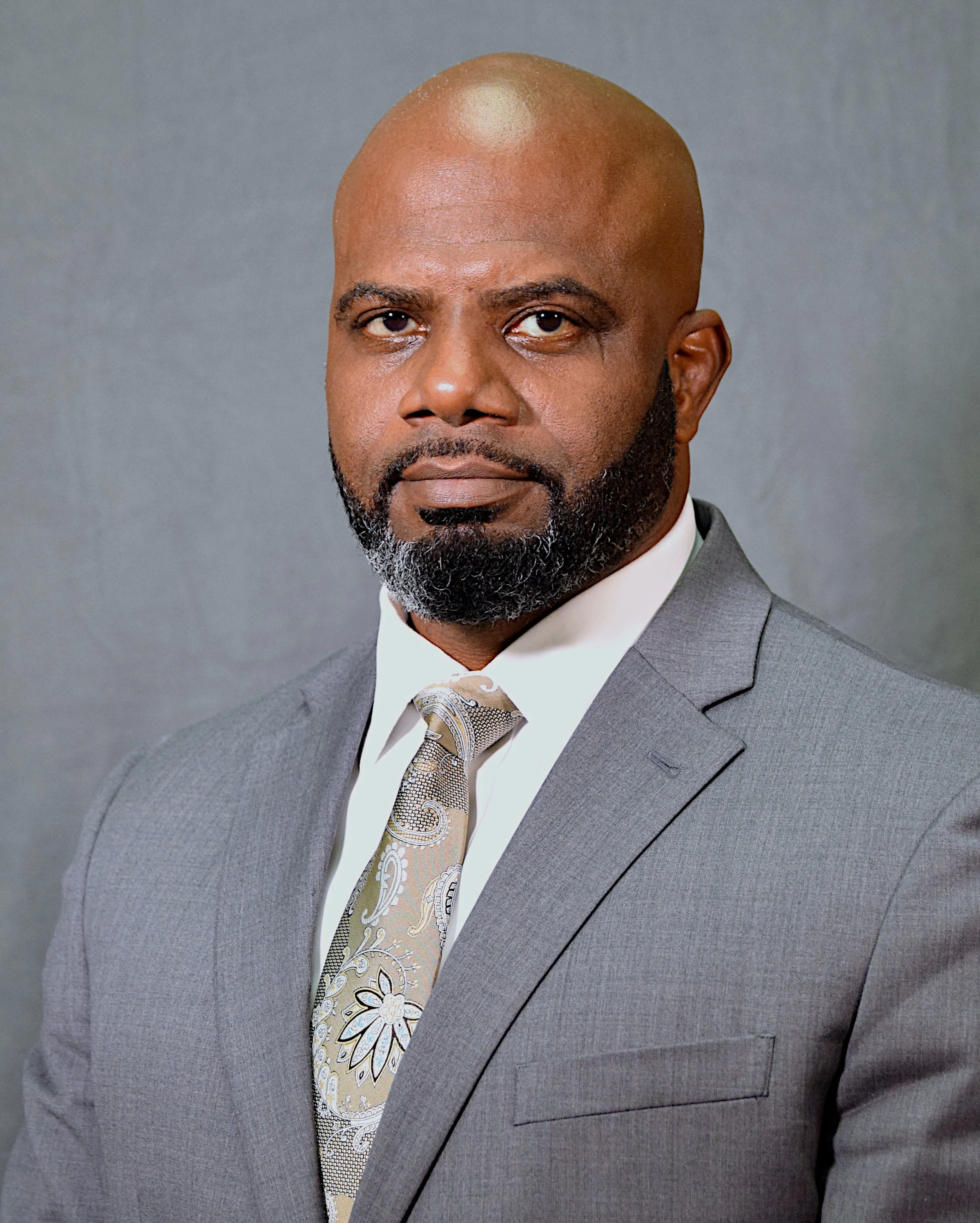
Chief Jonathan Parham (ret.)
Former City Manager, City of Rahway, NJ, former Director of Policing Services, Rahway, former Undersheriff, Union County, NJ, retired Chief, Linden, NJ
-

Julie Parker
President and CEO of Julie Parker Communications, former police spokesperson and communications strategist, TV news reporter.
-
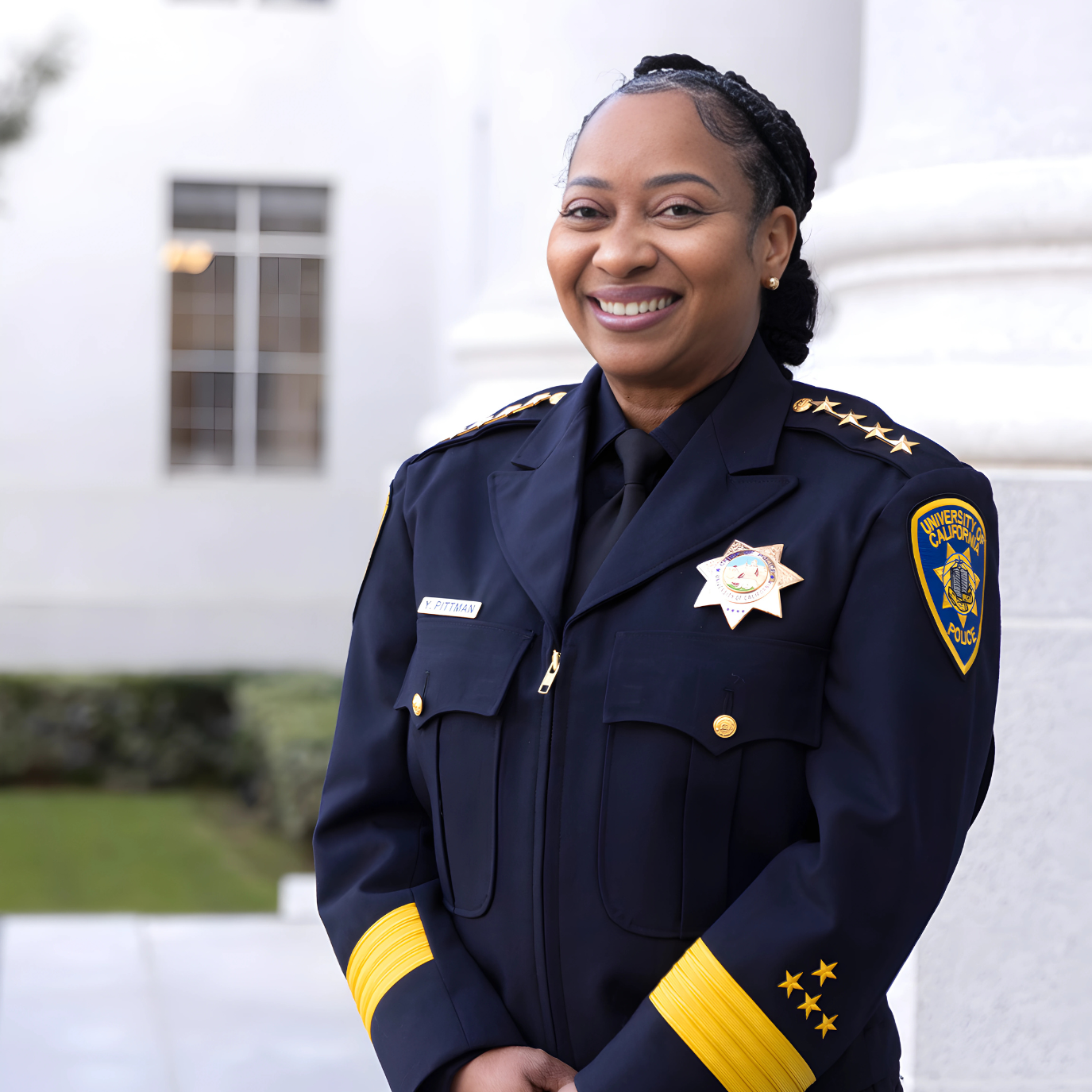
Yogananda Pittman, PhD
Chief, University of California, Berkeley PD, CA, retired Assistant Chief/Interim Chief, US Capitol PD, Washington, DC
-
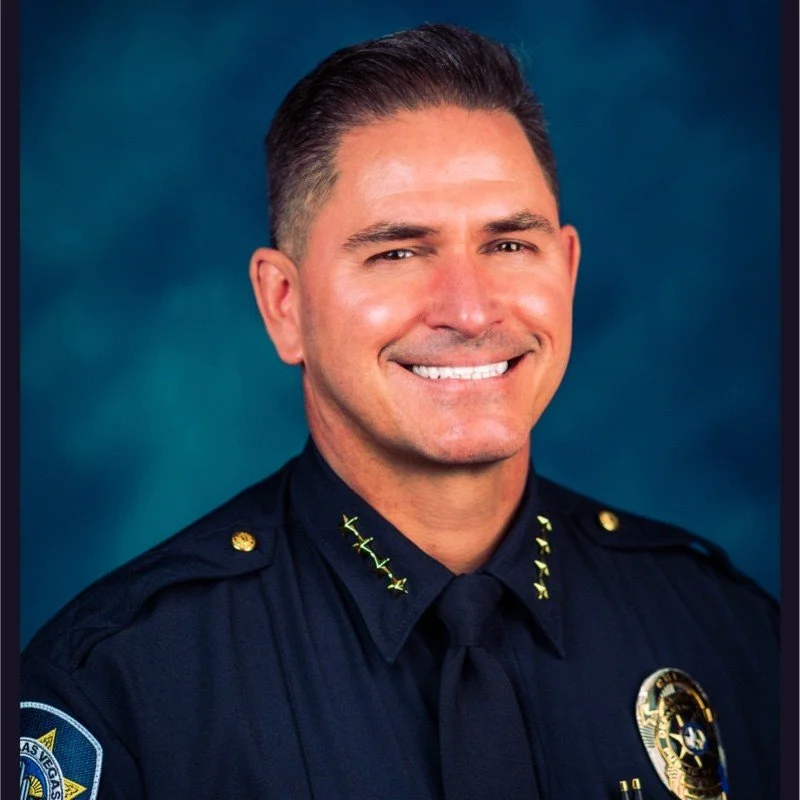
Chief Jason Potts
Chief, Las Vegas Department of Public Safety, retired Captain, Vallejo PD, CA
-

Christine Preizler
Founder, Spencertown Partners, high tech consultant
-

Major Christian Quinn (ret.)
Managing Principal, Fulcrum Innovaton LLC, Former Cyber & Forensics Commander, Fairfax County Police Department, VA,
-
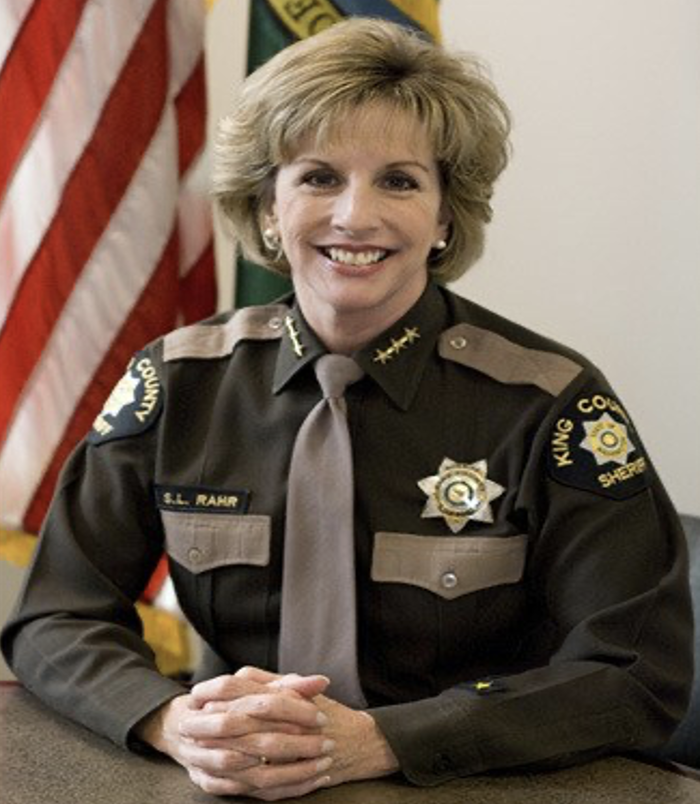
Sheriff Sue Rahr (ret.)
Former Interim Chief, Seattle PD, Retired Sheriff, King County Sheriff’s Office (WA), retired Executive Director, Washington State Criminal Justice Training Commission, current Board Member, National Policing Institute
-
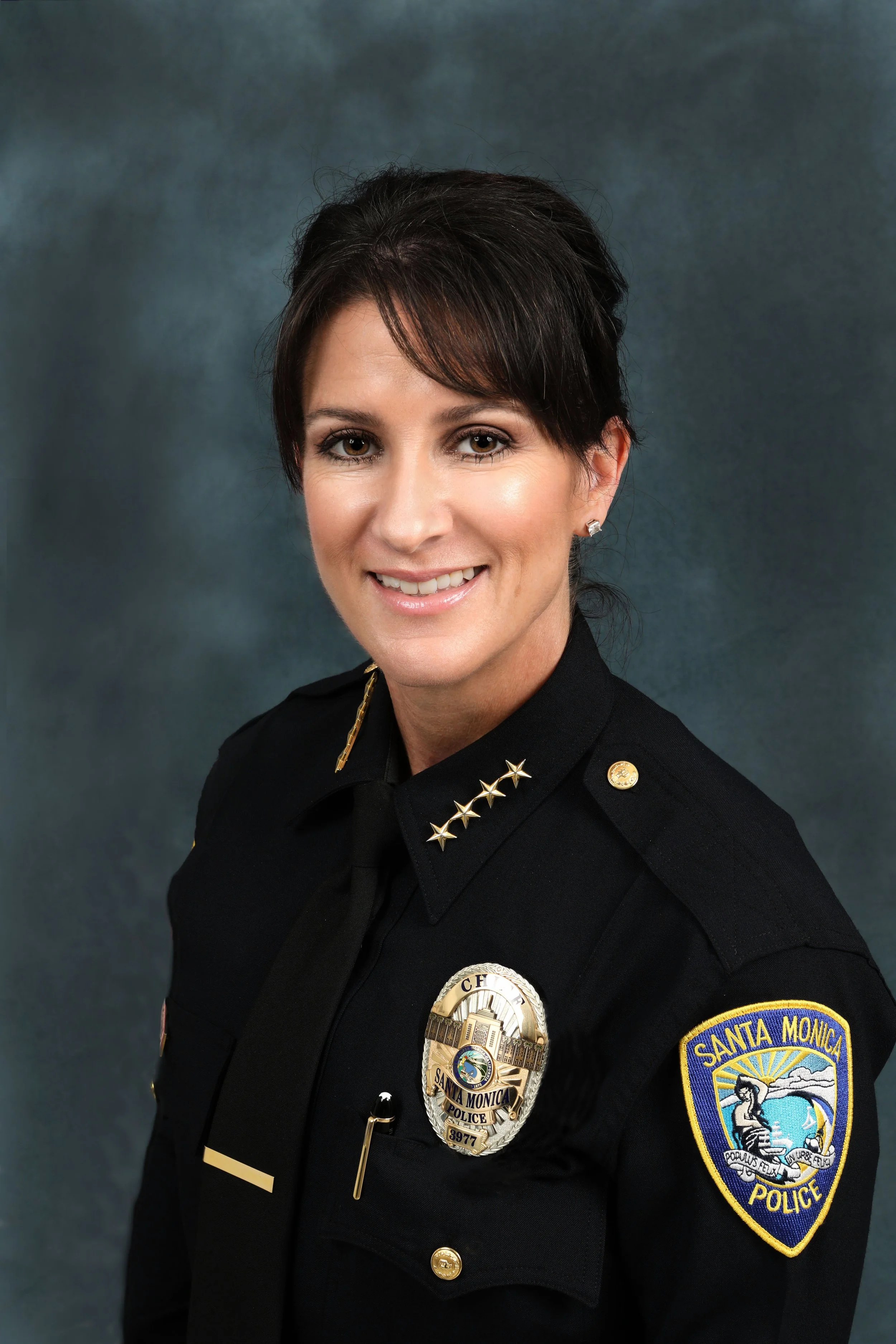
Chief Cynthia Renaud (ret.)
Director, Emergence Program - Center for Homeland Defense and Security at Naval Postgraduate School, retired police chief Santa Monica, CA, Folsom, CA, President, IACP 2020-21
-
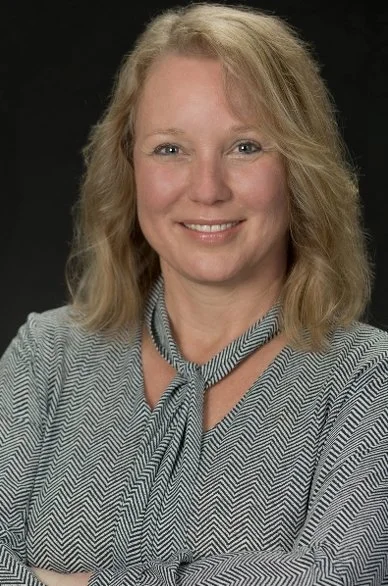
Karen Collins Rice
Co-founder of the Center on Police Culture, LLC and Heroes Active Bystandership Training, LLC.
-
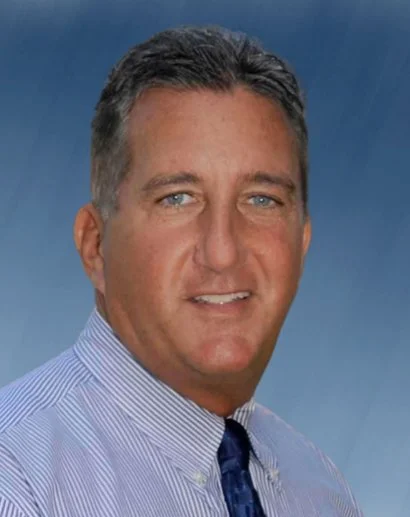
Bob Rossi, Ed.D
Curriculum Administrator at the Phoenix Police Academy, Phoenix PD (AZ), adjunct professor, Northern Arizona University
-
Joseph Schafer, PhD
Futurist, Professor in the School of Criminology & Criminal Justice at Arizona State University, former President of Police Futurists International
-
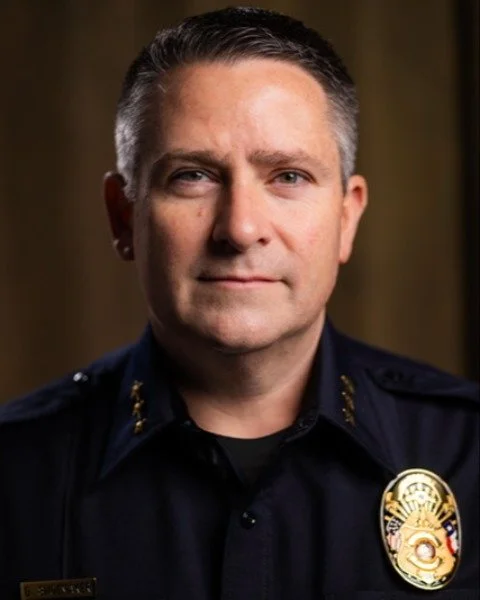
Chief Doug Shoemaker (ret.)
Chief of Police (ret), Grand Junction CO and Denton TX; Founding Board Member of The Curve, IACP Vice President 2022-2024, Public Safety Executive for Peregrine.
-
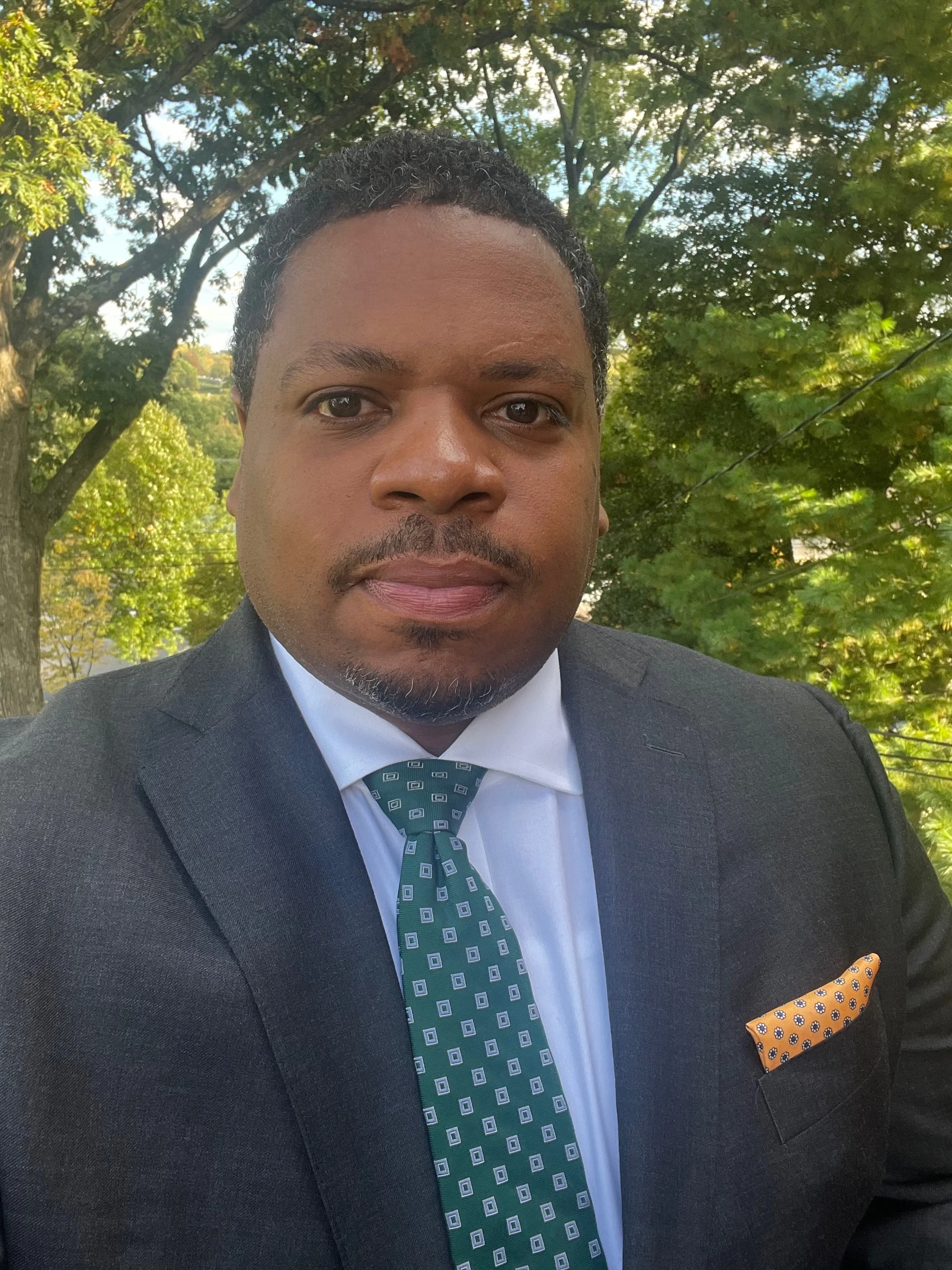
SSA Duane Smith
Supervisory Special Agent, US Secret Service
-
Sean Smoot, JD
Managing Partner, 21CP Solutions, Emeritus Director and Chief Counsel of the Police Benevolent & Protective Association, Illinois, consultant
-
Capt. Craig Solgat
Deputy Director, Office of the Field Commander, Executive Office of the Chief, Washington, DC Metropolitan Police Department.
-
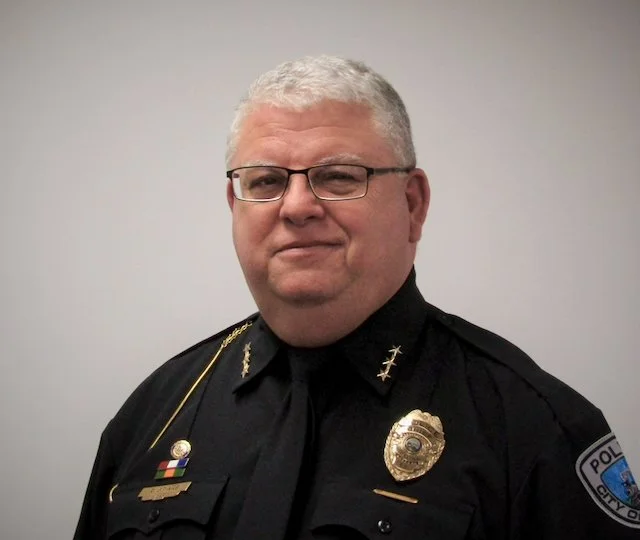
Chief Robert Spinks
Chief, Parsons PD (KS), former Chief, McNees State University, (LA), Sequim PD (WA), Milton-Freewater PD (OR) Sedro-Woolley PD (WA), police trainer, college instructor
-
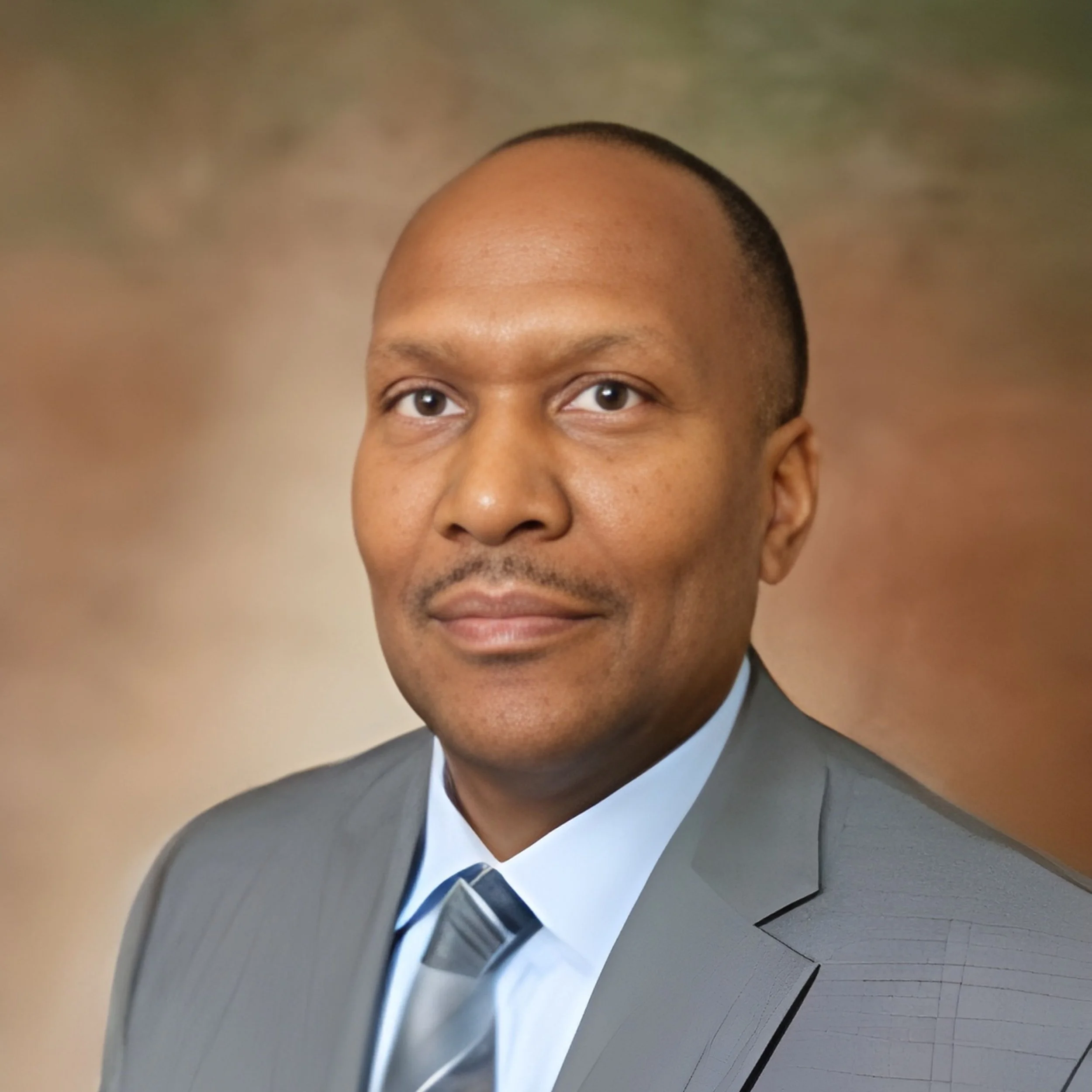
Lt. Brian Sprowal, DCJ
Lieutenant, Philadelphia PD (PA), Department Advocate, Police Board of Inquiry, PD, Adjunct Professor
-
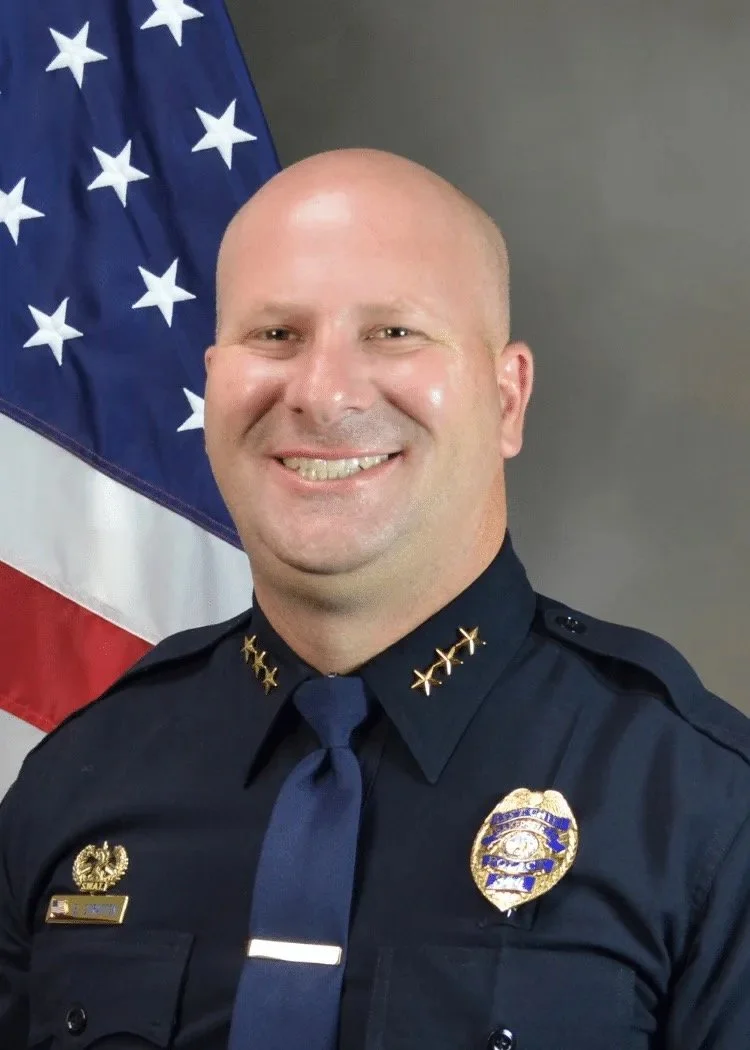
Assistant Chief Brent Stratton
Assistant Chief, Bakersfield PD (CA), President of Youth Connection, Chairman of the Board of Directors for Global Family
-
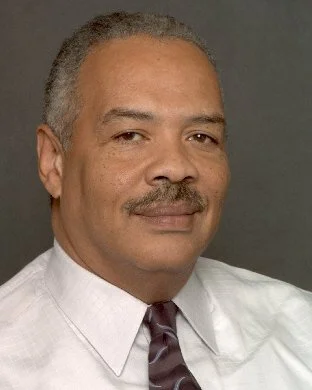
Chief Bob Stewart (ret.)
President and CEO, Bobcat Consulting, Director, Policing With Our Community©, retired Chief, Ormond Beach Fl. PD, former Executive Director, NOBLE.
-
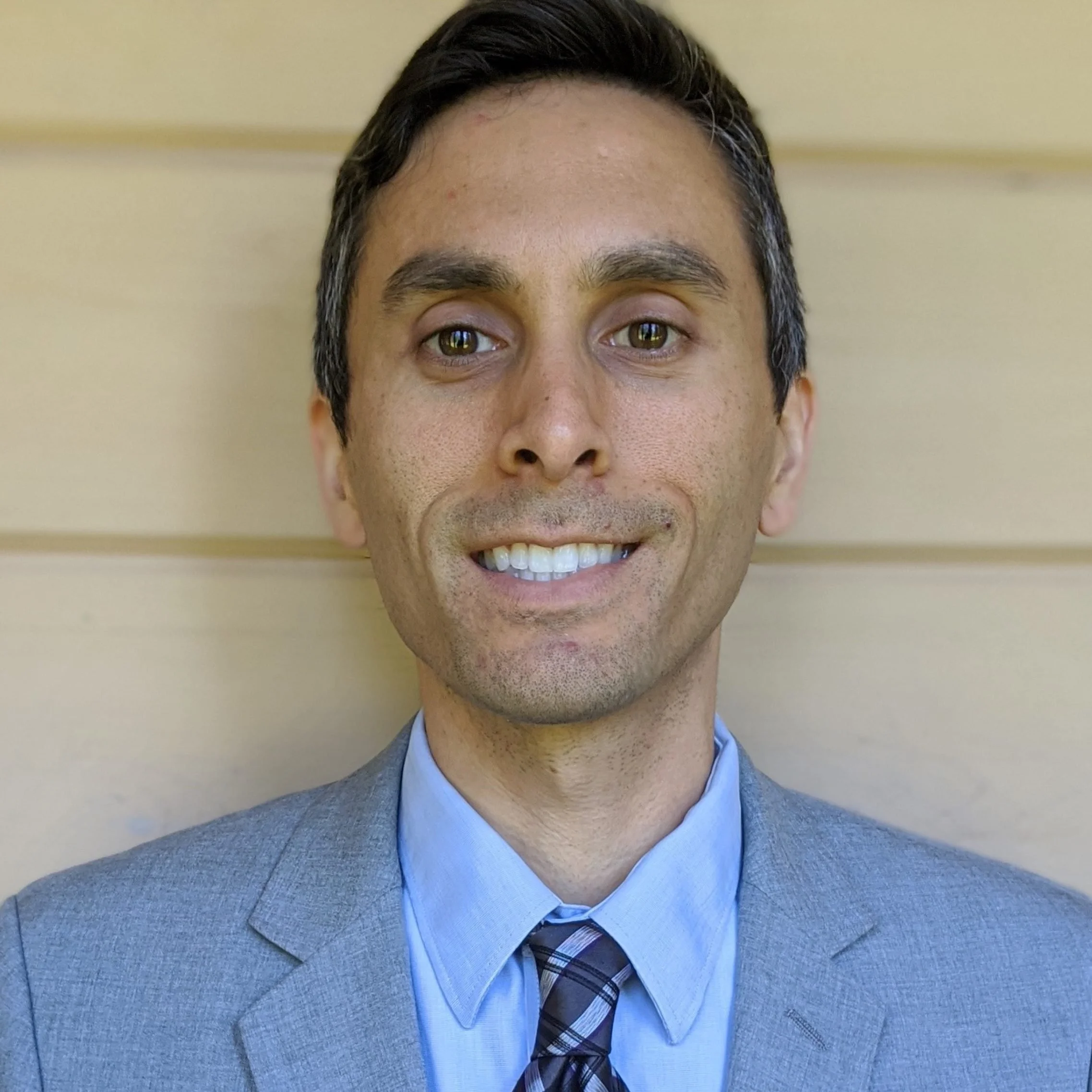
Travis Taniguchi, PhD
Senior Research Associate, Washington State Institute for Public Policy, former researcher National Policing Institute, RTI, Redlands PD
-
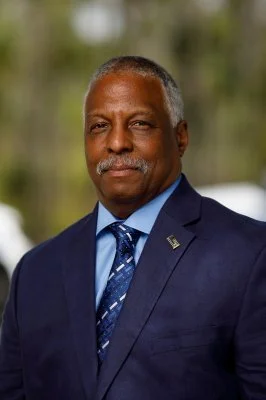
Dave Thomas, PhD
Professor, Florida Gulf Coast University, consultant, Senior Research Fellow, National Policing Institute, retired Corporal., Gainseville PD
-
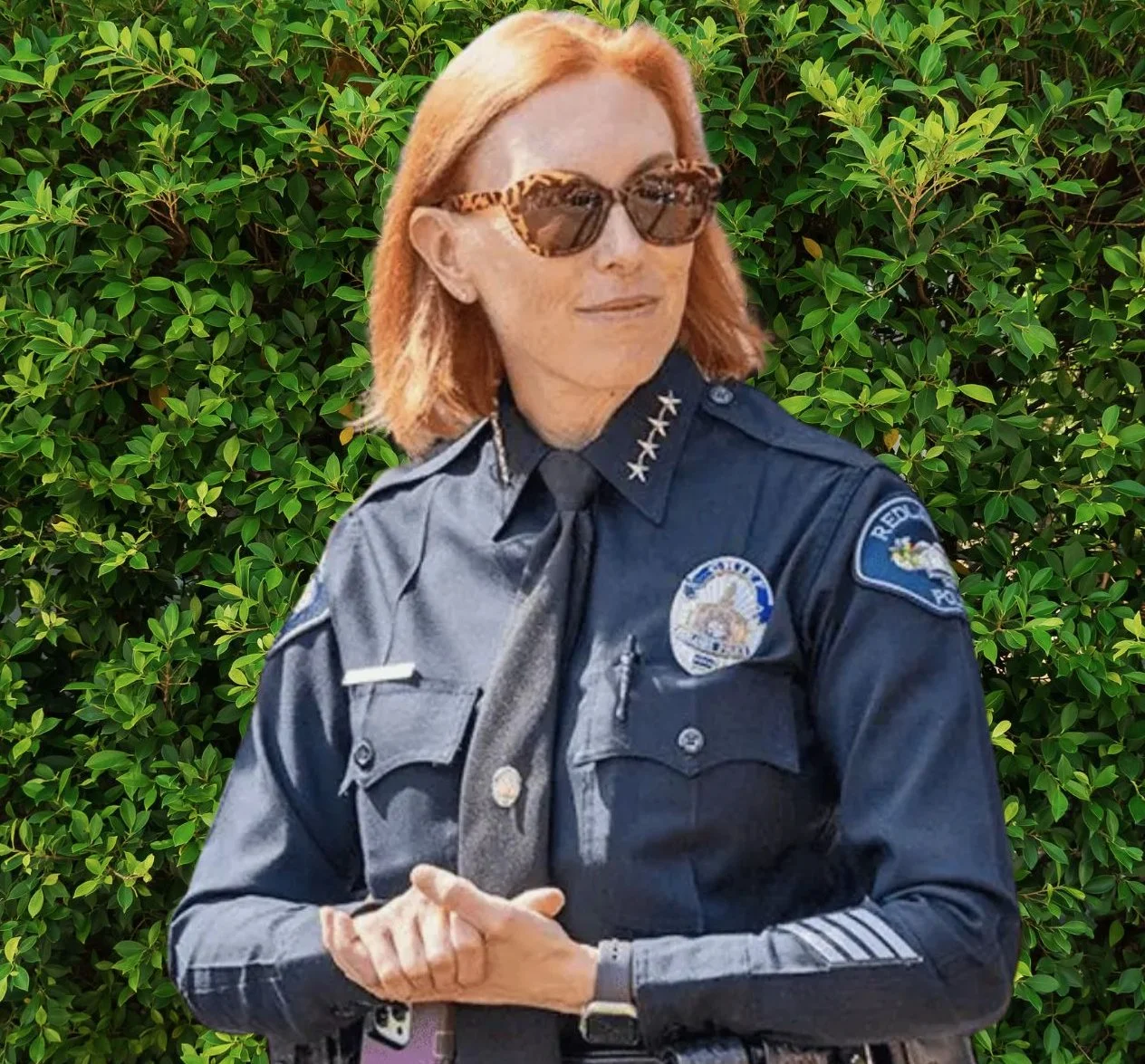
Chief Rachel Tolber
Chief, Redlands PD, (CA), founding board member, American Society of Evidence Based Policing
-
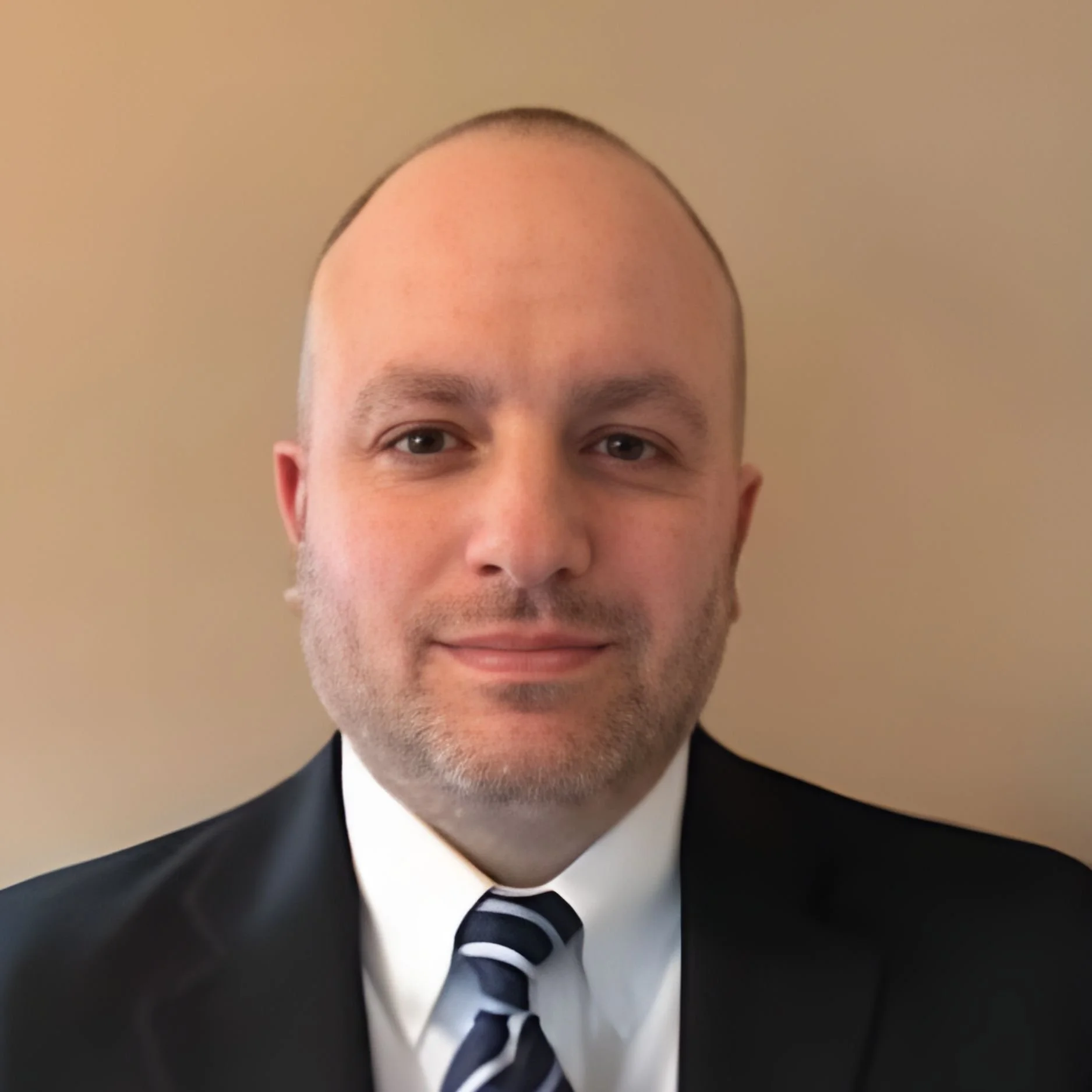
Lt. Frank Tona
Lieutenant with the Charles County Sheriff's Office, MD. Cold case expert, author, adjunct professor.
-

Kendall Turner, JD
Director of the Fund for Alternative Journalism, professor with the Bard Prison Initiative, author.
-
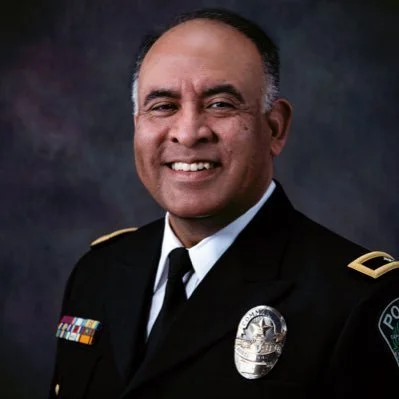
Chief Chris Vallejo
Chief of Police, Topeka PD (KS), Retired Commander, Austin PD, TX, USDOJ LEADS Scholar.
-

Sandy Vastola
Managing Partner of CXle Consulting, director of public affairs for the Charlotte-Mecklenburg Police Department, customer service, communications and marketing strategist, former broadcaster and producer
-
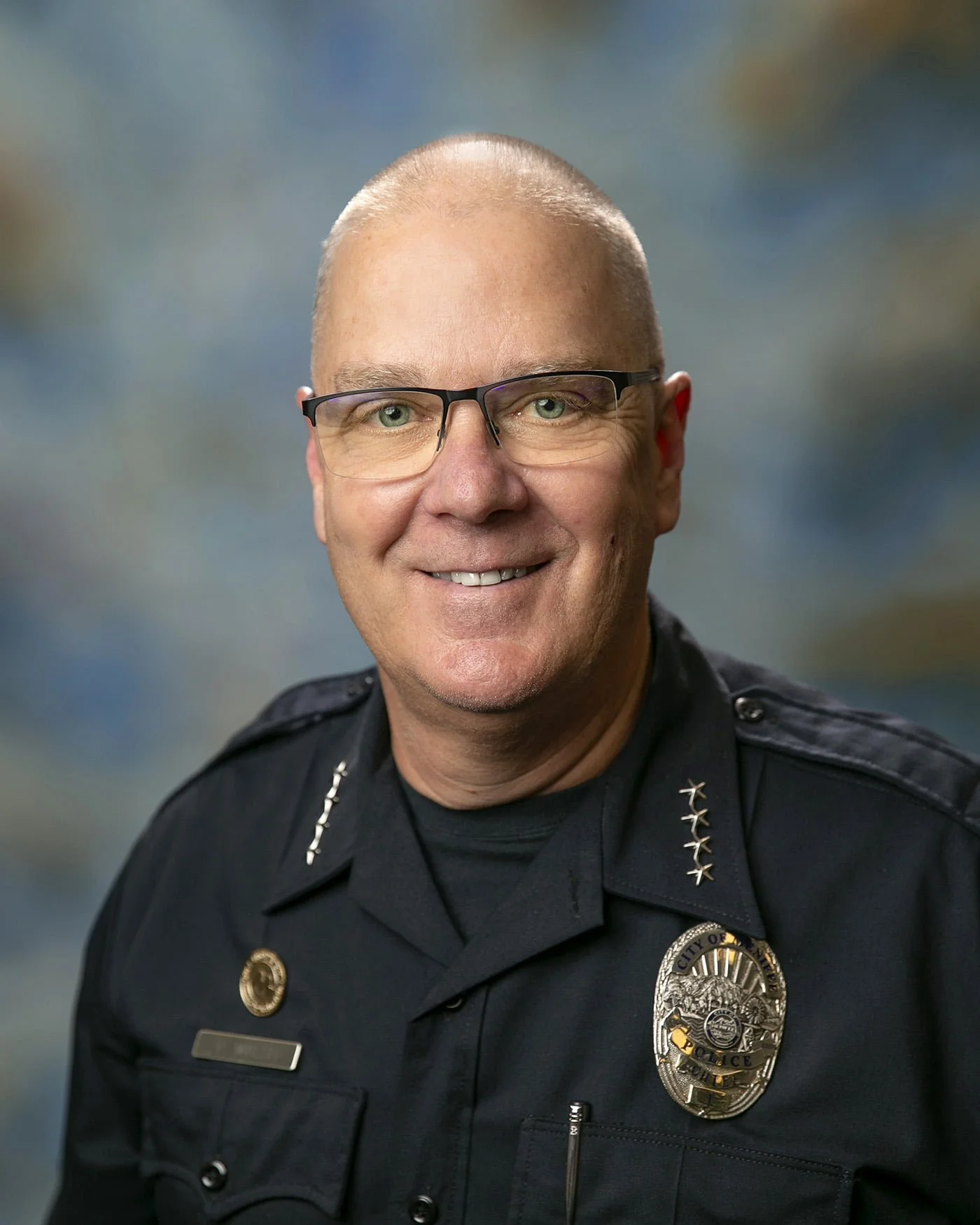
Chief Pat Walsh (ret.)
Consultant, retired Chief of Police, Menifee, CA, Lompoc, CA, Captain, Portland PD
-

Sgt. Shaun Ward, DM
Sgt. with the Charlotte-Mecklenberg PD (NC), Founder of the SLW Group, a organizational consultancy.
-
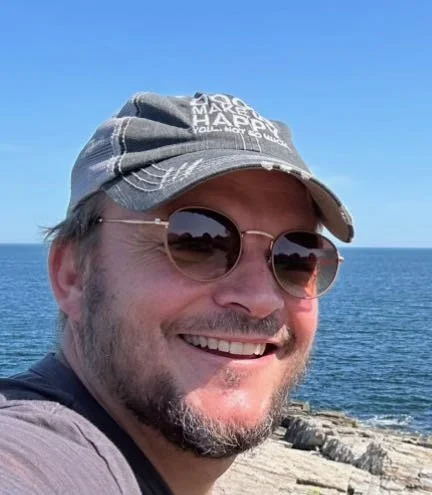
George Watson
Communications consultant, adjunct professor, Univ. of Redlands. Former journalist and writer for the National Police Foundation.
-

Donna M. White, DPA
Police Executive (Retired), Adjunct Professor, Idaho State University, Board Member for the International Associate of Women Police (IAWP), Collaborator
-
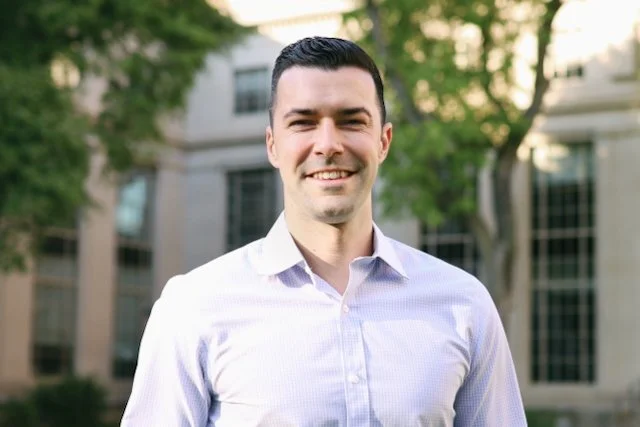
Matt White
Co-founder and CEO of Multitude Insights, former Naval Flight Officer and EP-3E Mission Commander
-

Maj. Dave Williams (ret.)
Global Public Safety & Justice Lead, Microsoft, retired major, US Army
-

Sean Wire
Research criminologist in the Policing Research Program at RTI International
-
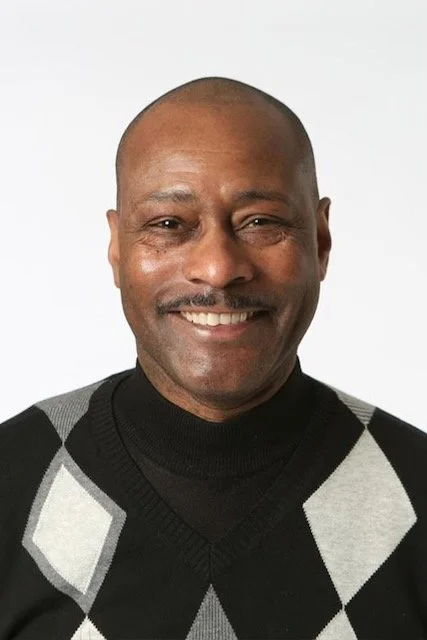
Chief Noble Wray (ret.)
Retired Chief of Police, Madison (WI), Consultant to USDOJ.
-

Katie Wrigley
Cognomovement Practitioner and Coach – pain and trauma specialist. Host of The Catapult Effect podcast.
-
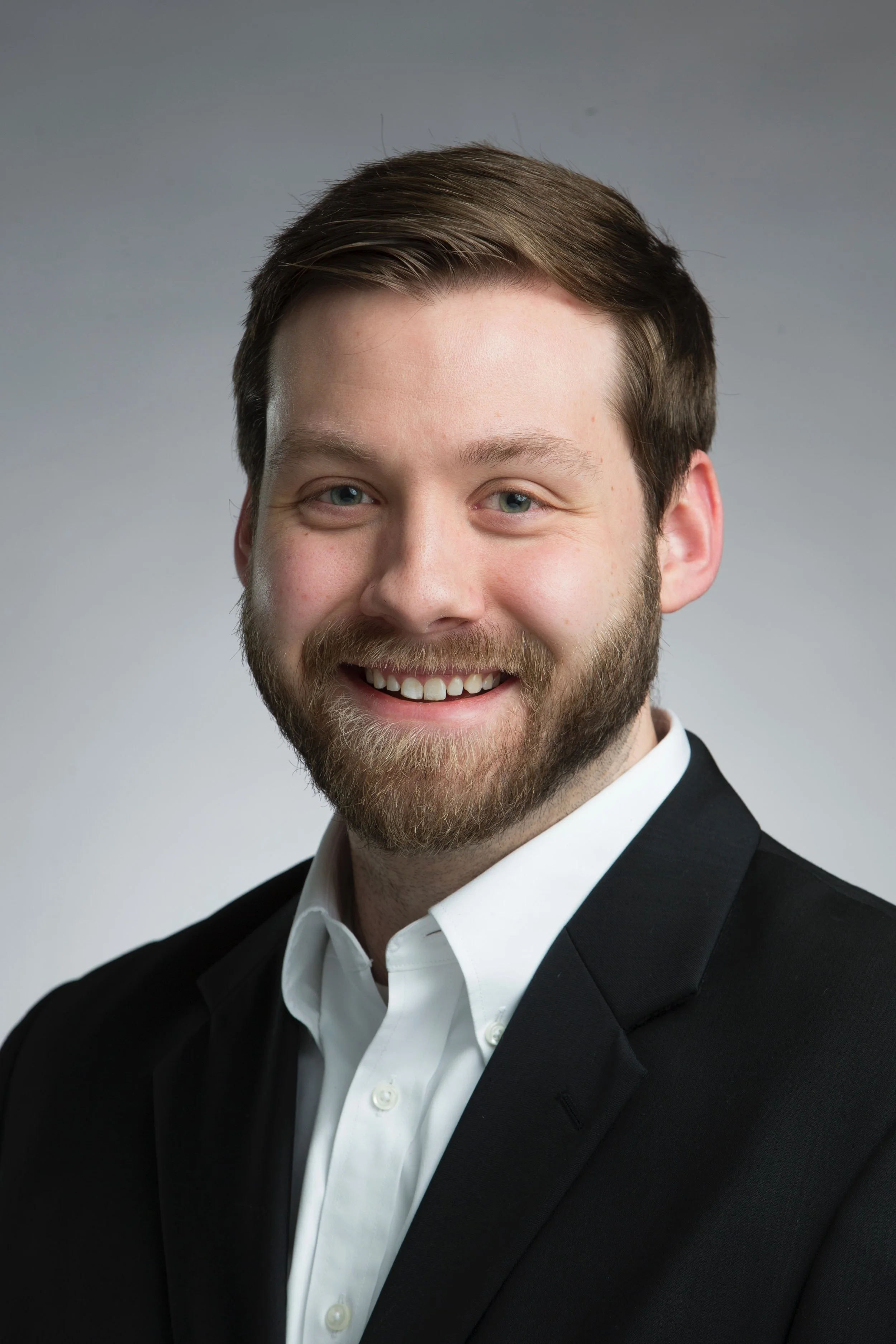
Michael Zidar, PhD
Senior Manager, Corporate AI Solutions, Axon, former Assistant Professor, School of Information Technology, University of Cincinnati (OH), former IT Innovation Manager, City of Boulder, CO.
-

Chief Kristen Ziman (ret.)
Retired Chief of Police, Aurora, IL, Co-host The Hollow Bunny Leadership Podcast, author, motivational speaker, consultant.
Our Strategic Partners
Strategic partners of the Future Policing Institute are organizations whose mission and values are compatible with those of the Institute and whose leaders are committed to collaborative explorations of policing’s future.
Police2Peace is a national nonprofit organization which is bridging the gap between law enforcement agencies and the communities they serve by implementing positive changes in policing practices. Through transformational programs designed to bring about agency culture change for police and sheriffs using the framework of police officers as “peace officers”, P2P fosters trust, understanding, and cooperation between police officers and community members through multiple, innovative initiatives.
The University of Virginia’s Center for Public Safety and Justice serves as a hub for innovation, education, and leadership development in public safety, addressing the most pressing challenges of our time.
It aims to empower public safety leaders to improve public service and enhance the well-being of communities, not just in Virginia but across the nation and beyond. It is committed to advancing leadership, research, and education to strengthen public safety and justice in a diverse and rapidly changing world, bringing together educators, practitioners, and scholars.
The Justice Clearinghouse espouses an inter-disciplinary approach to understanding and resolving the challenges affecting our justice and public safety arena. It offers year-round “virtual conferences” for justice professionals to learn from the thought leaders, innovators, researchers, and street-wise, experienced professionals in their fields, without the cost, travel, or time out of the office.
The Future Policing Institute continuously searches for new collaborators. If you think our missions align, reach out and “let’s chat!”
Acknowledgement
Bill Tafoya
In 1989, I attended the FBI National Academy in Quantico, VA. While there, I took a elective graduate course - "Futuristics in Law Enforcement - taught by FBI Supervisory Special Agent Bill Tafoya. This was a very unique class he had been teaching since 1982.
As was the case for the majority of police leaders taking Bill’s class, it was a perspective-altering experience for me. I never looked at policing the same way again. And for that, I will be eternally indebted to Bill. The Future Policing Institute, and whatever value it represents, is directly connected to Bill Tafolla's desire to exponentially change the mindset of policing leadership.
Thank you Bill. Thank you for what you did for policing. Thank you for what you did for me.
Jim Bueermann
President and Founder




